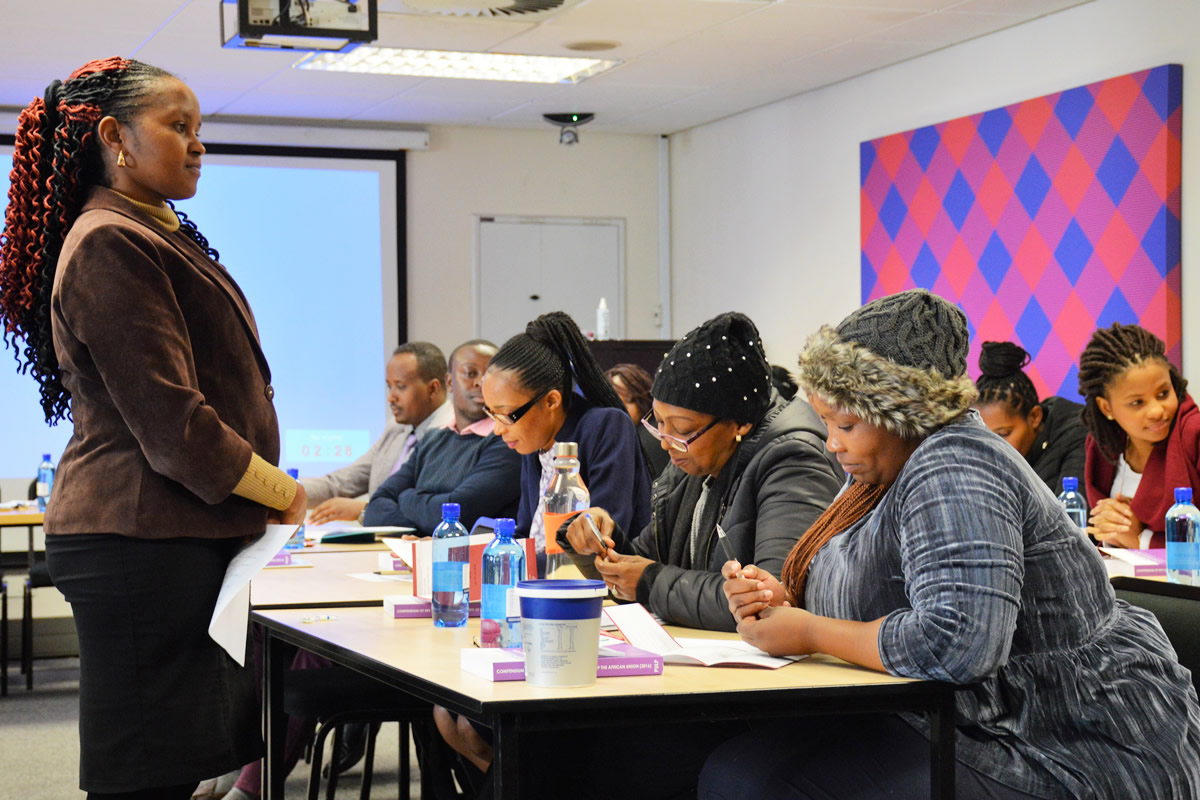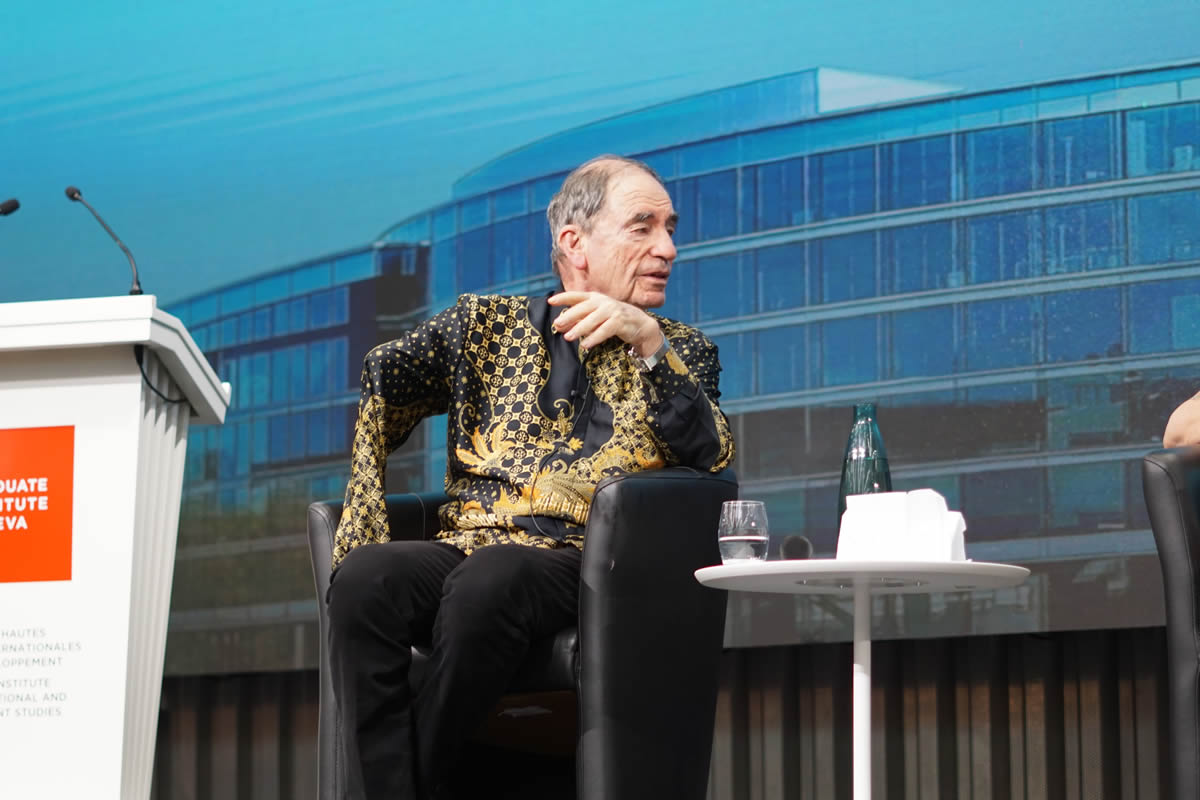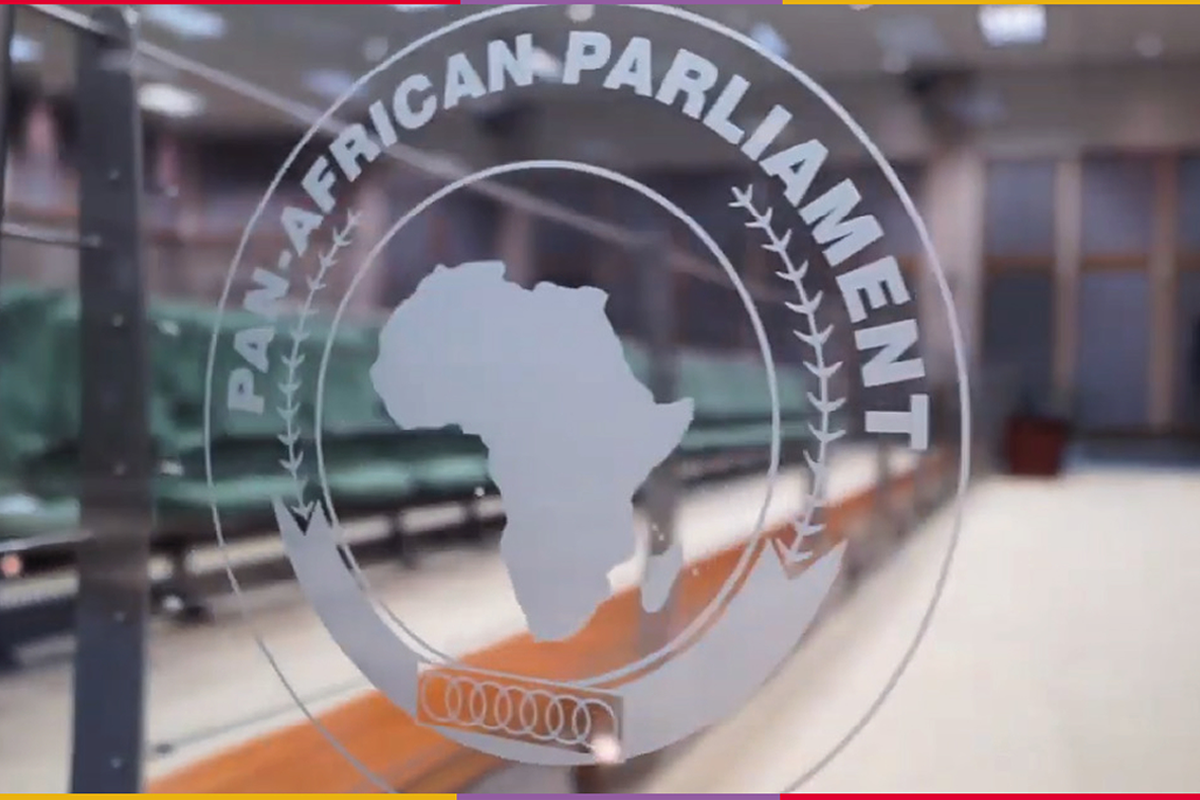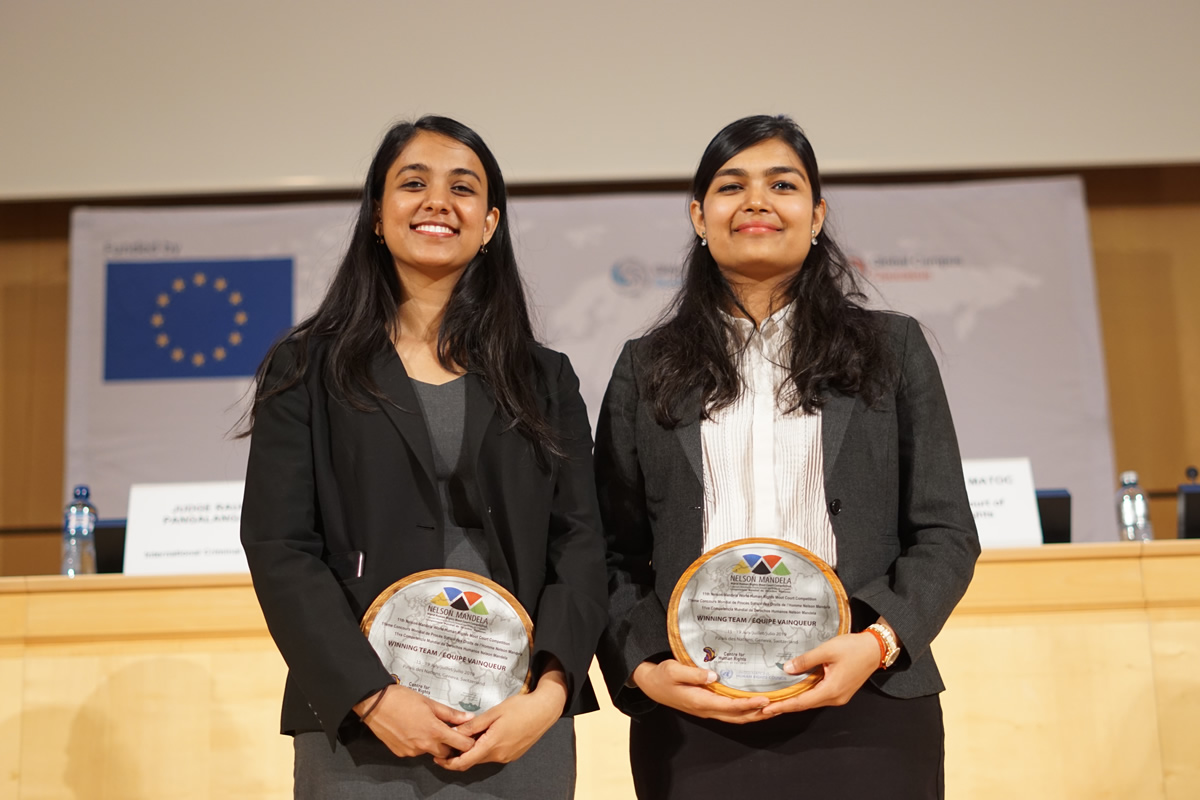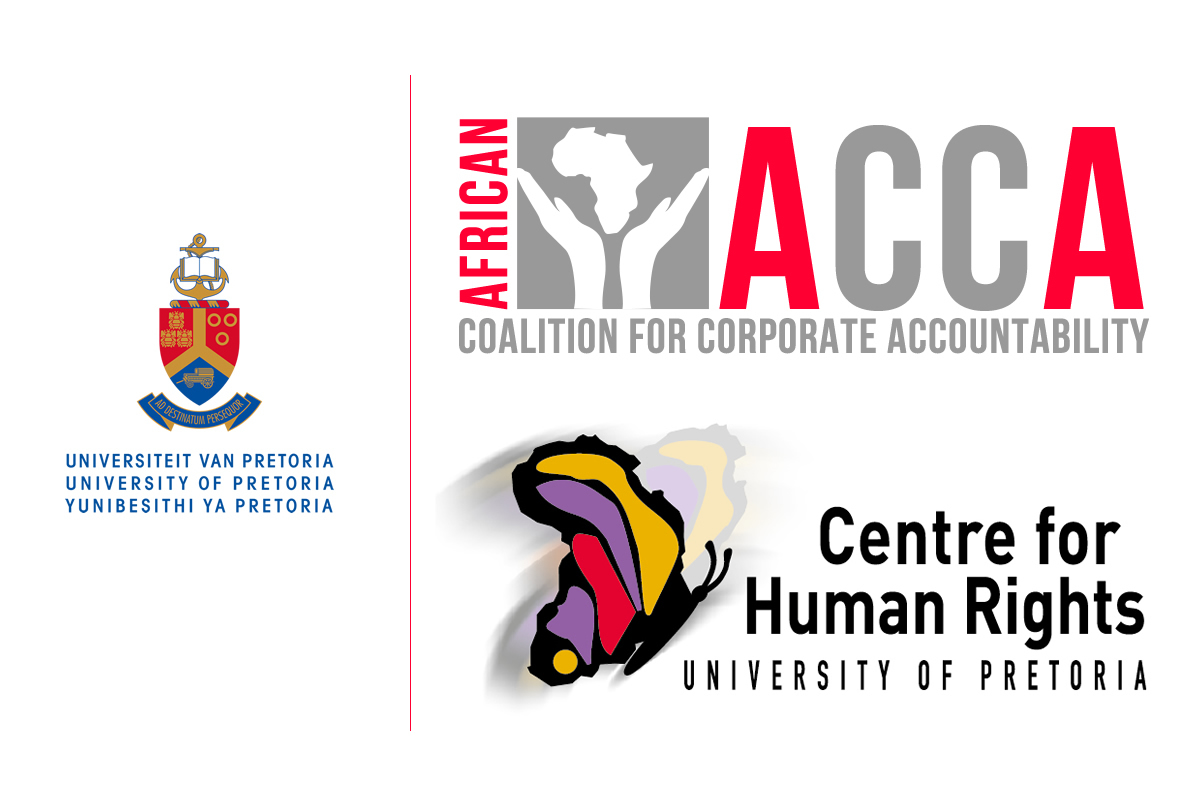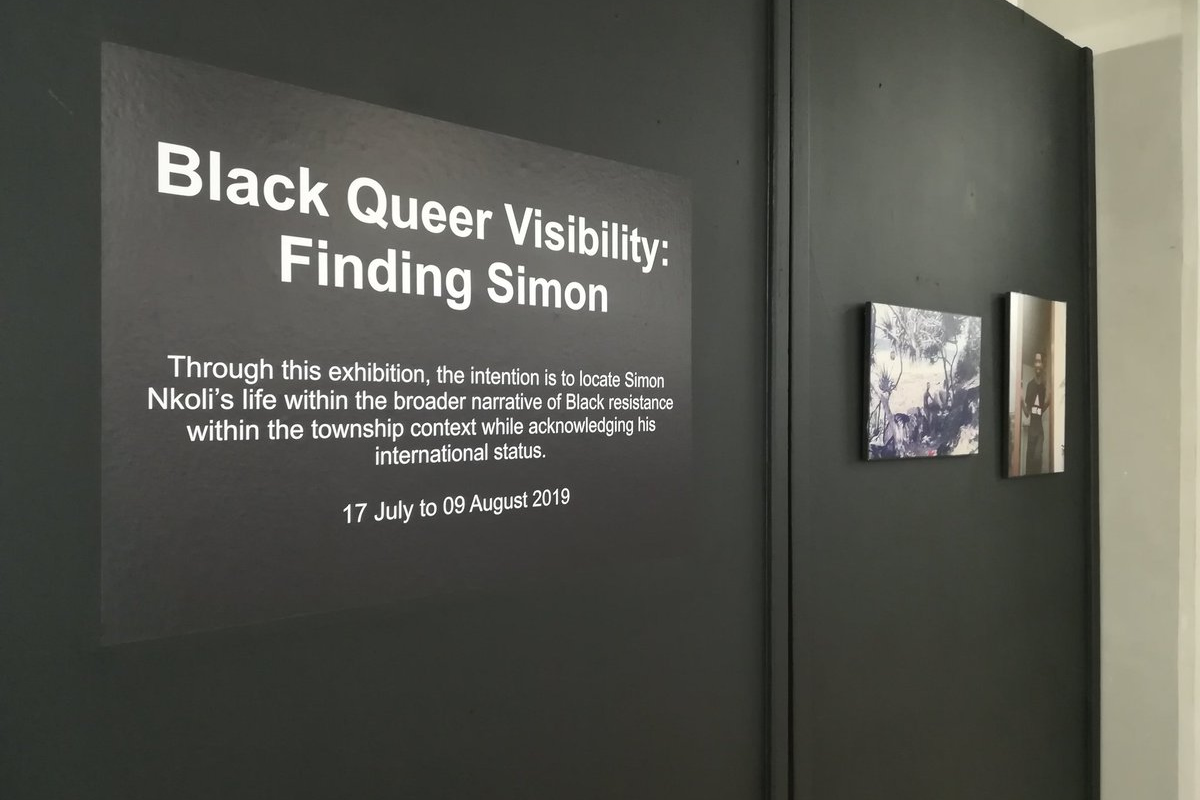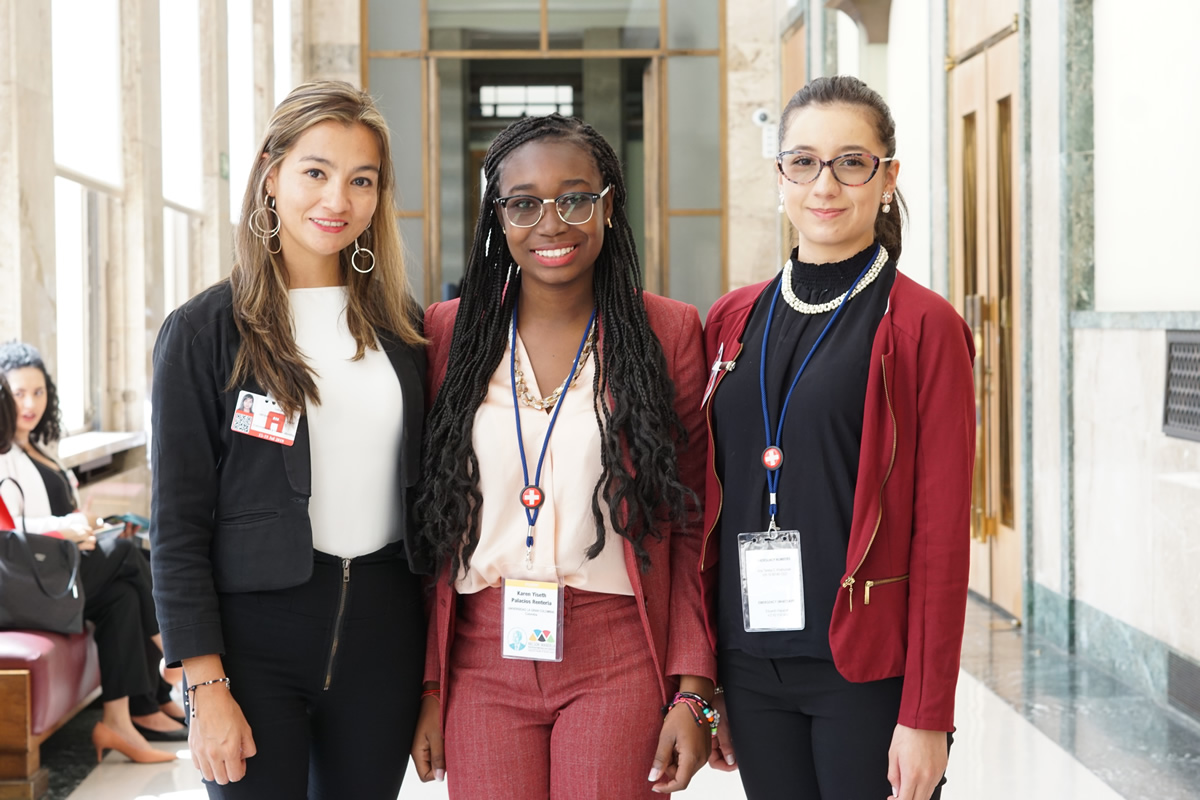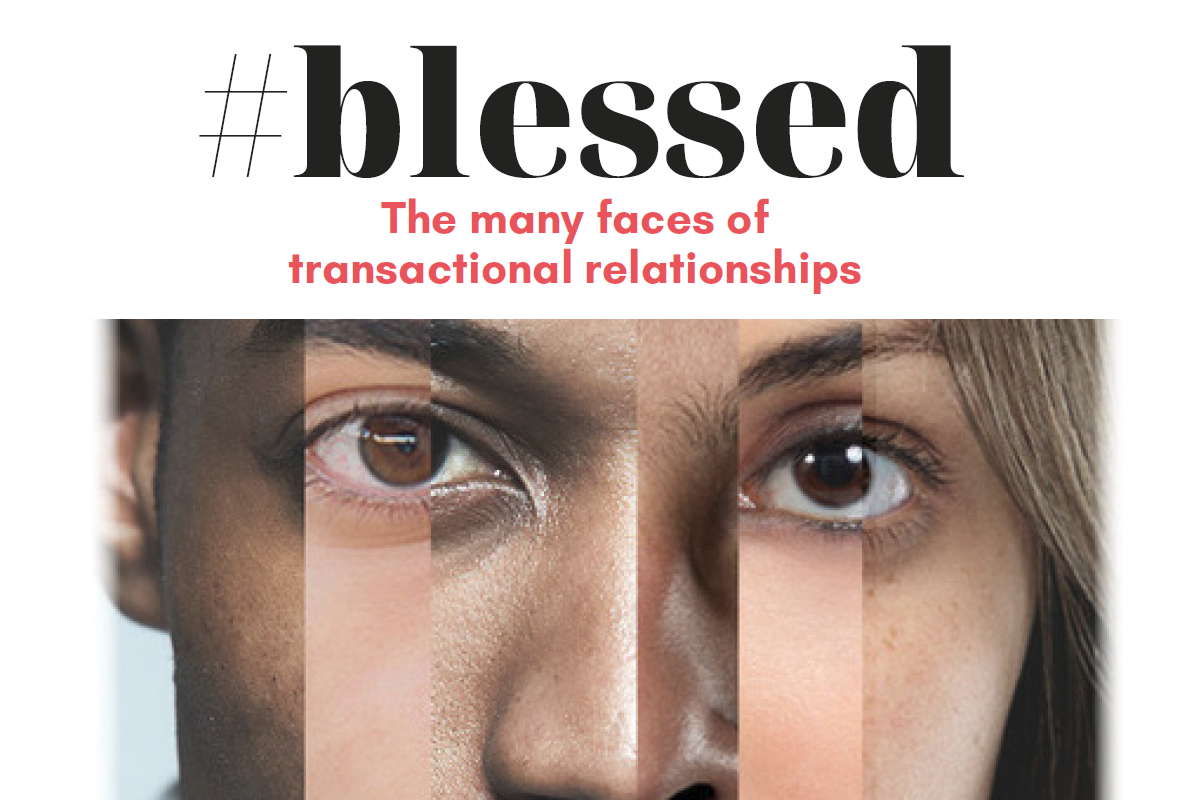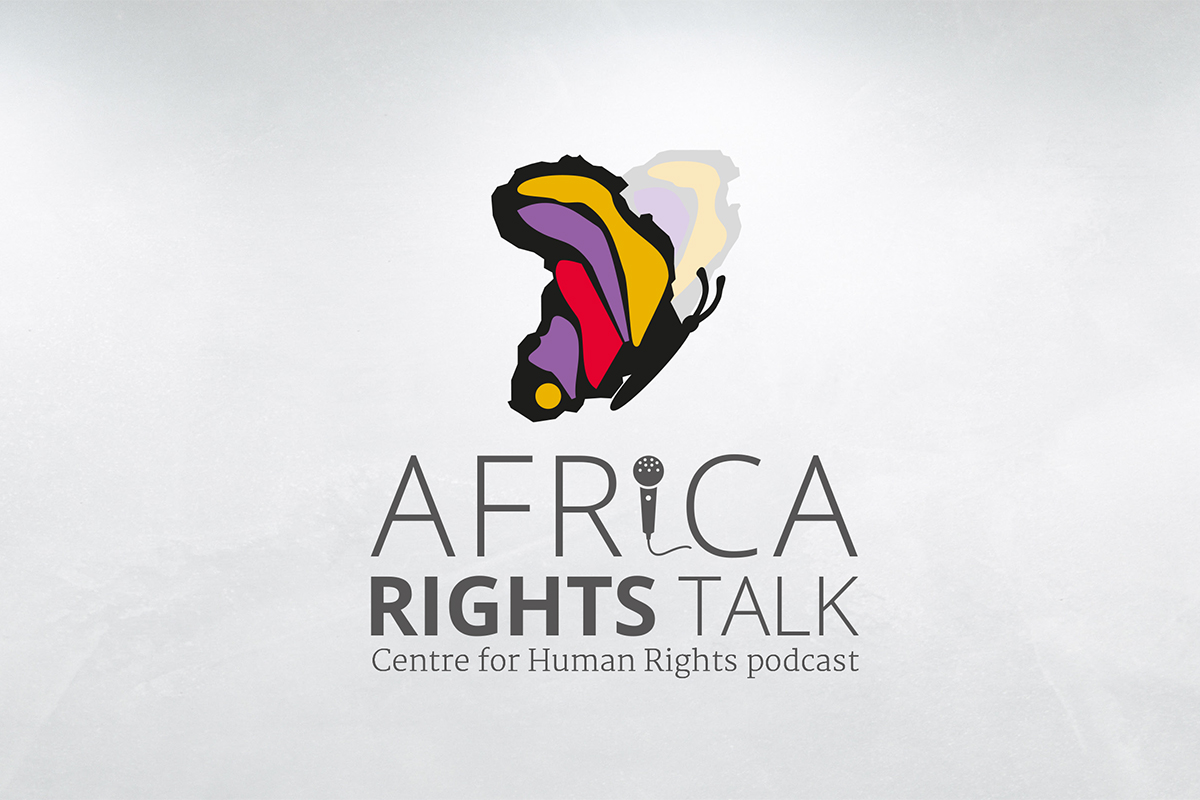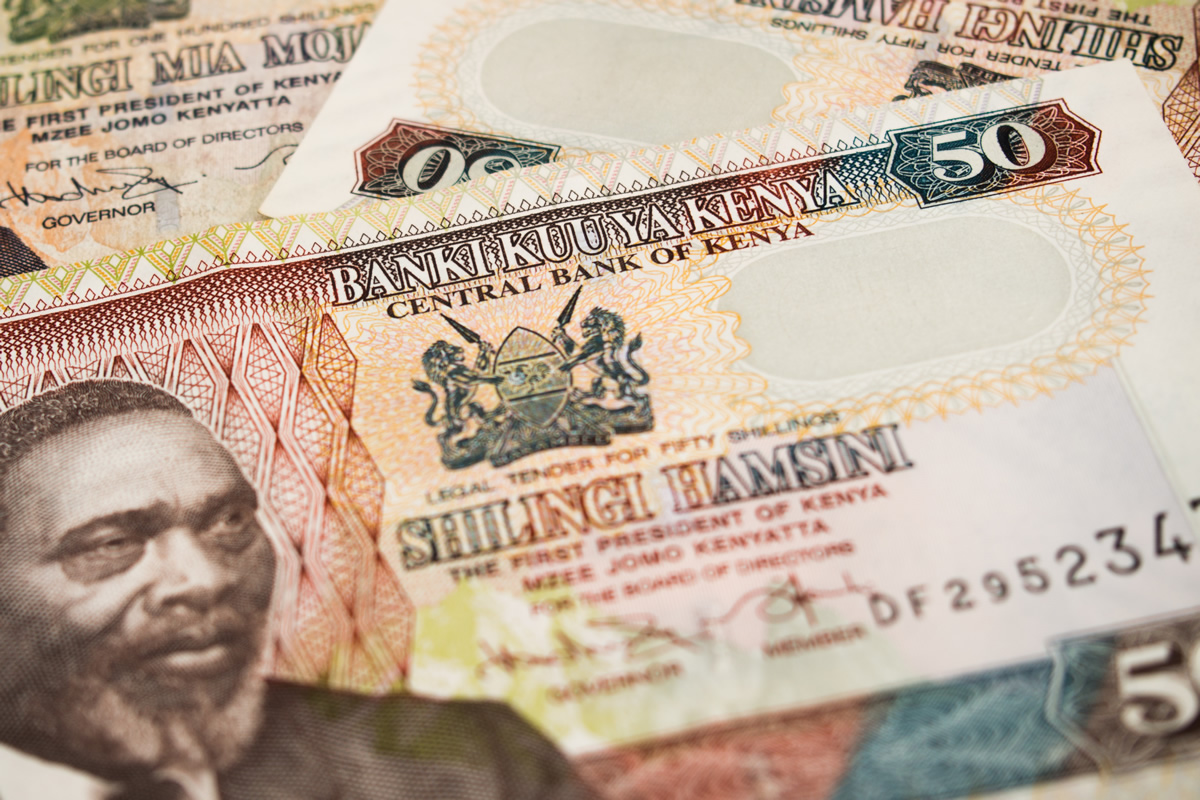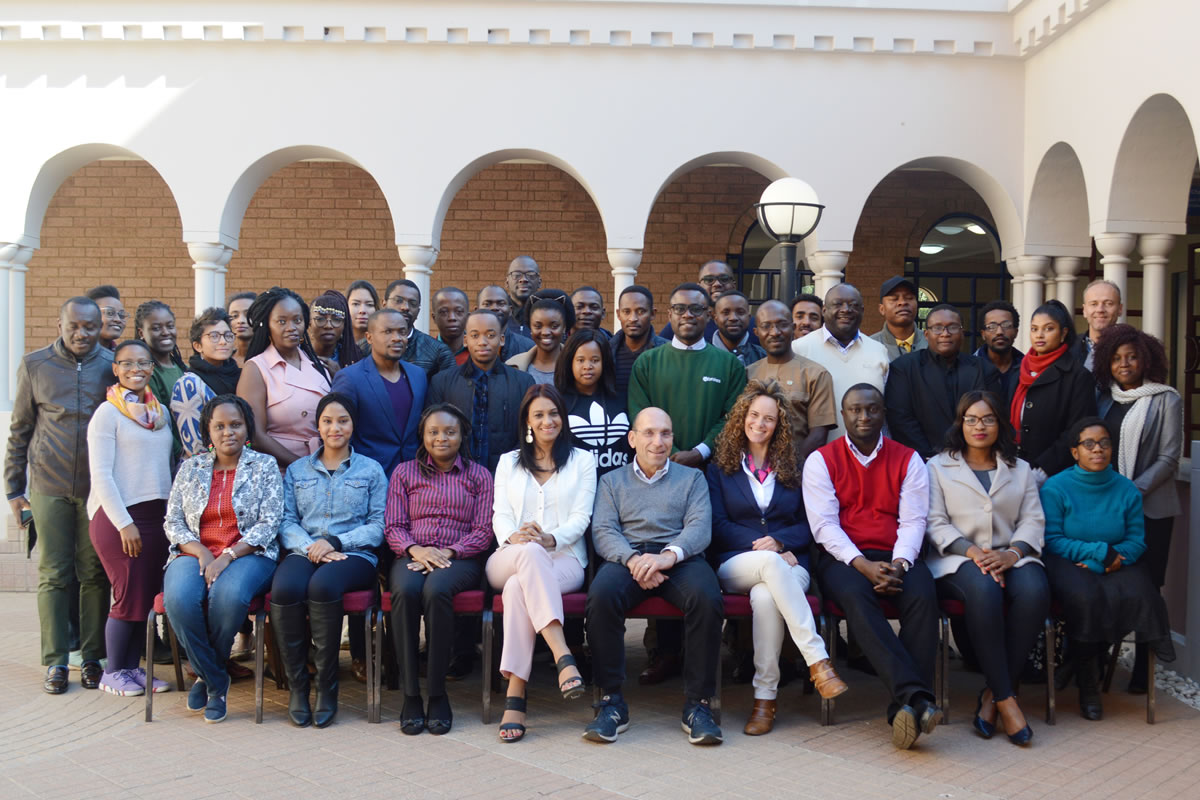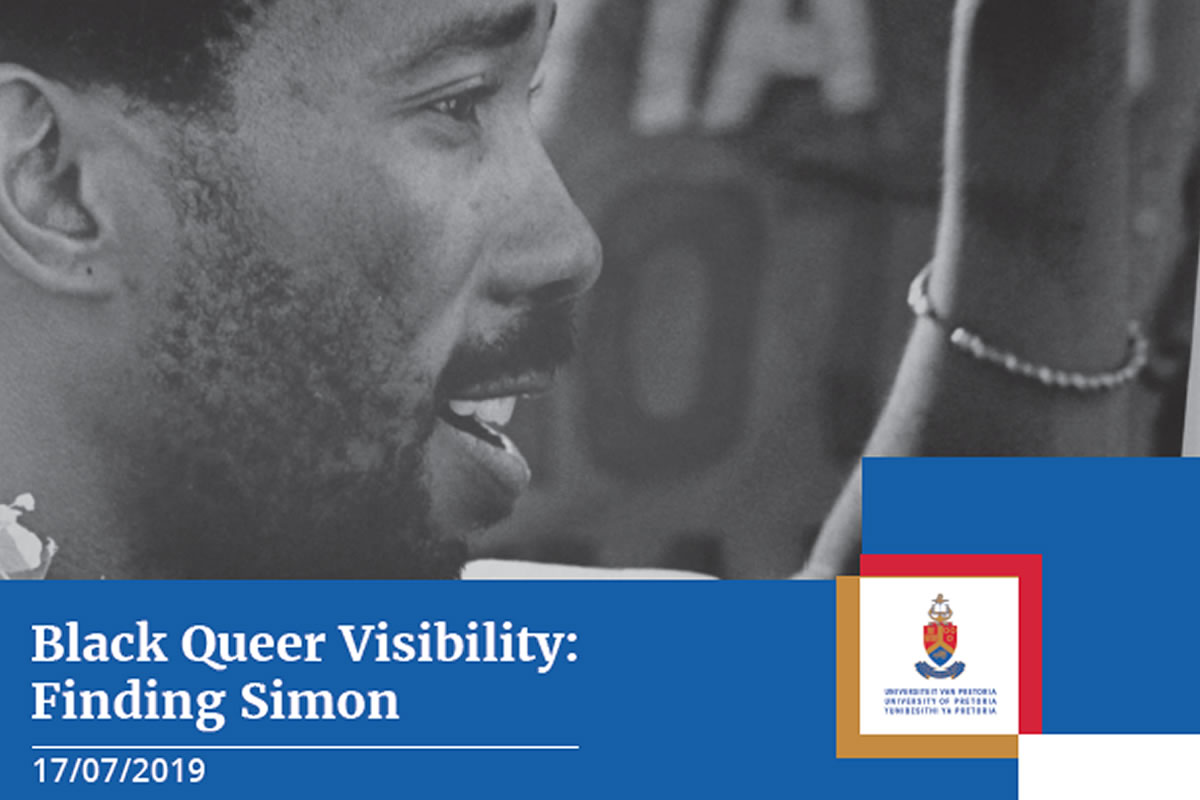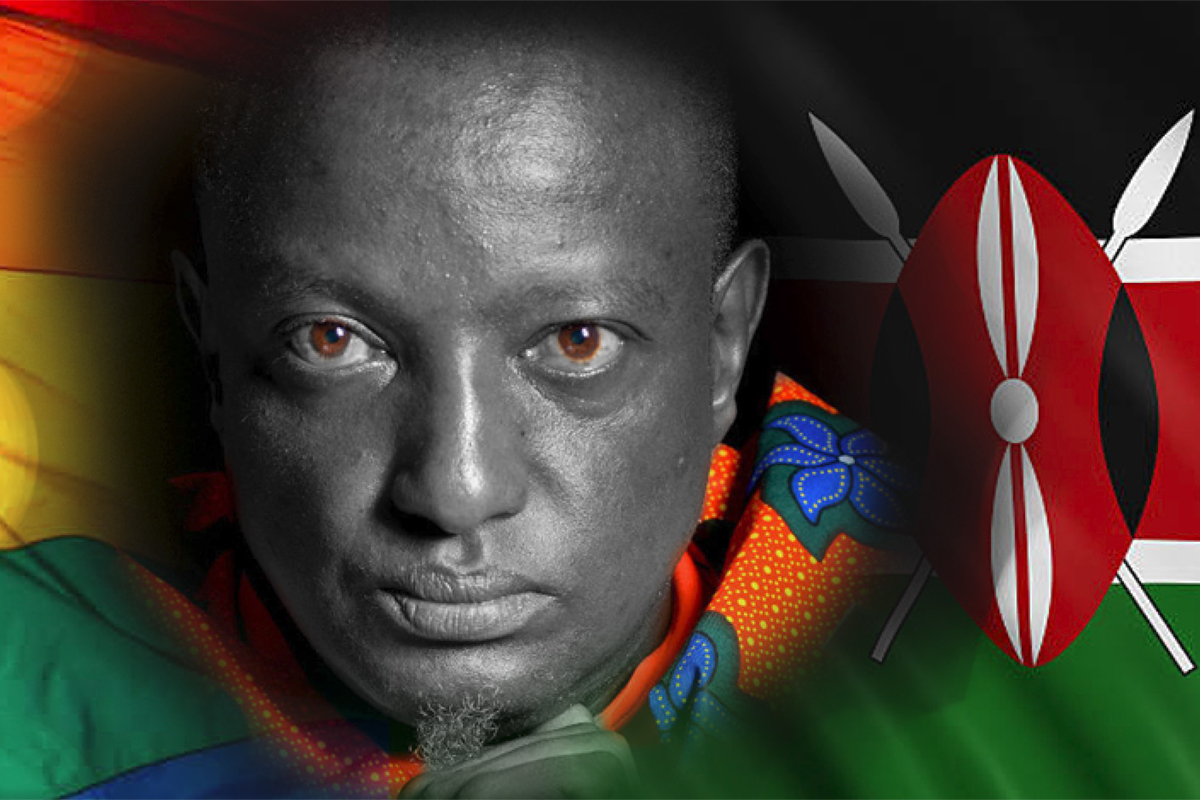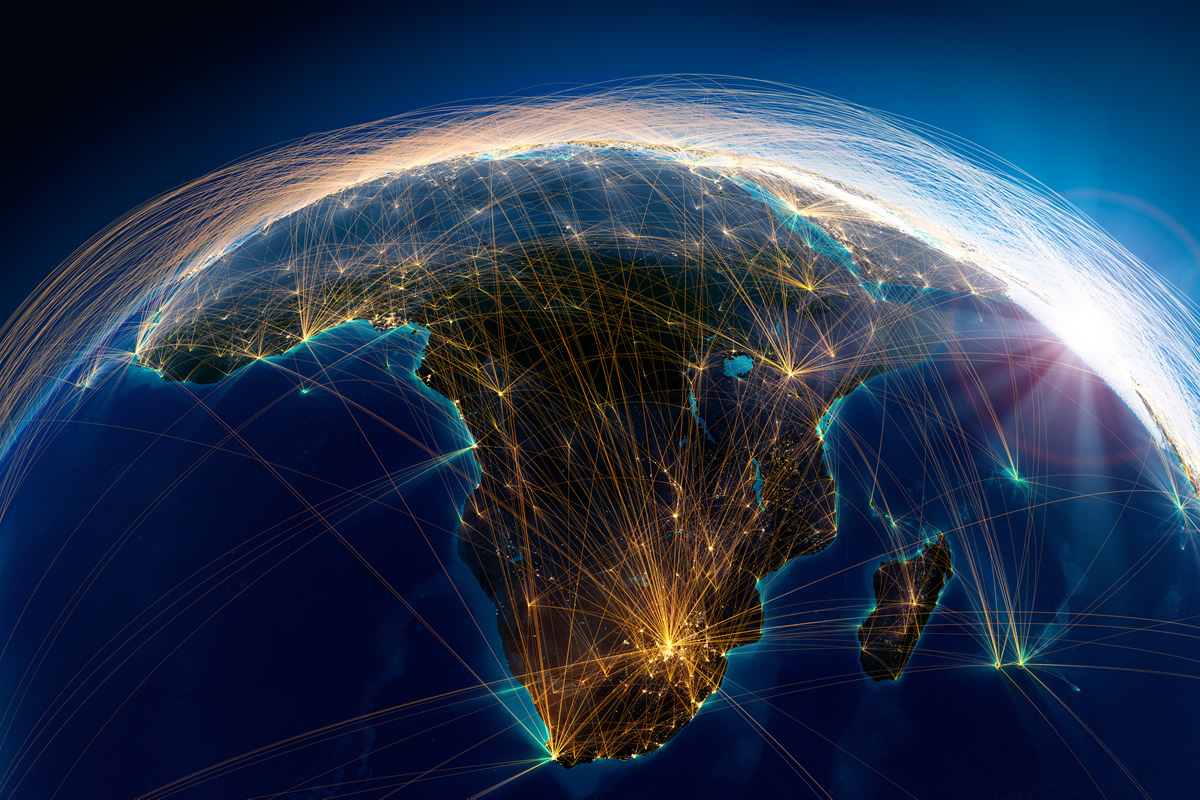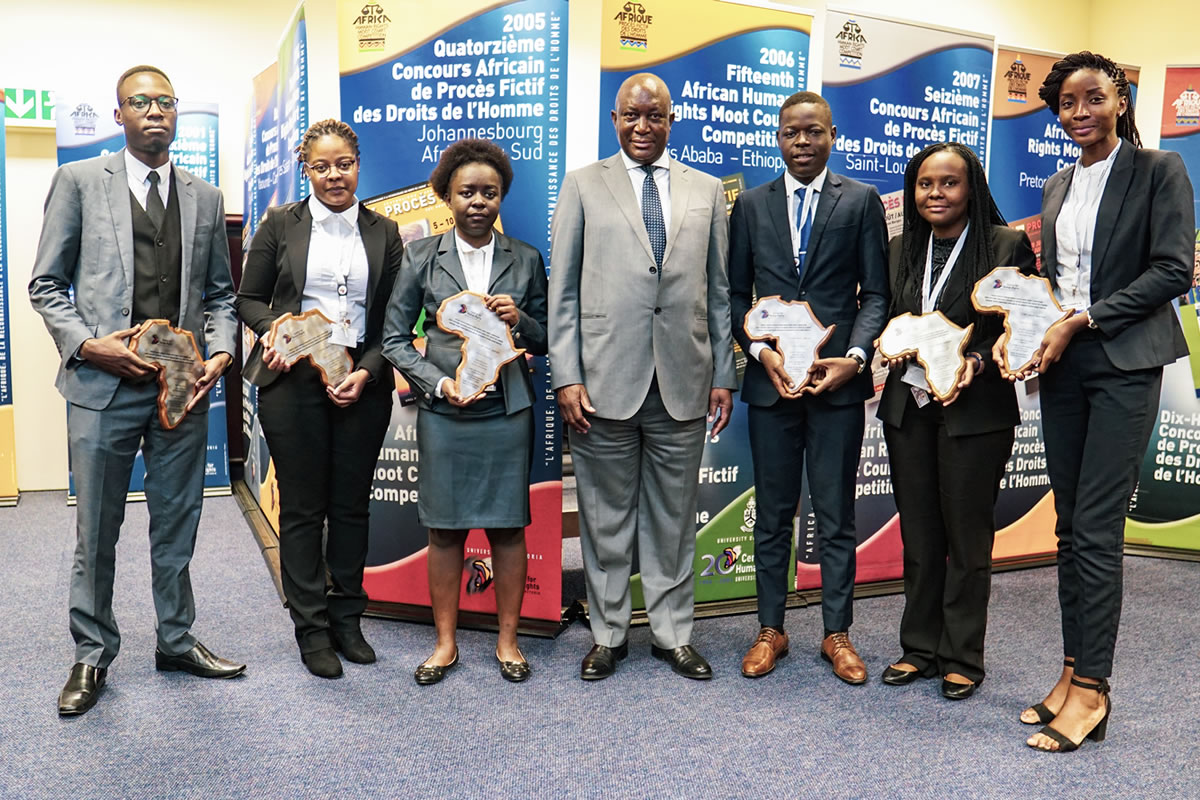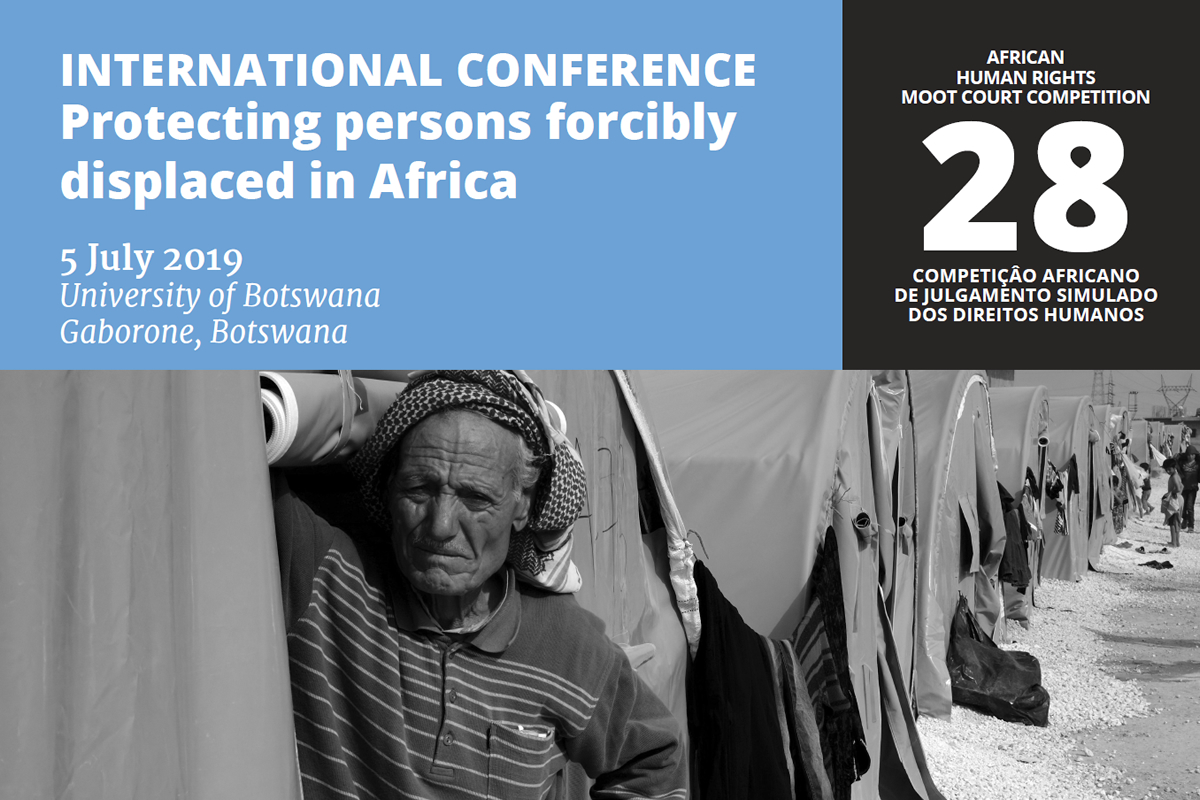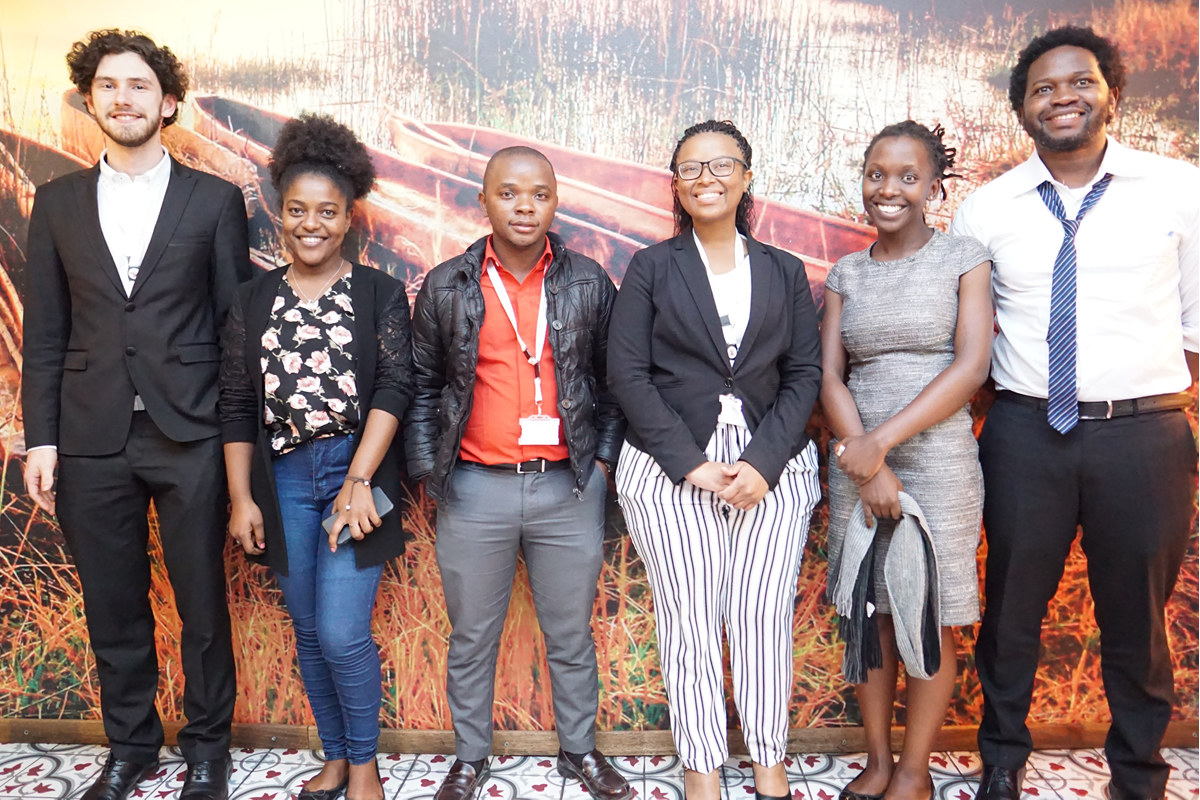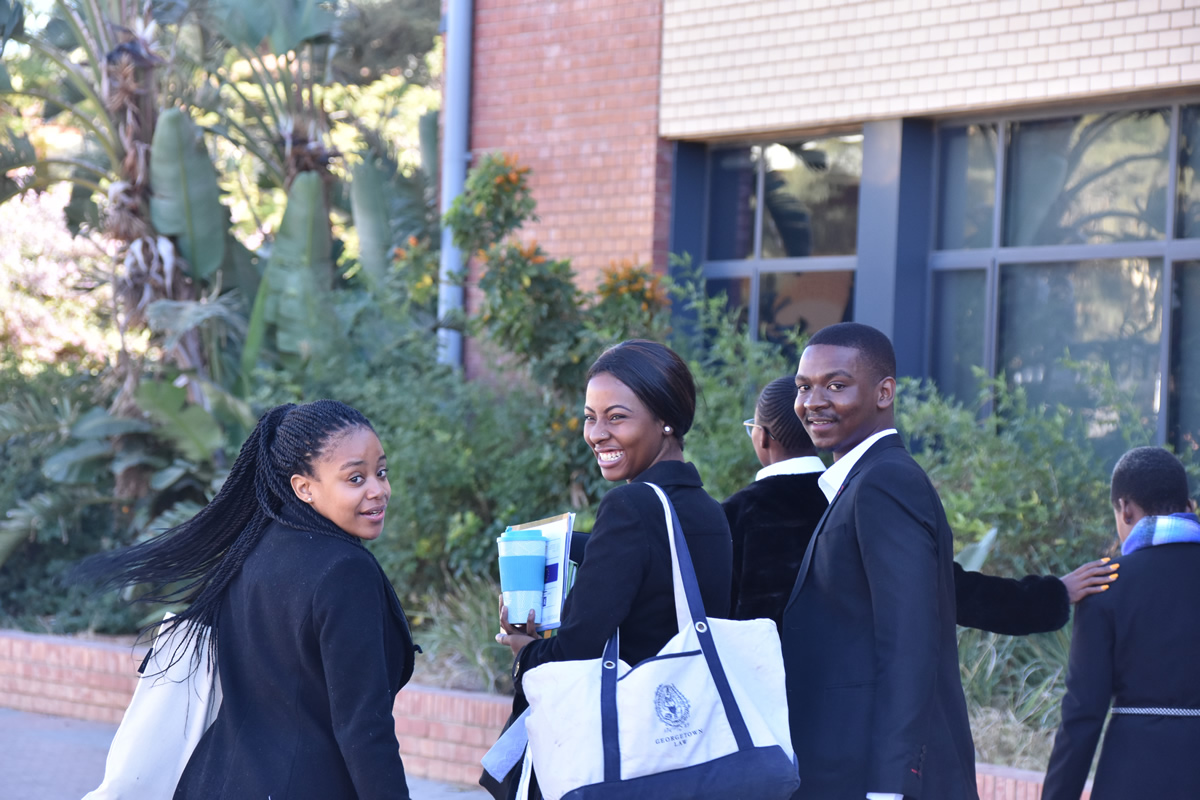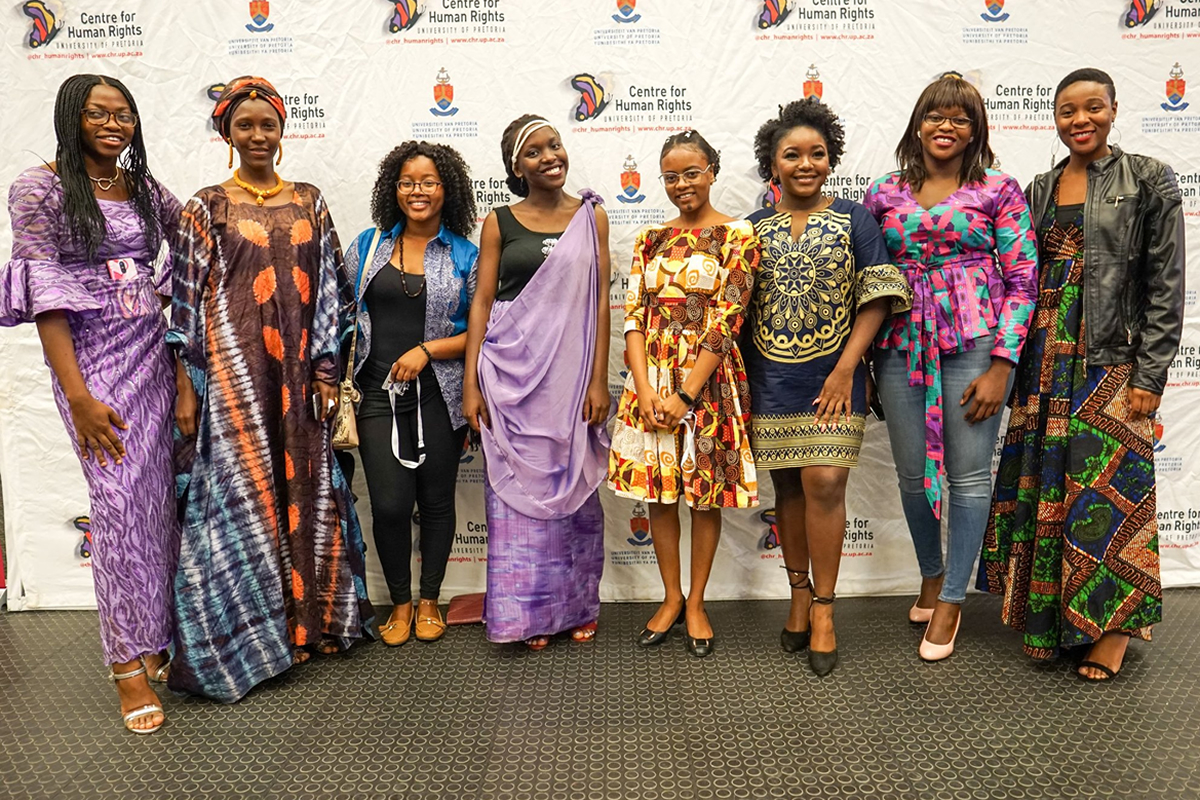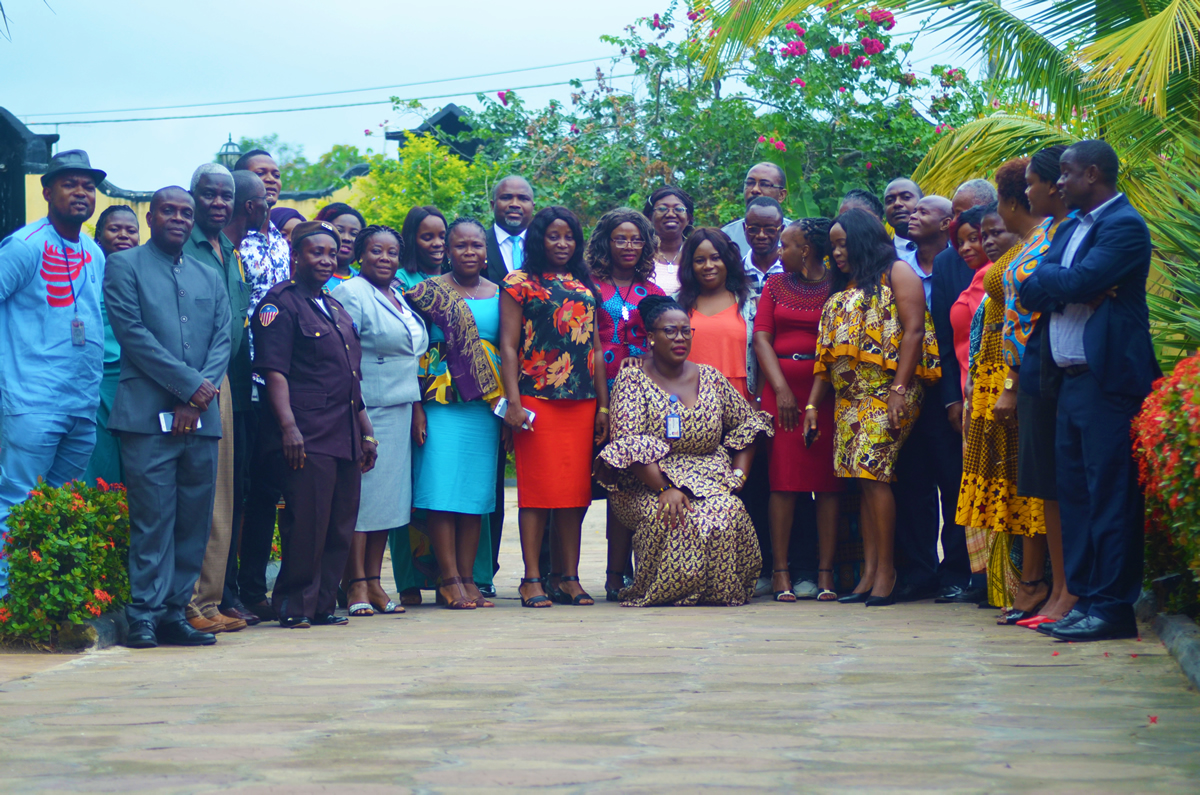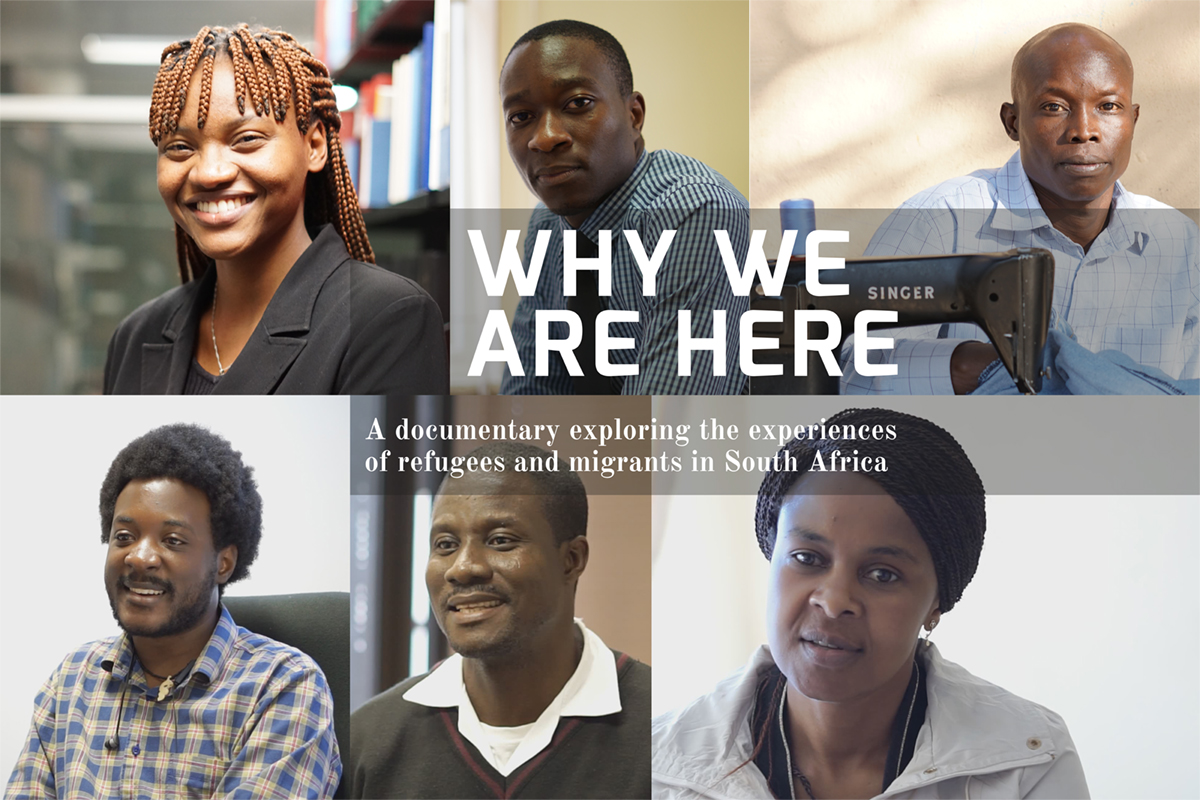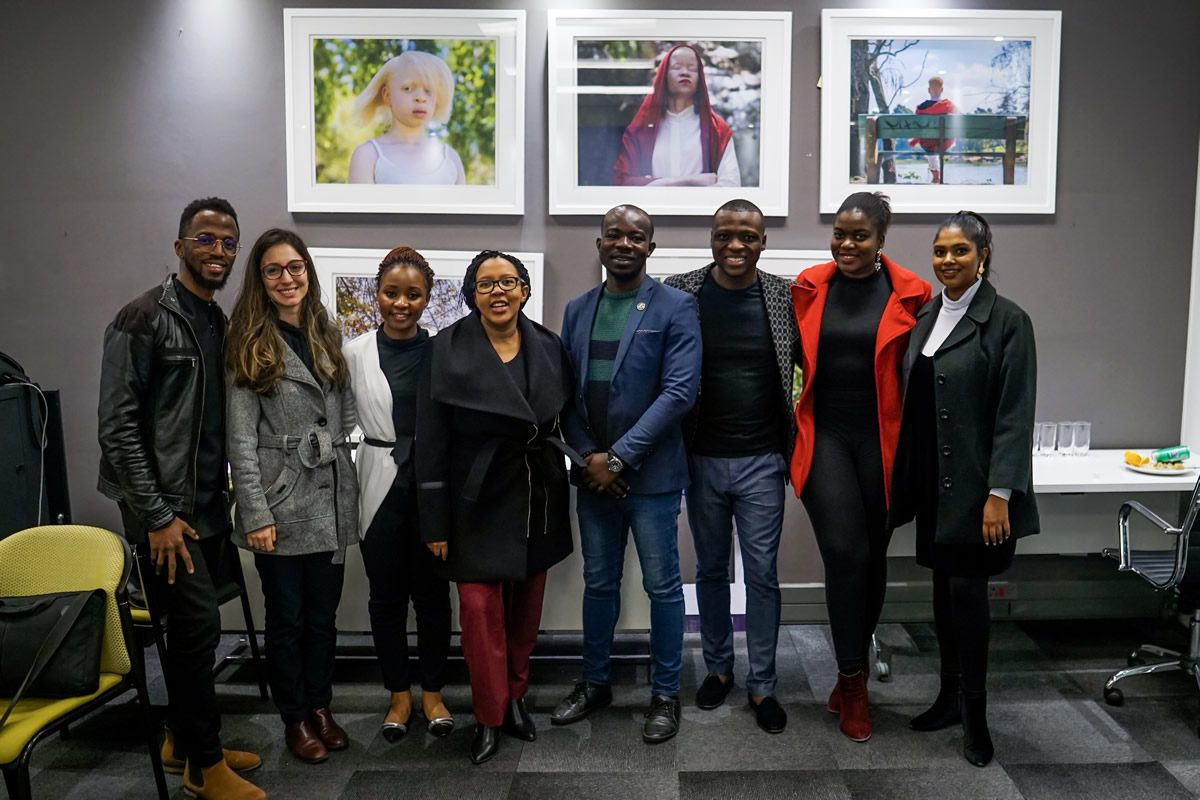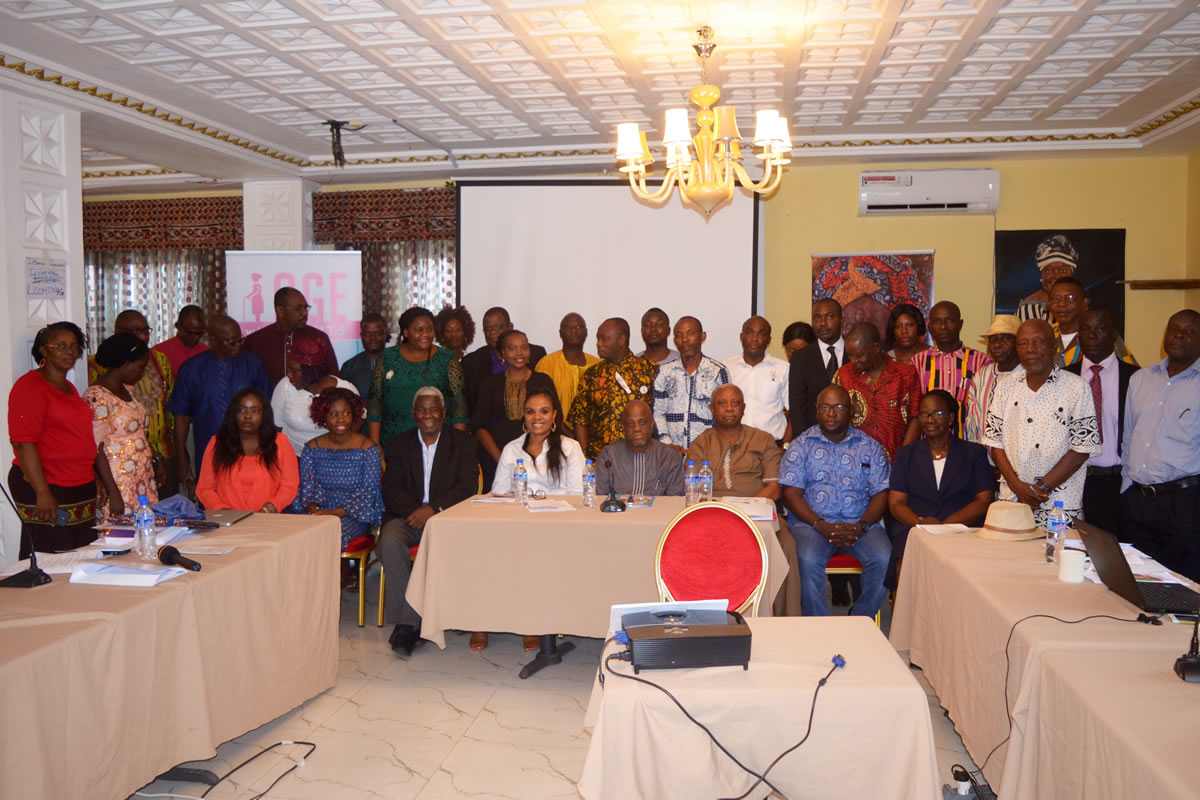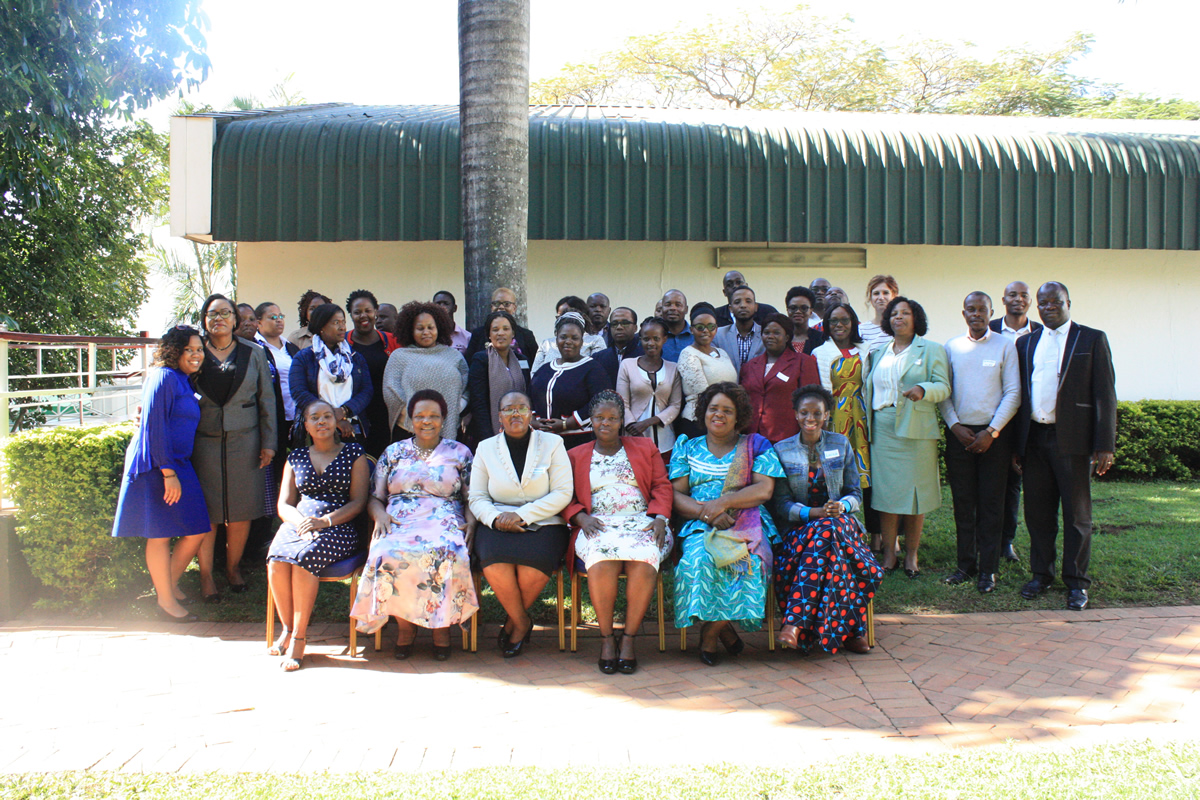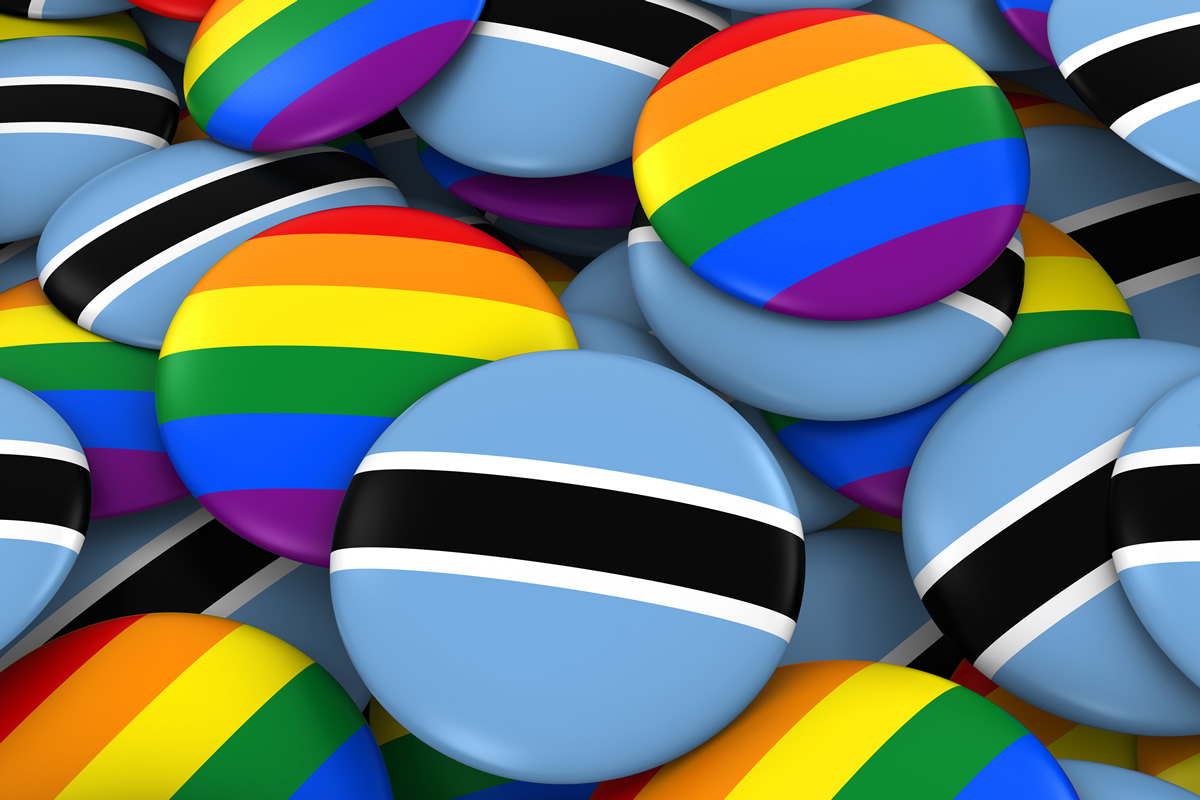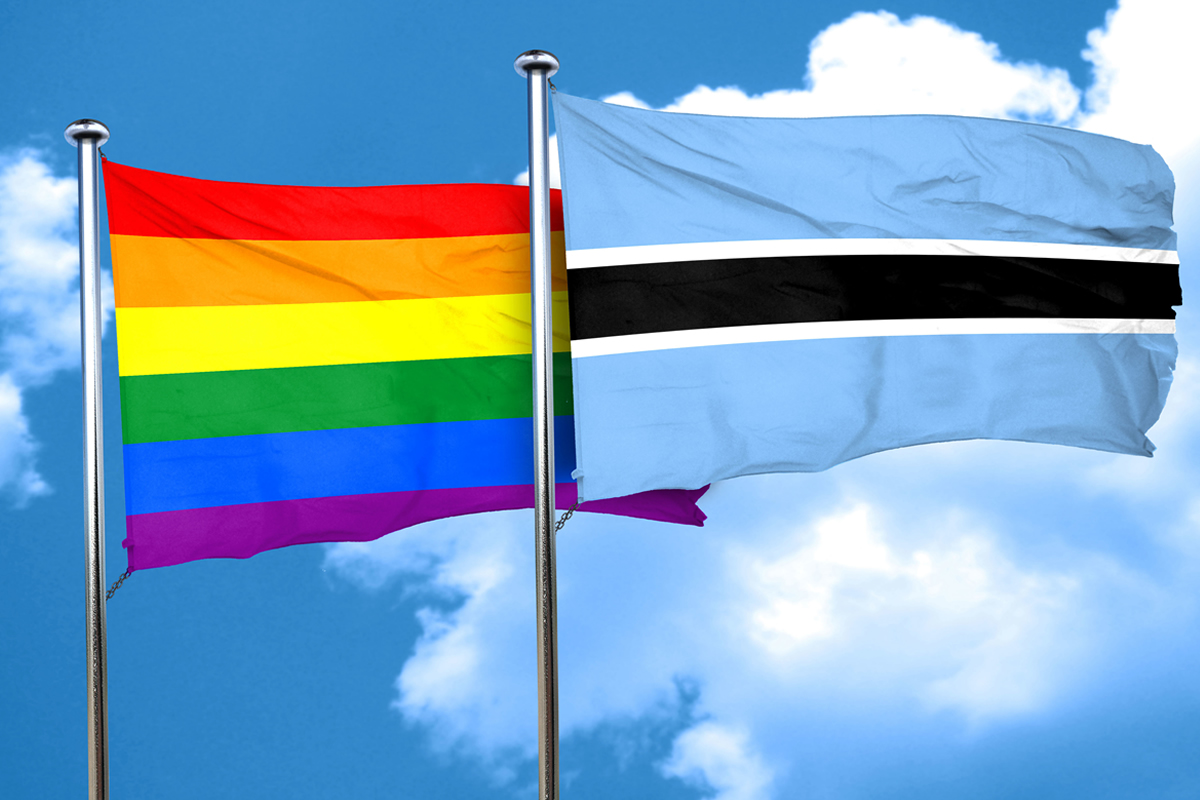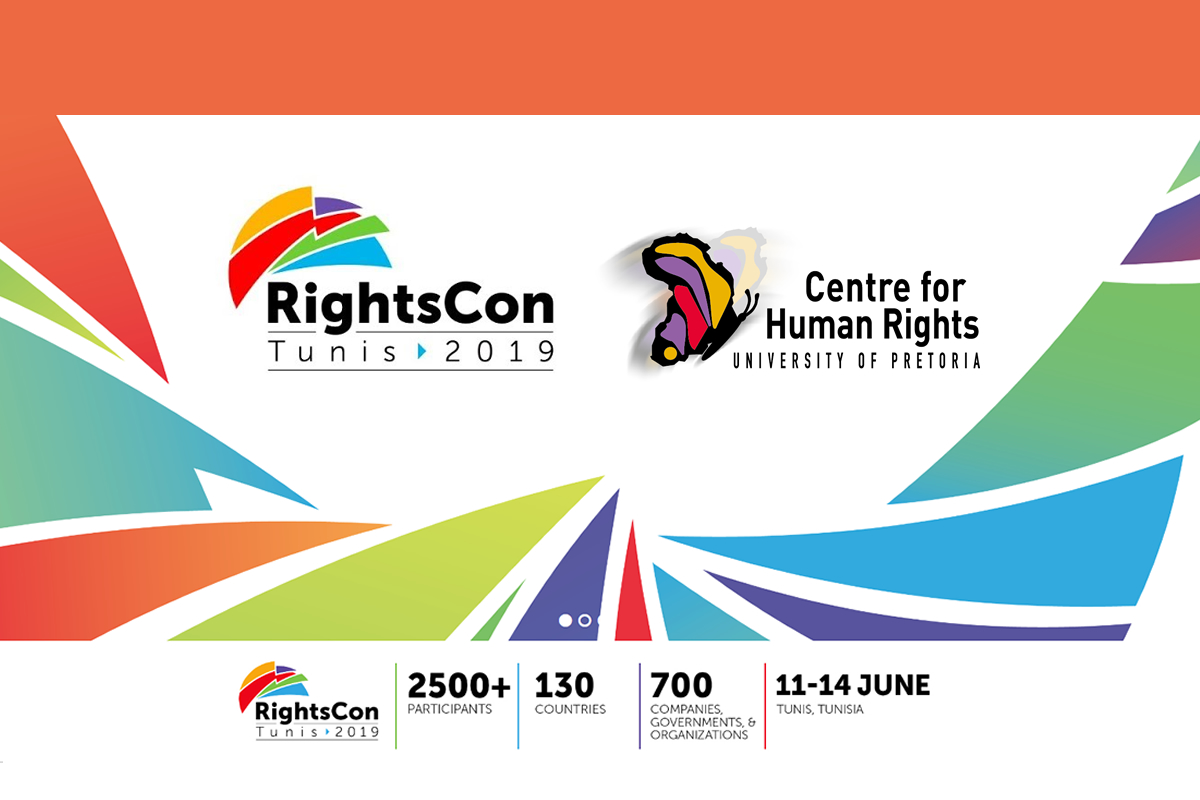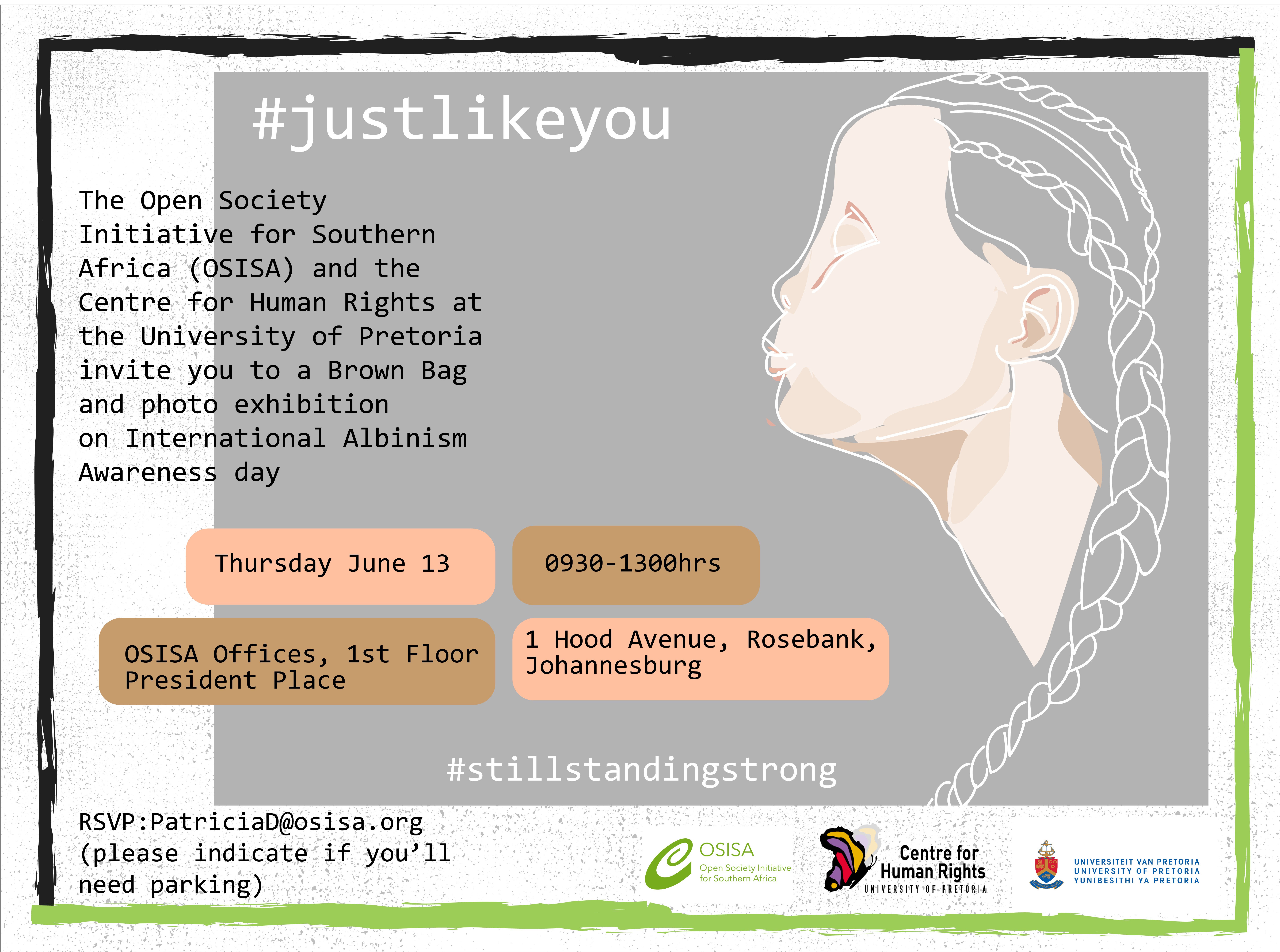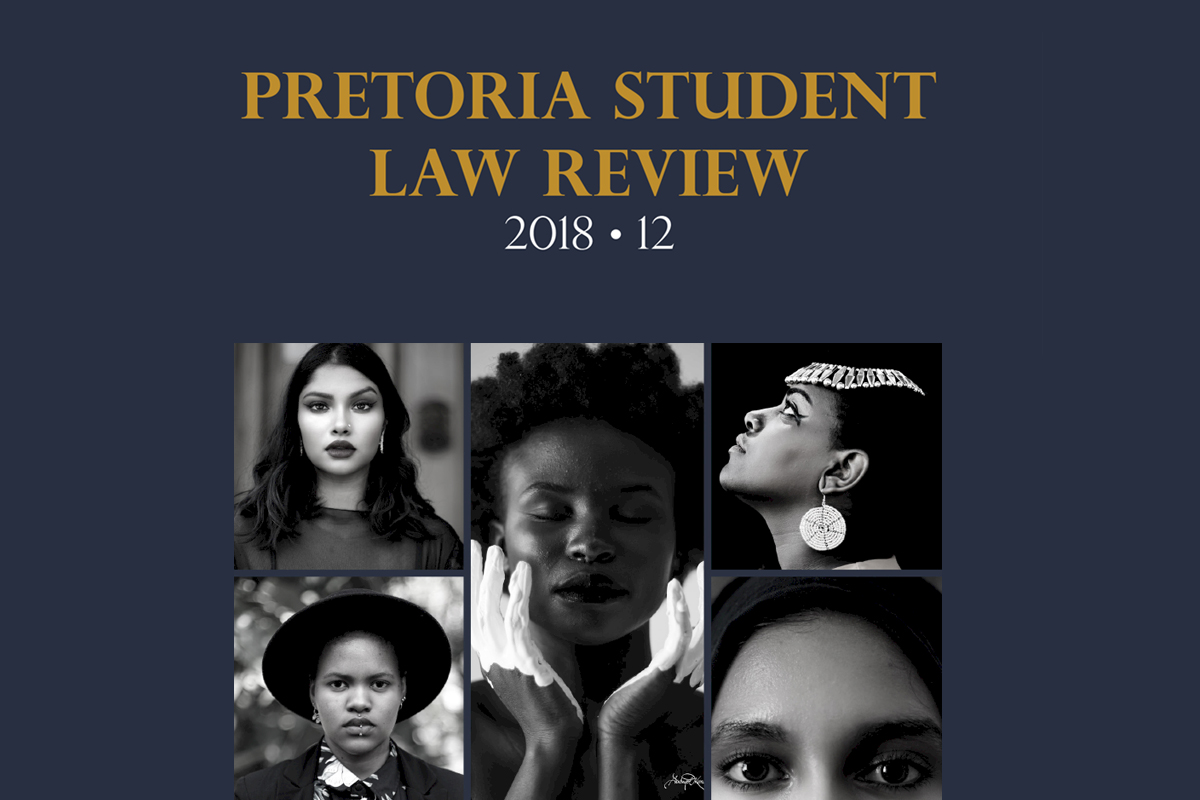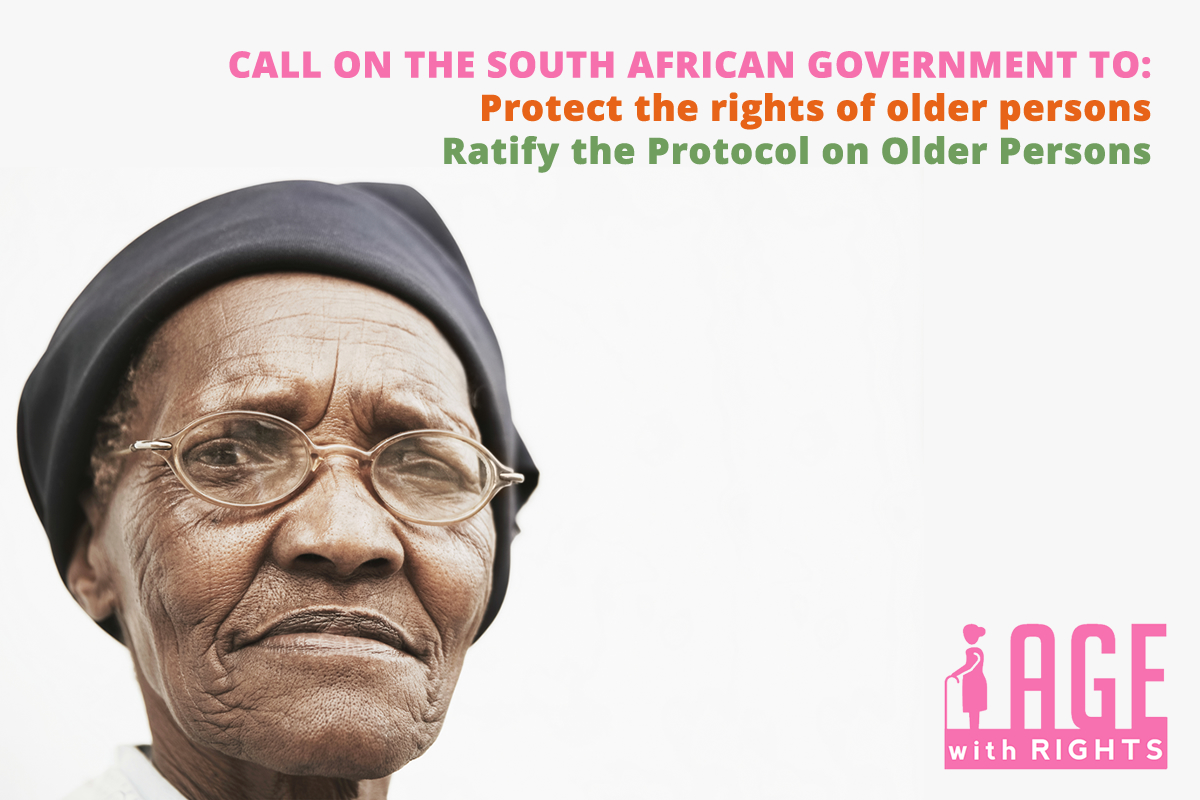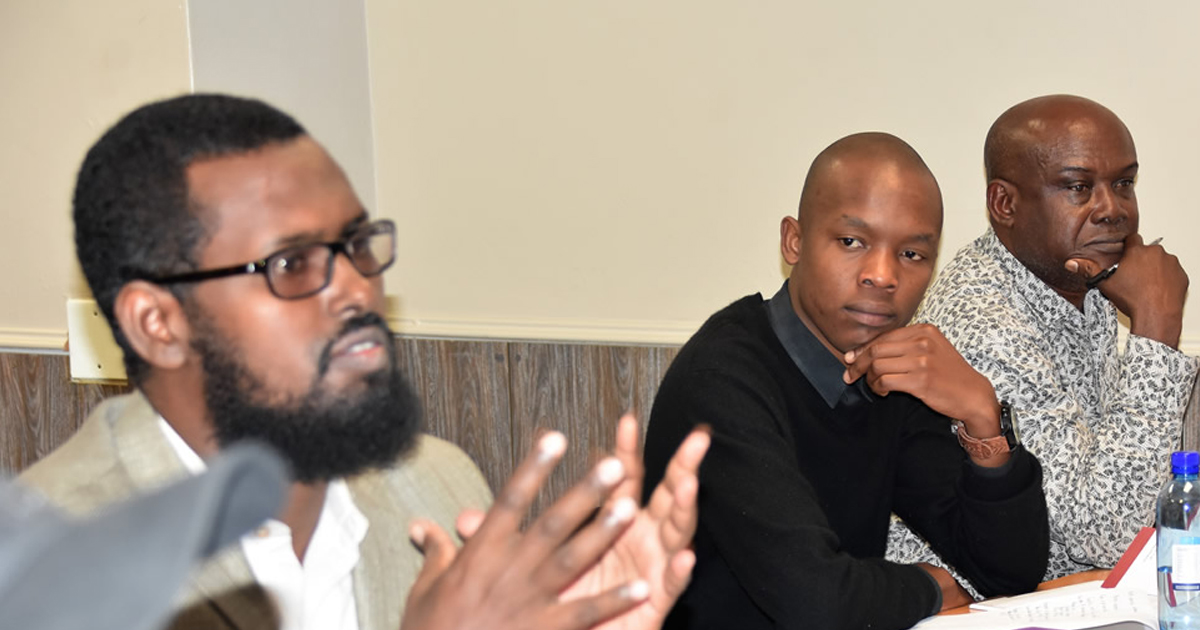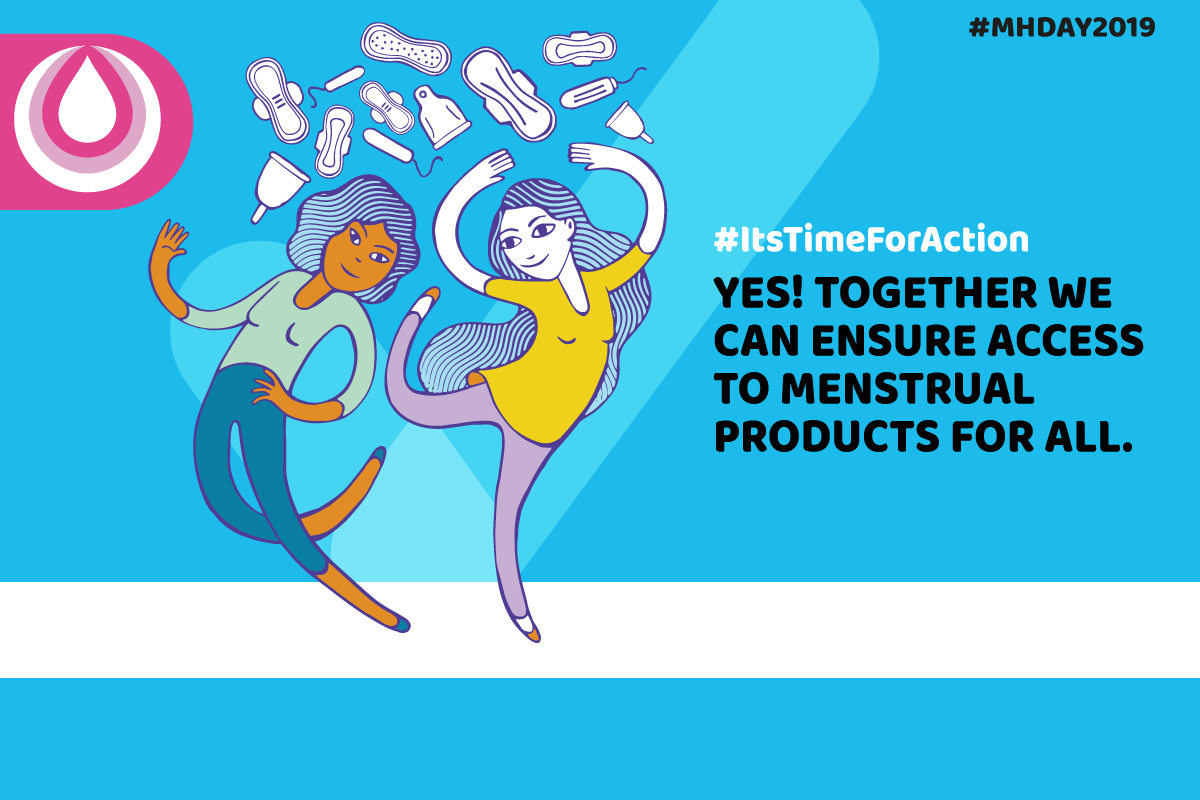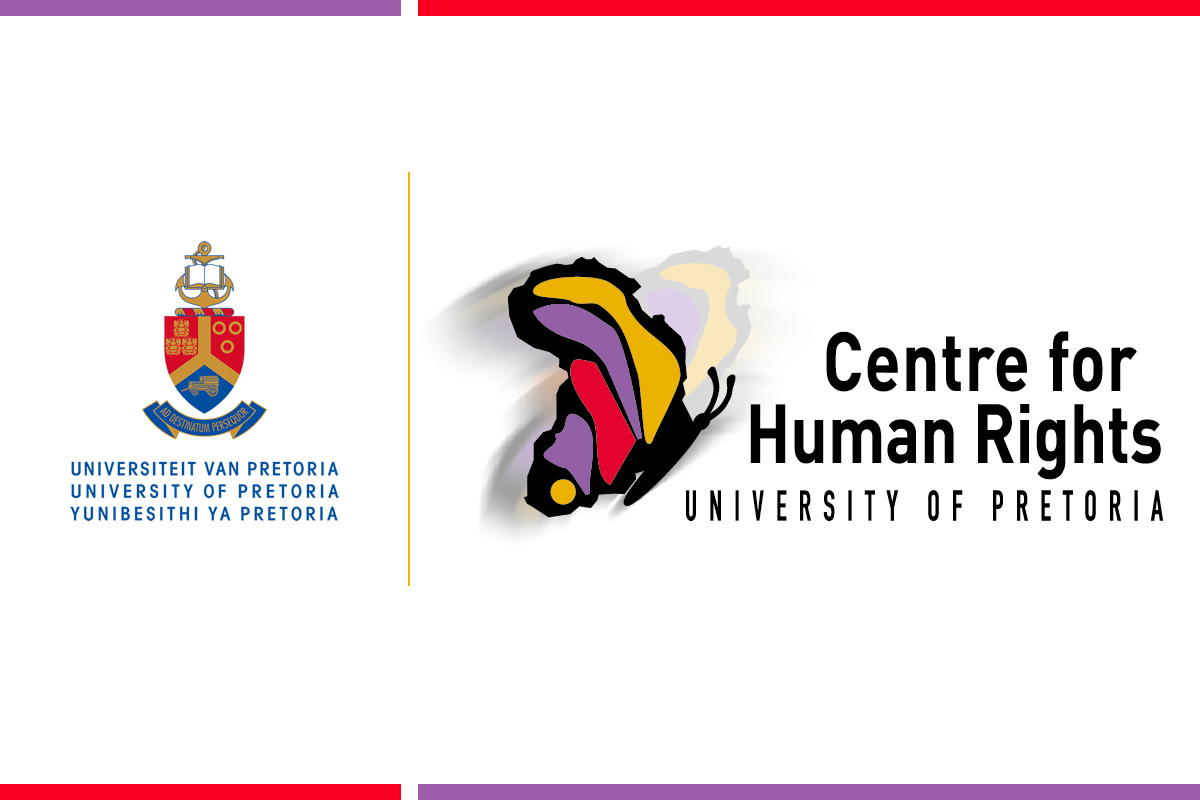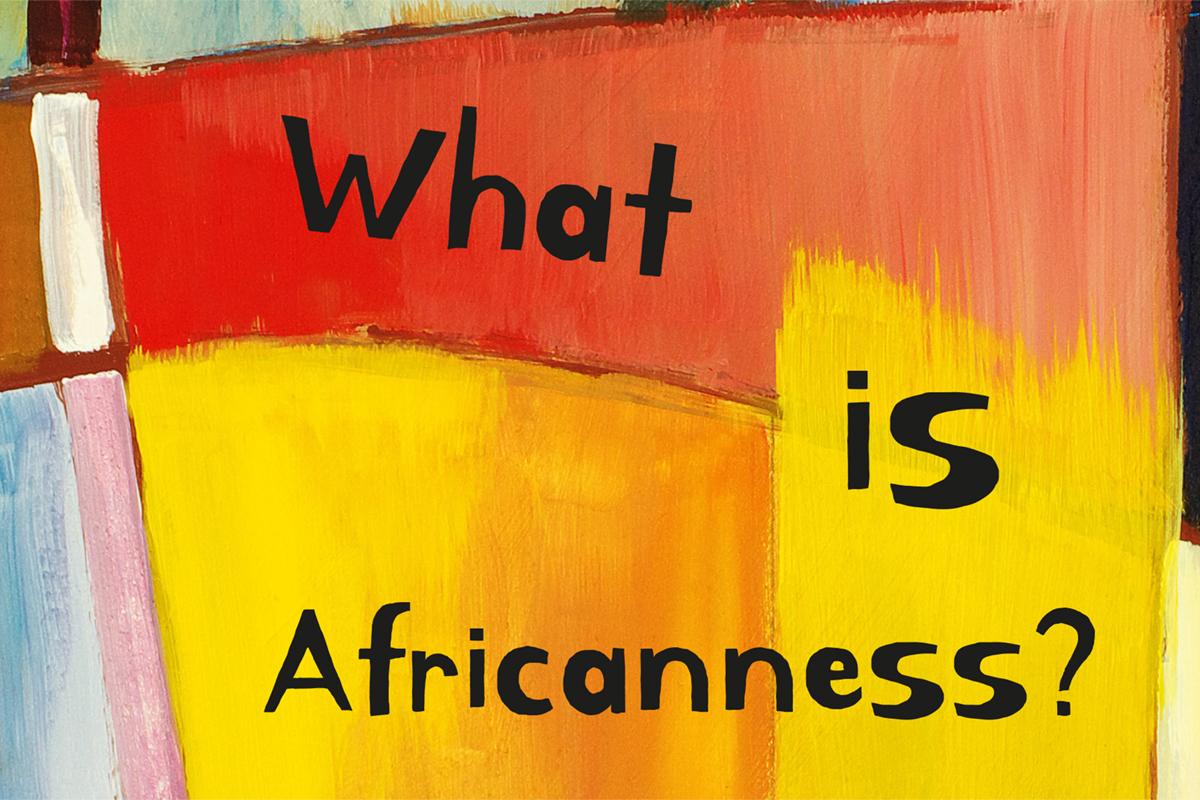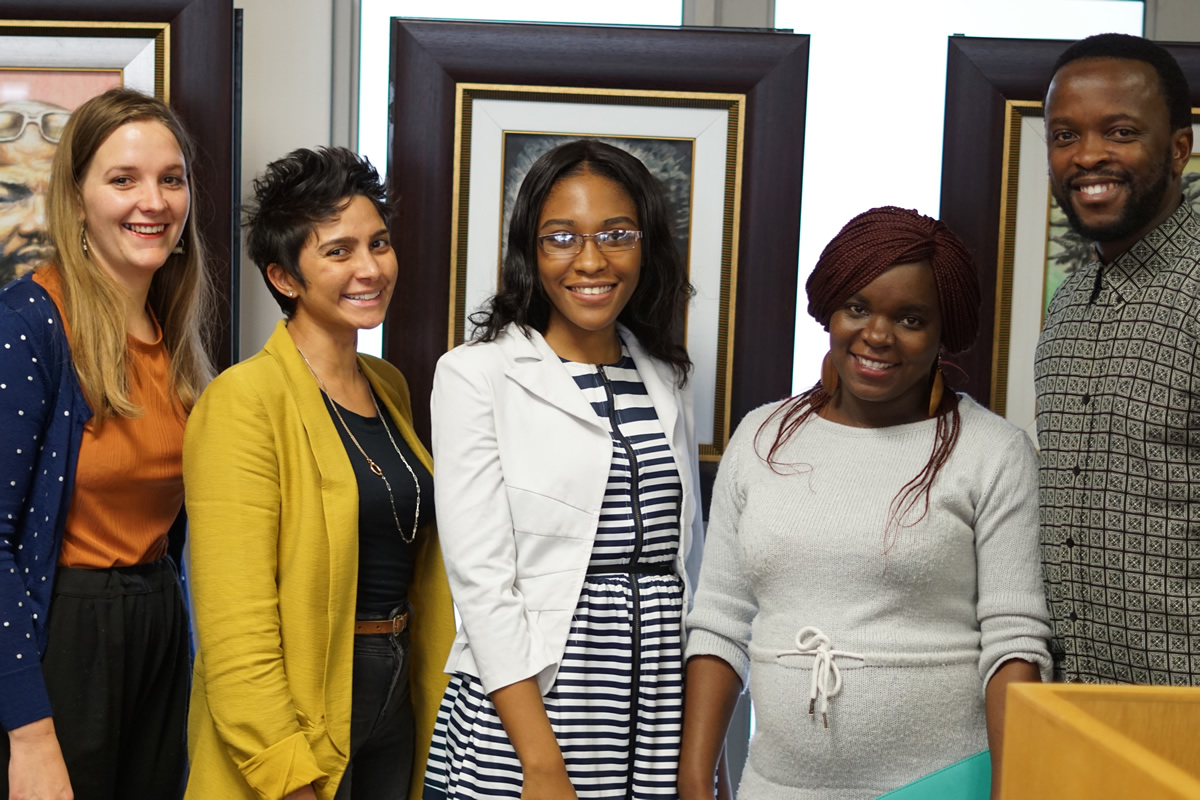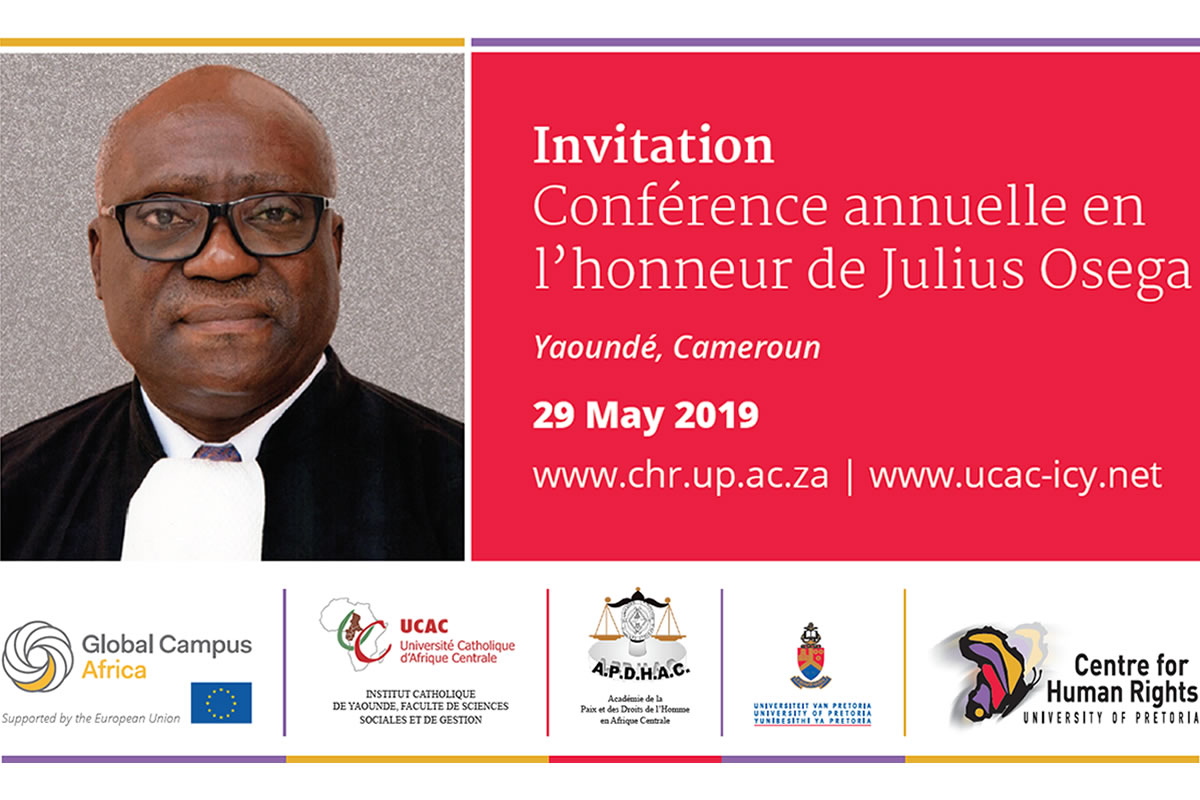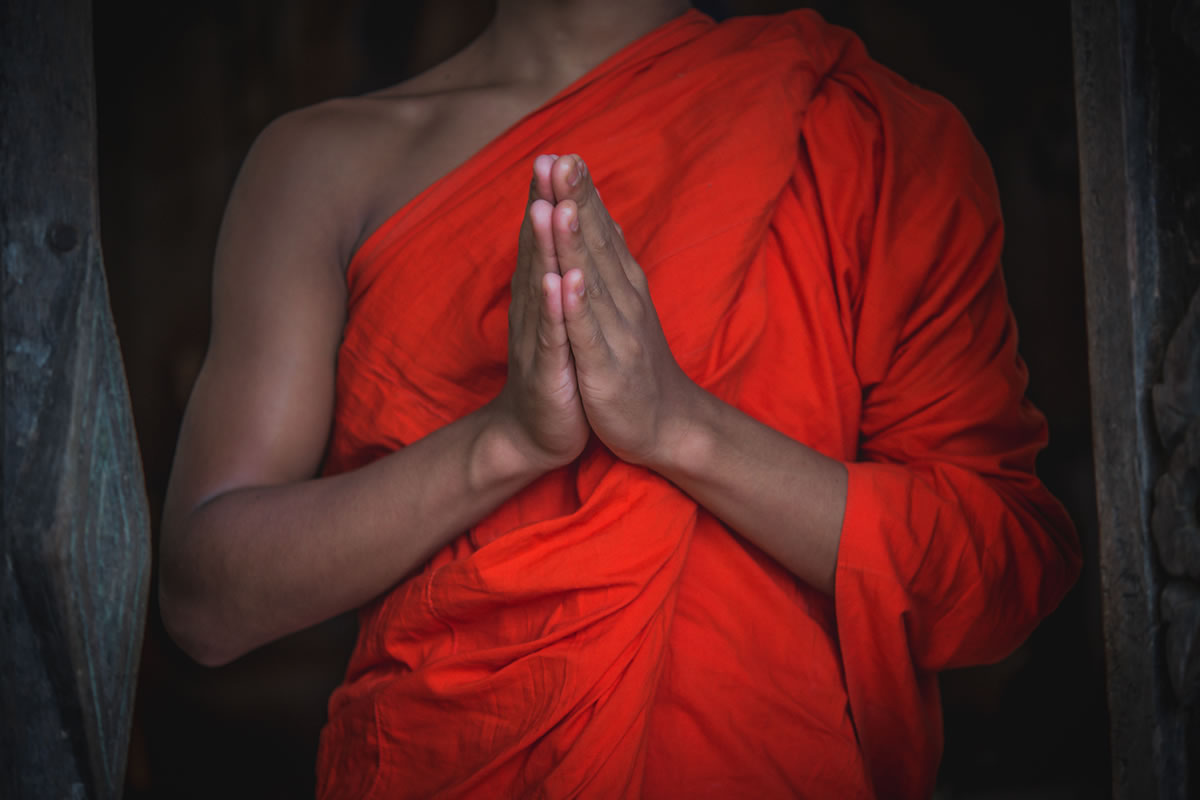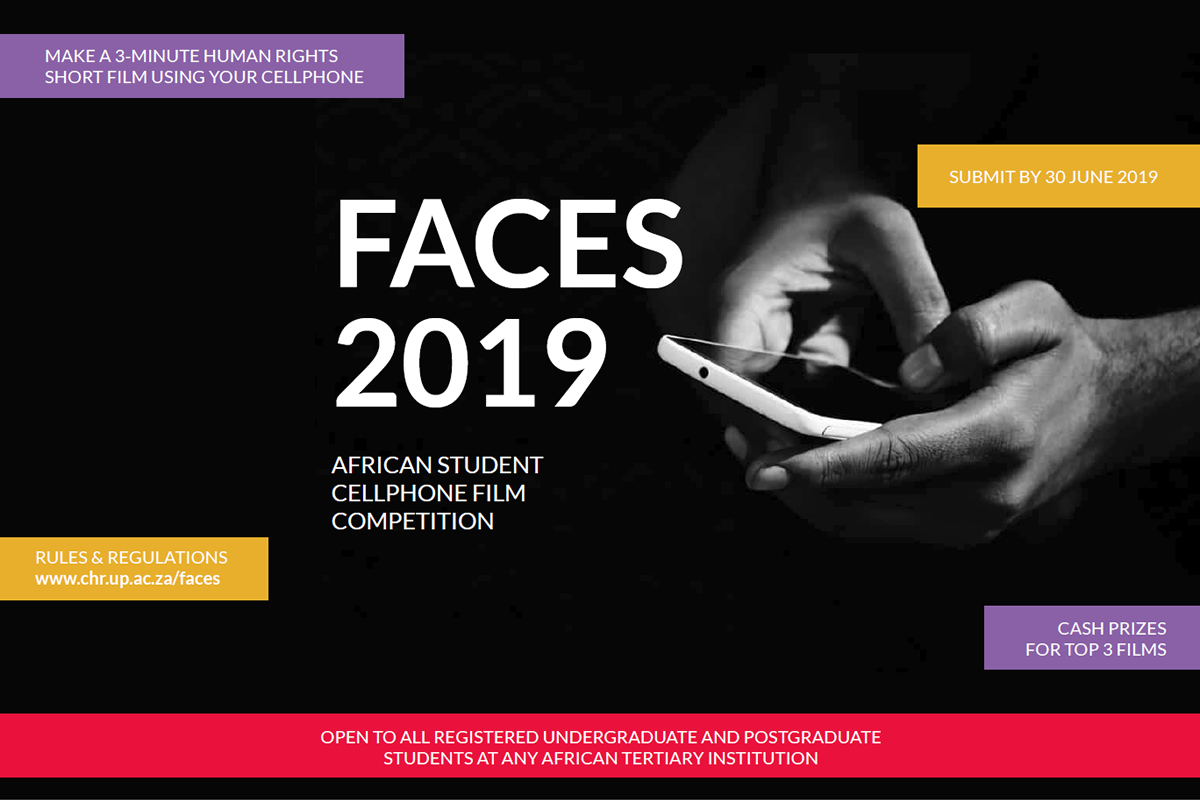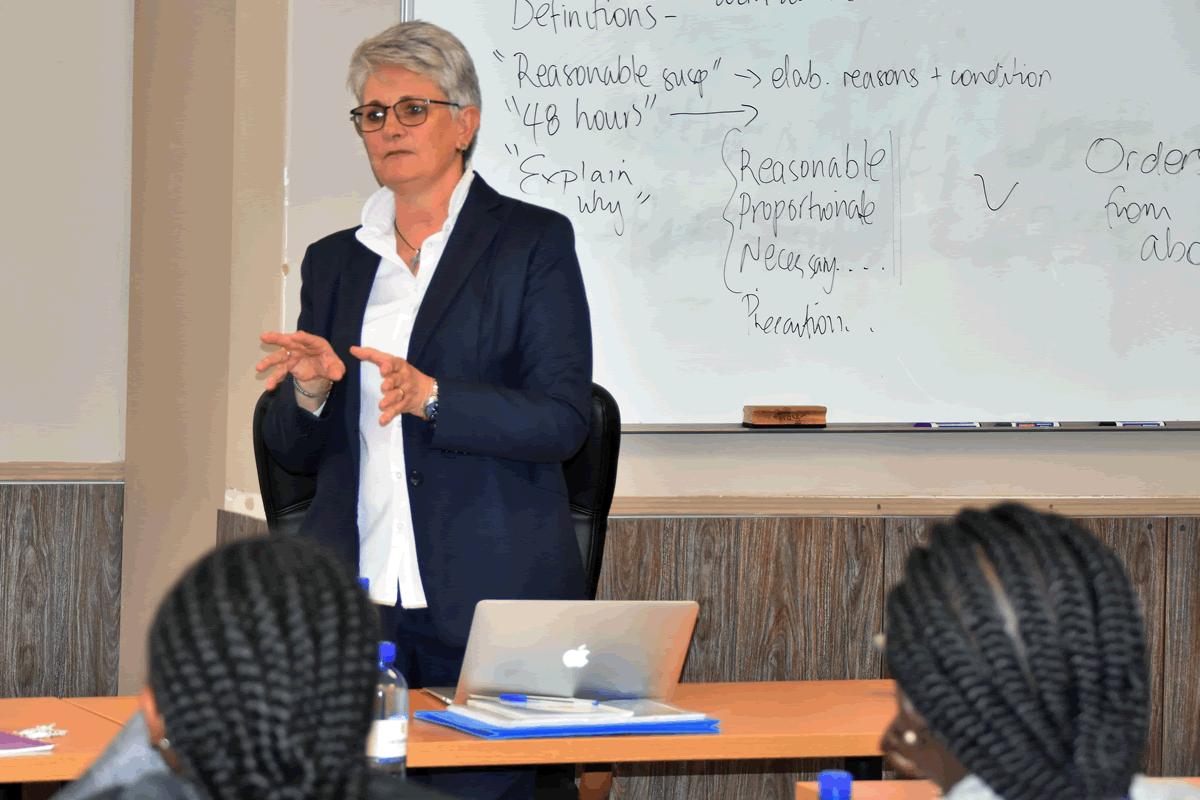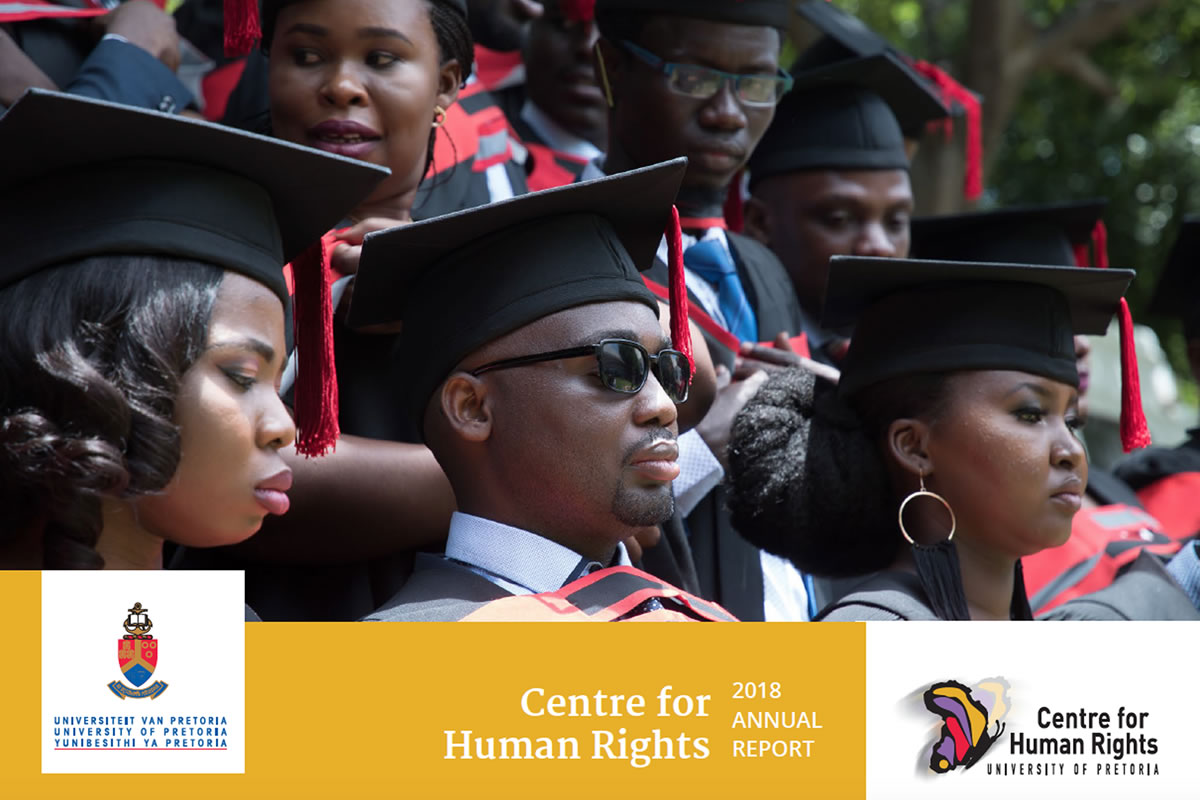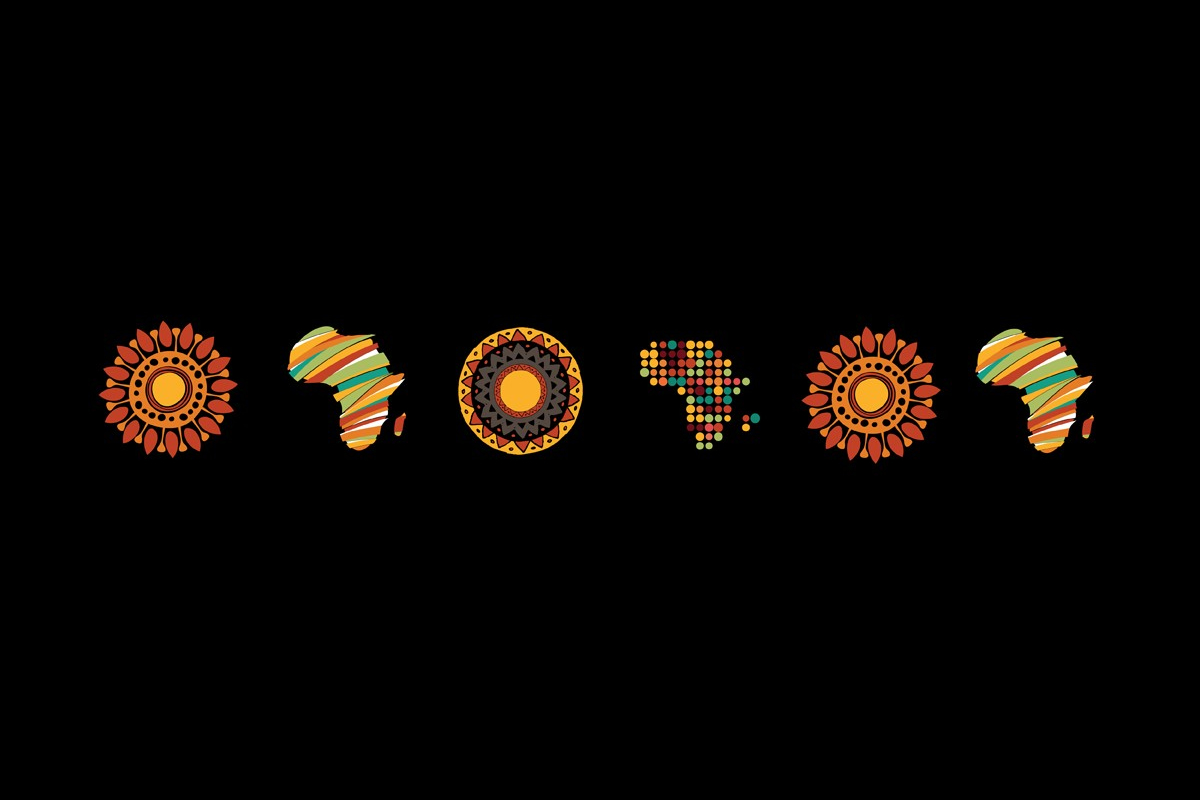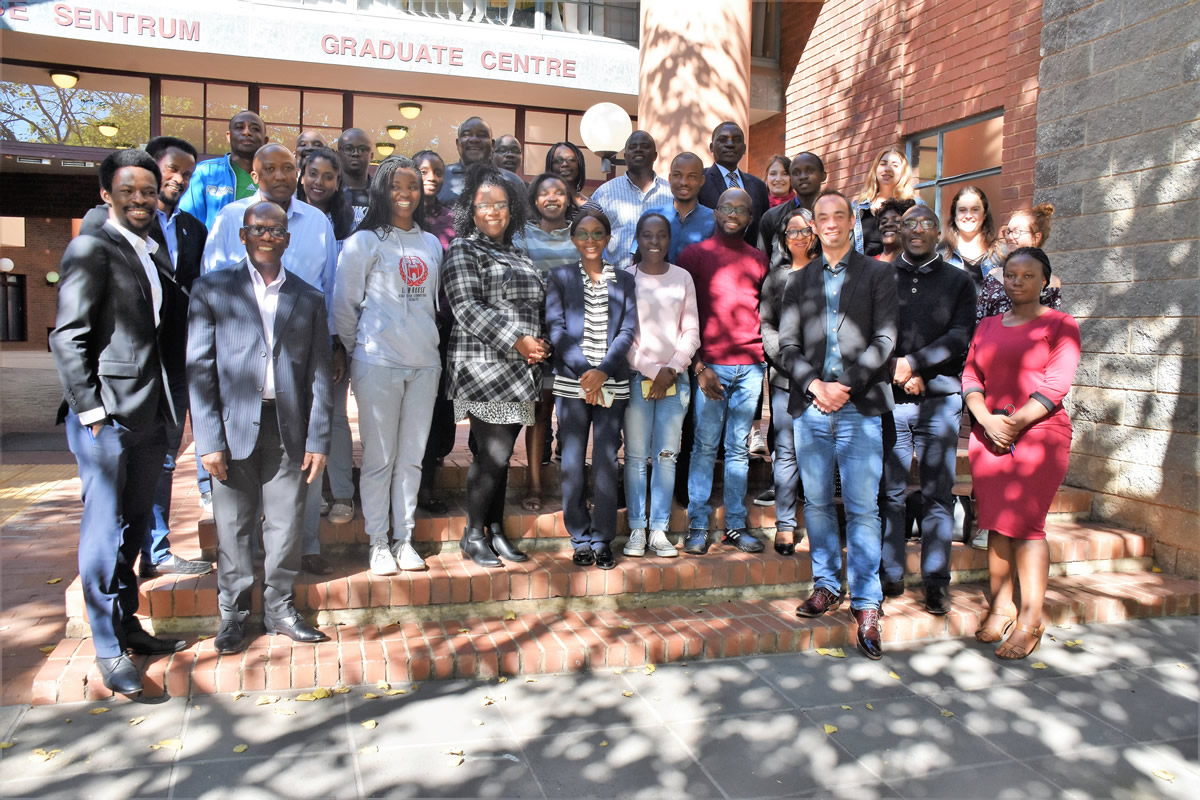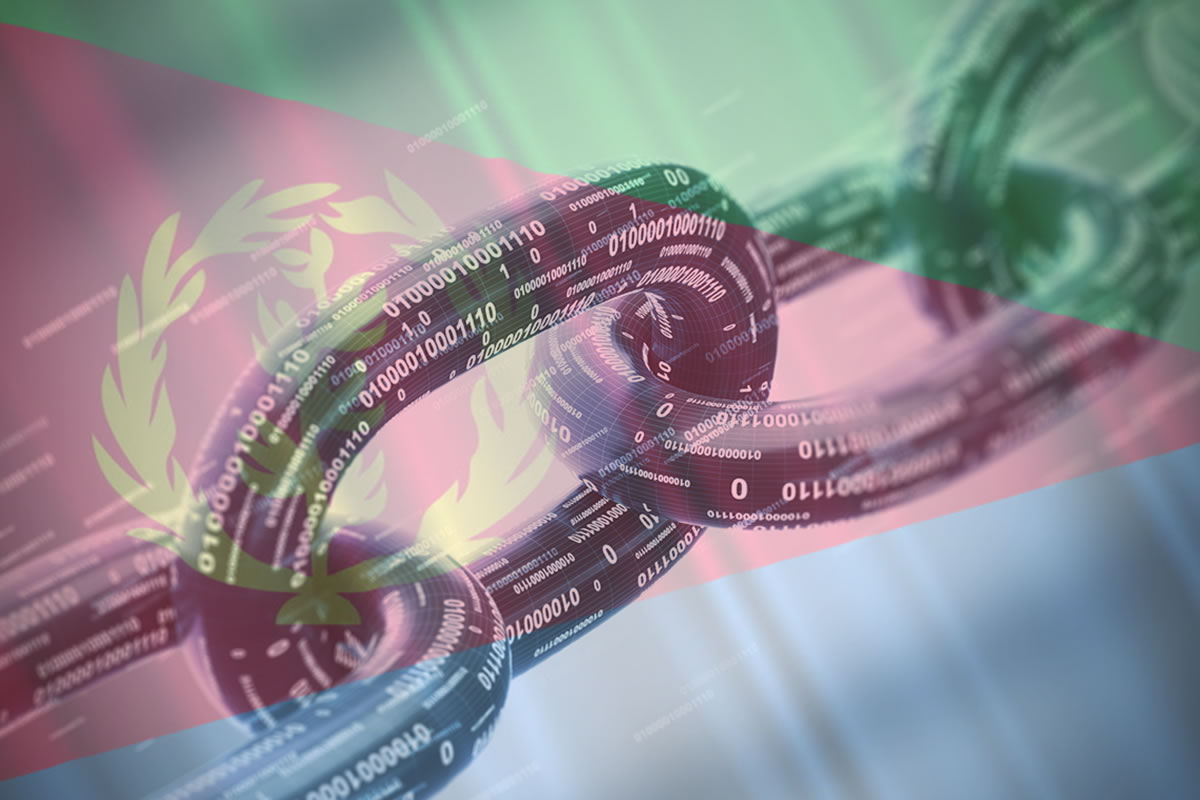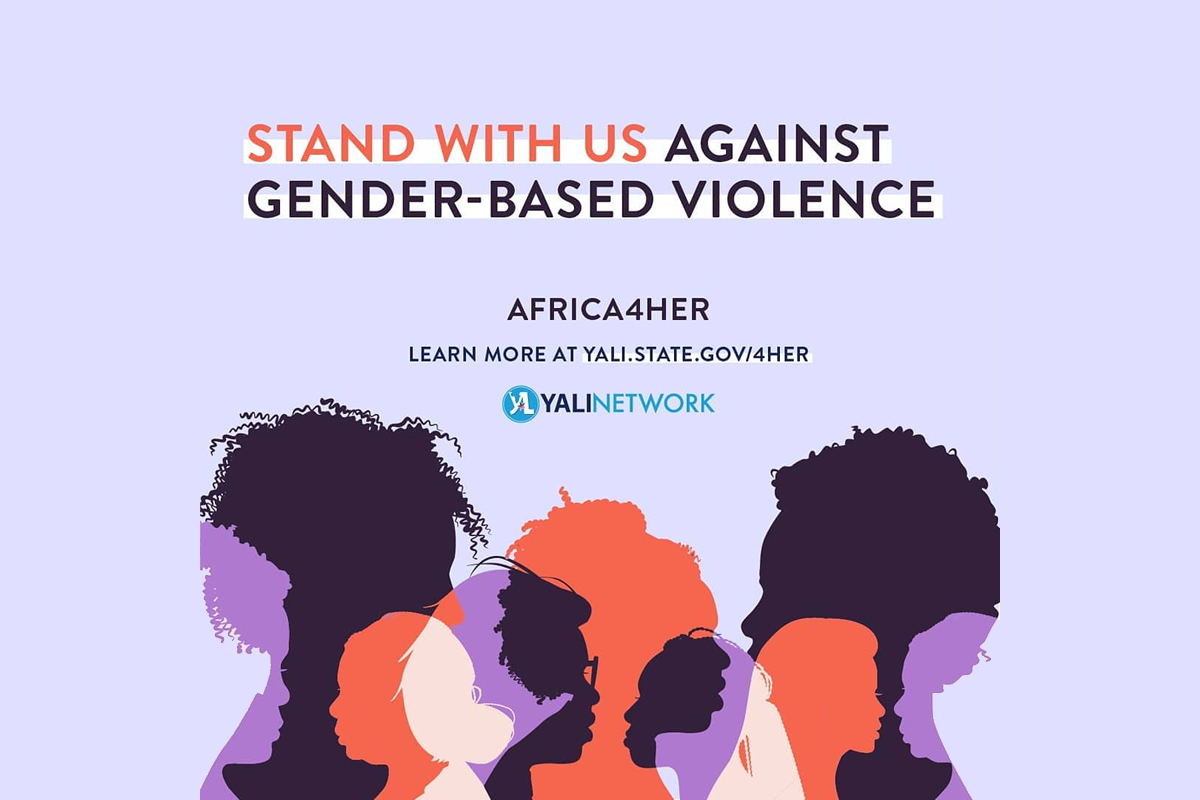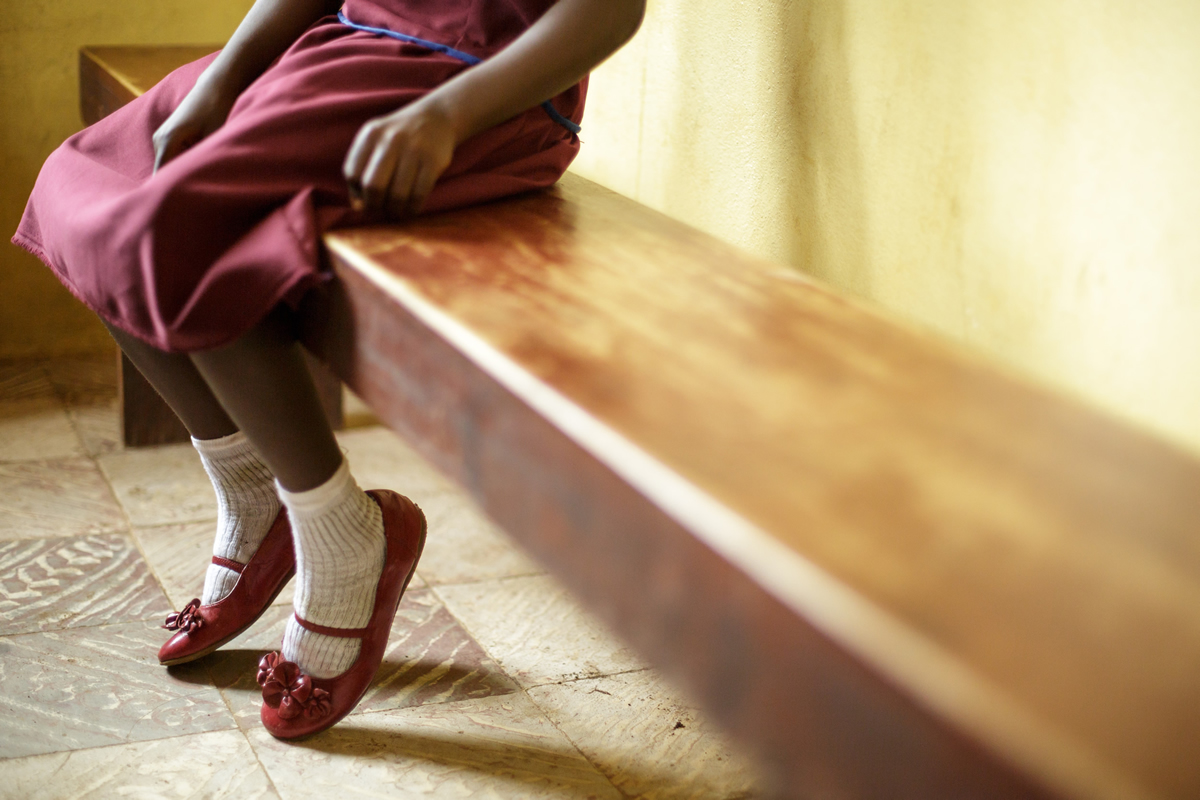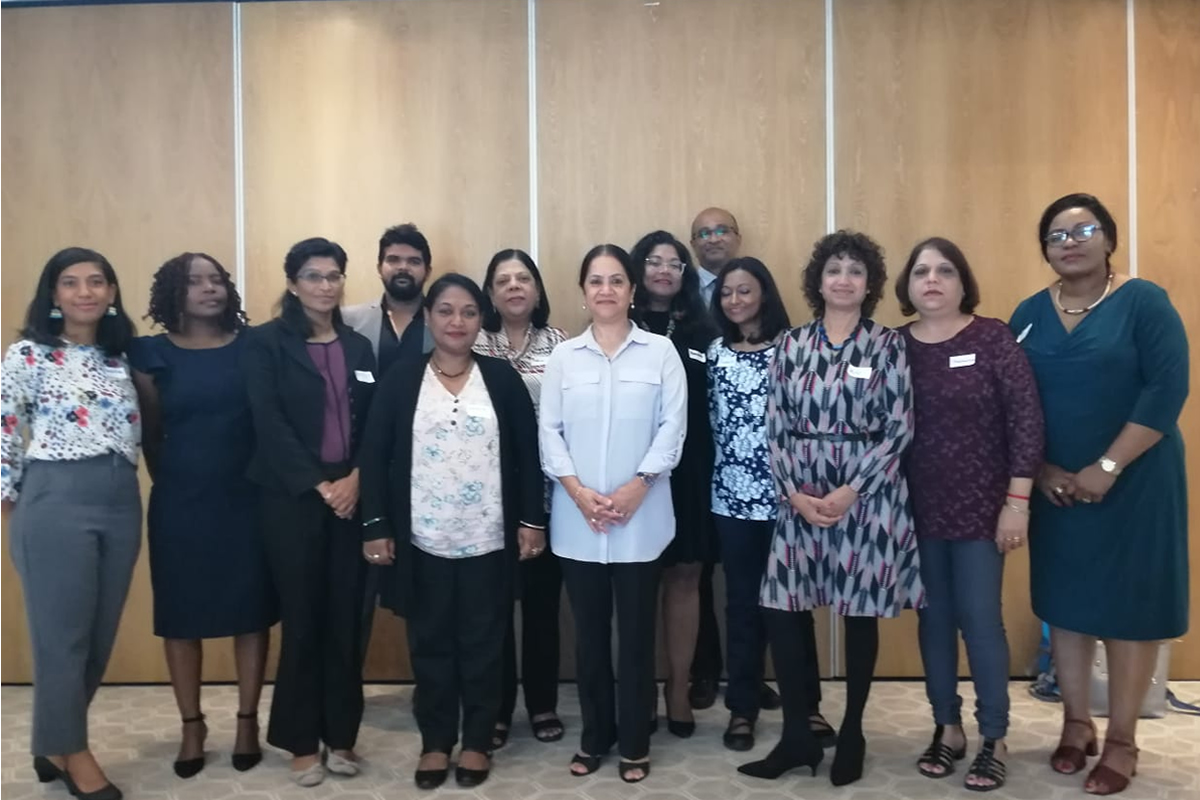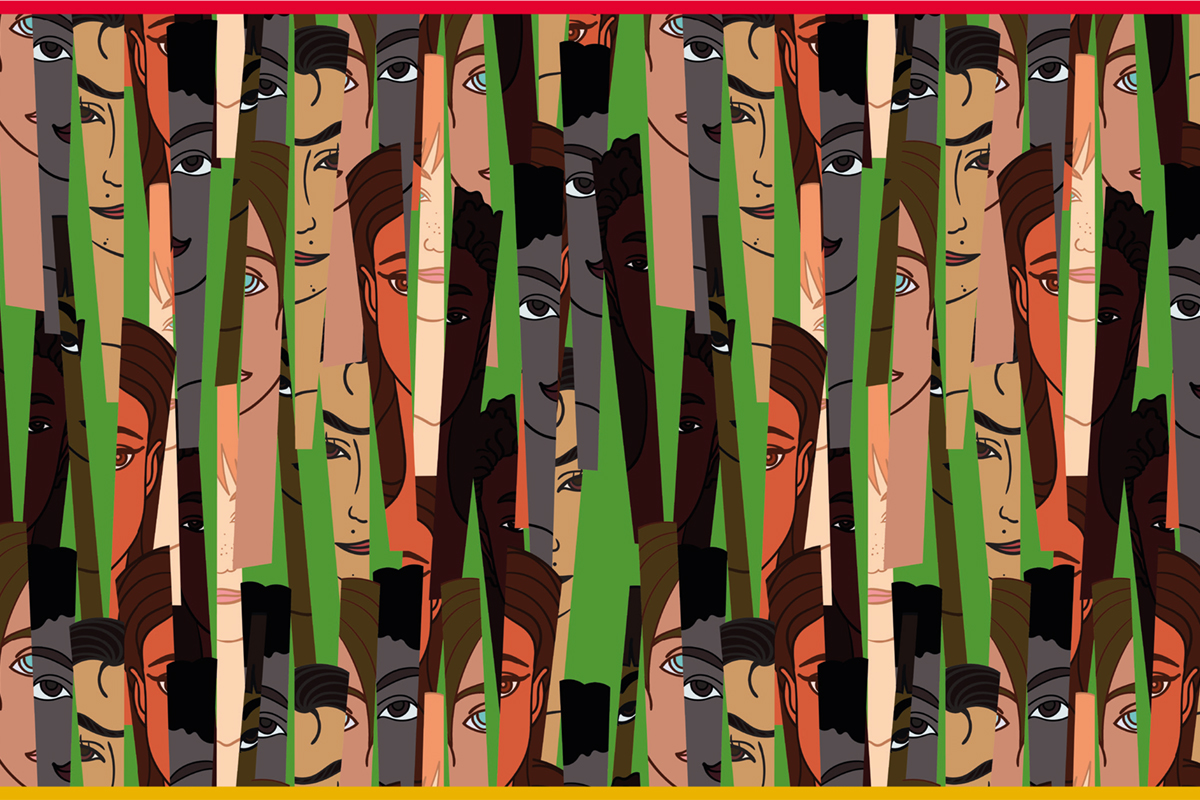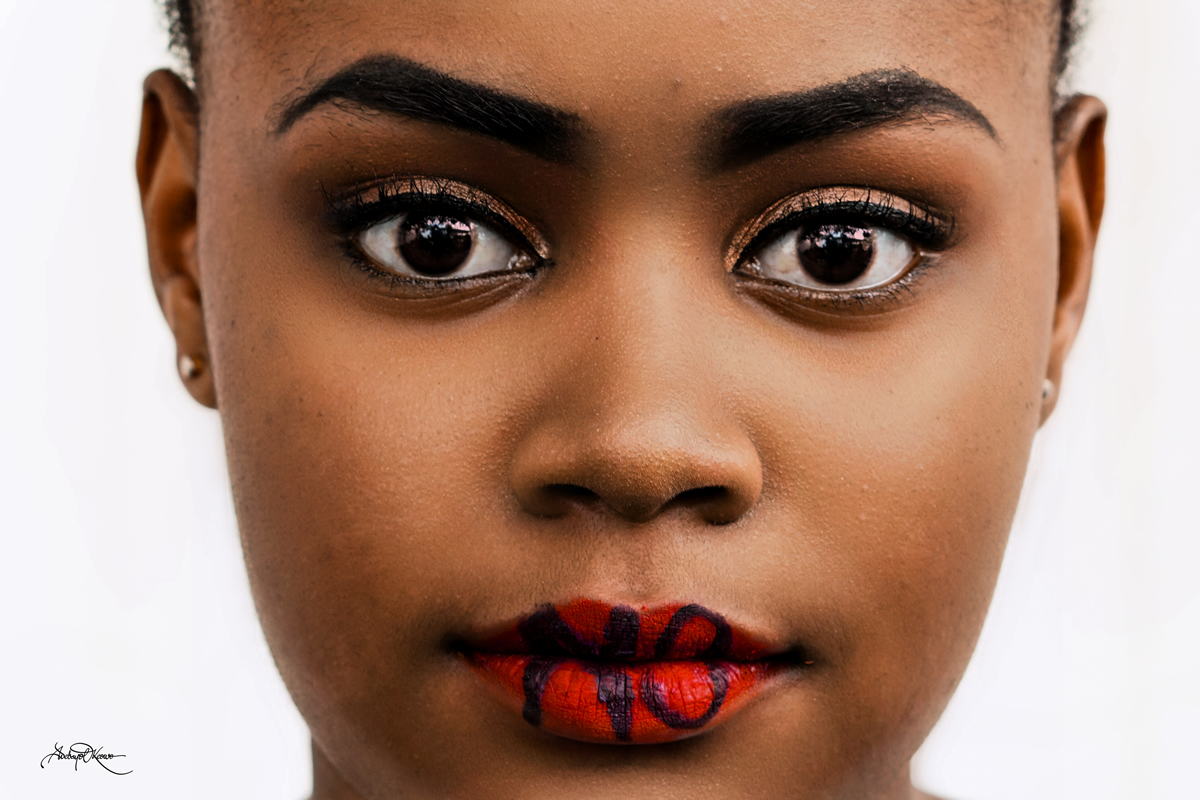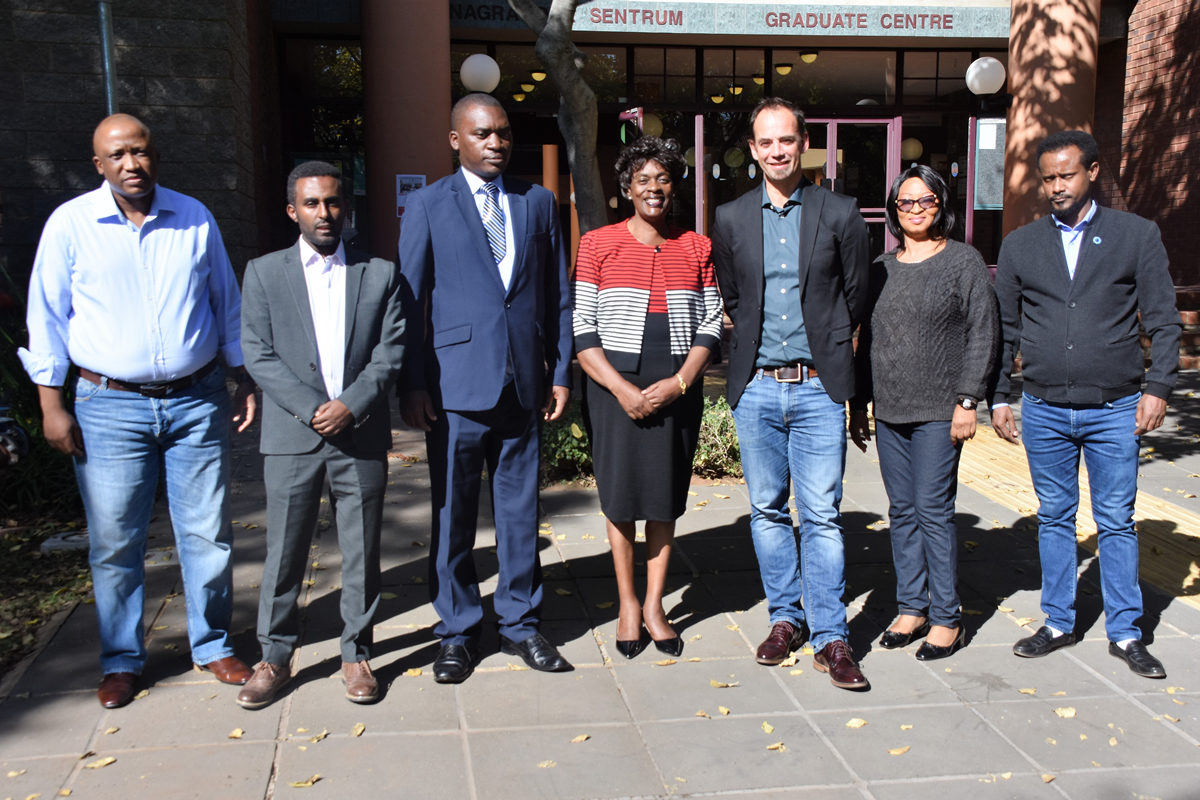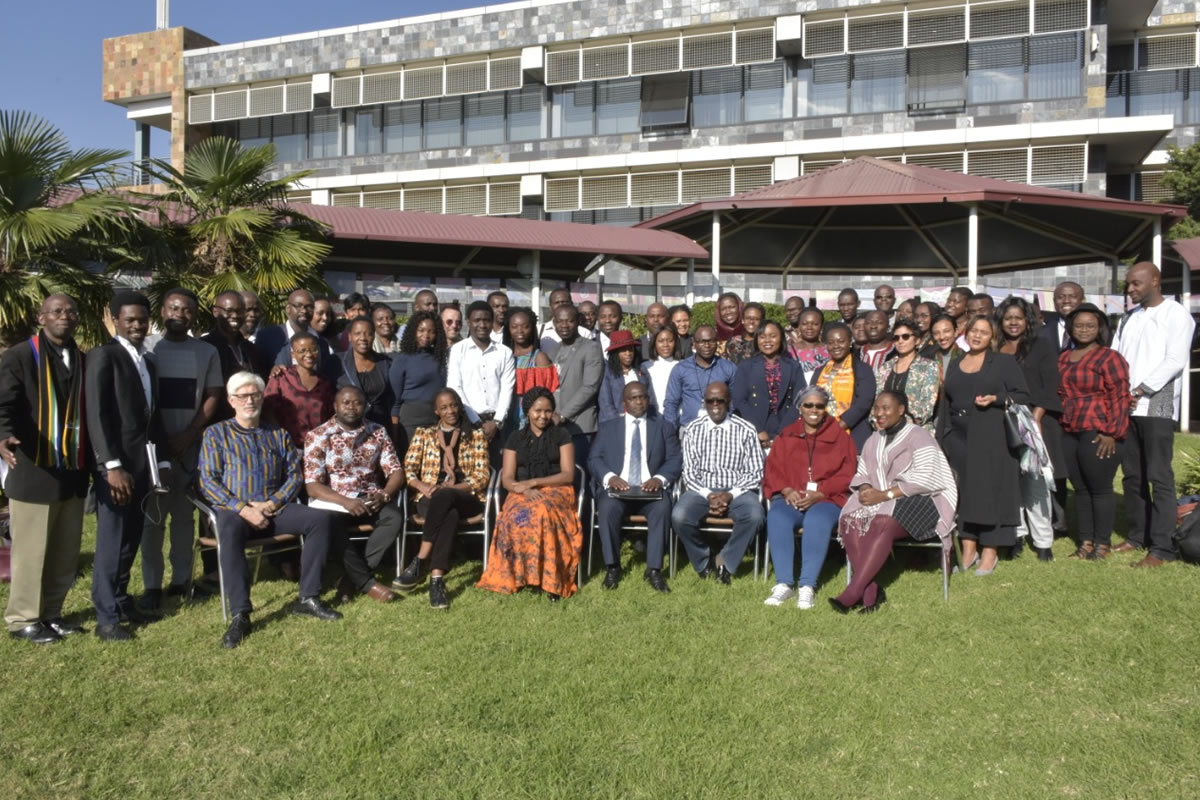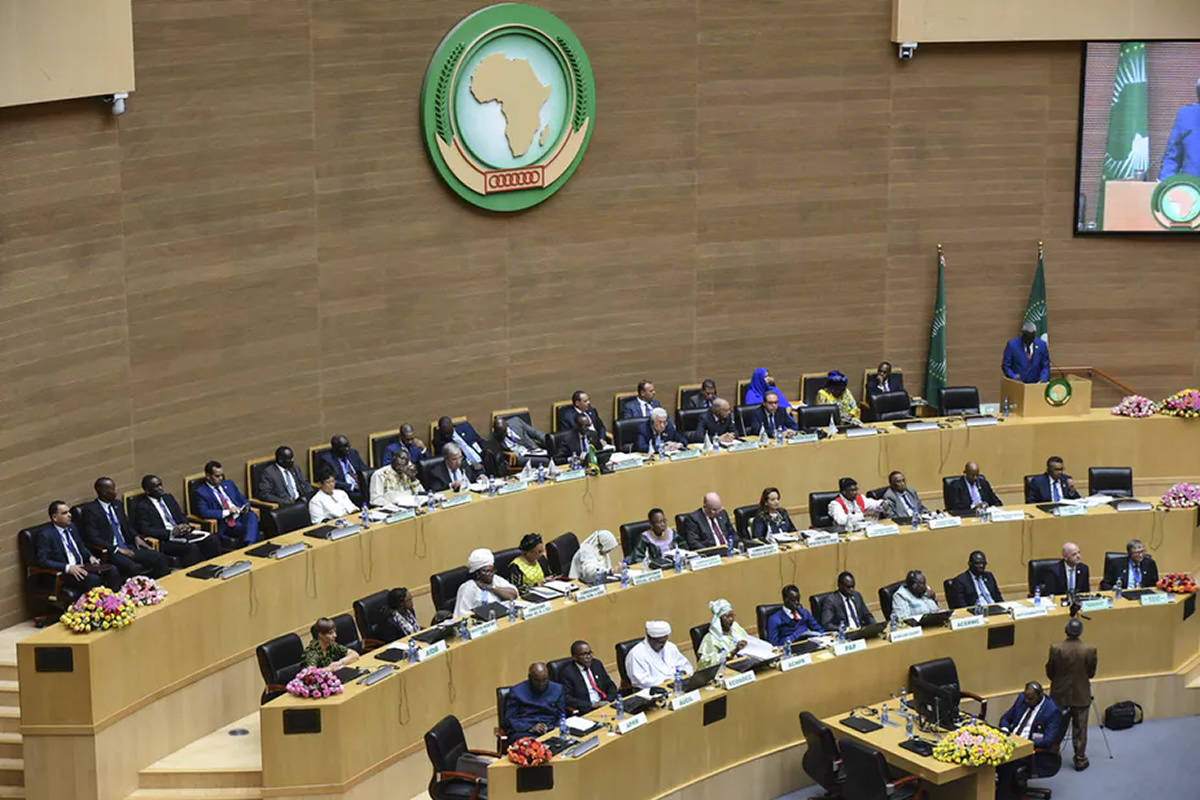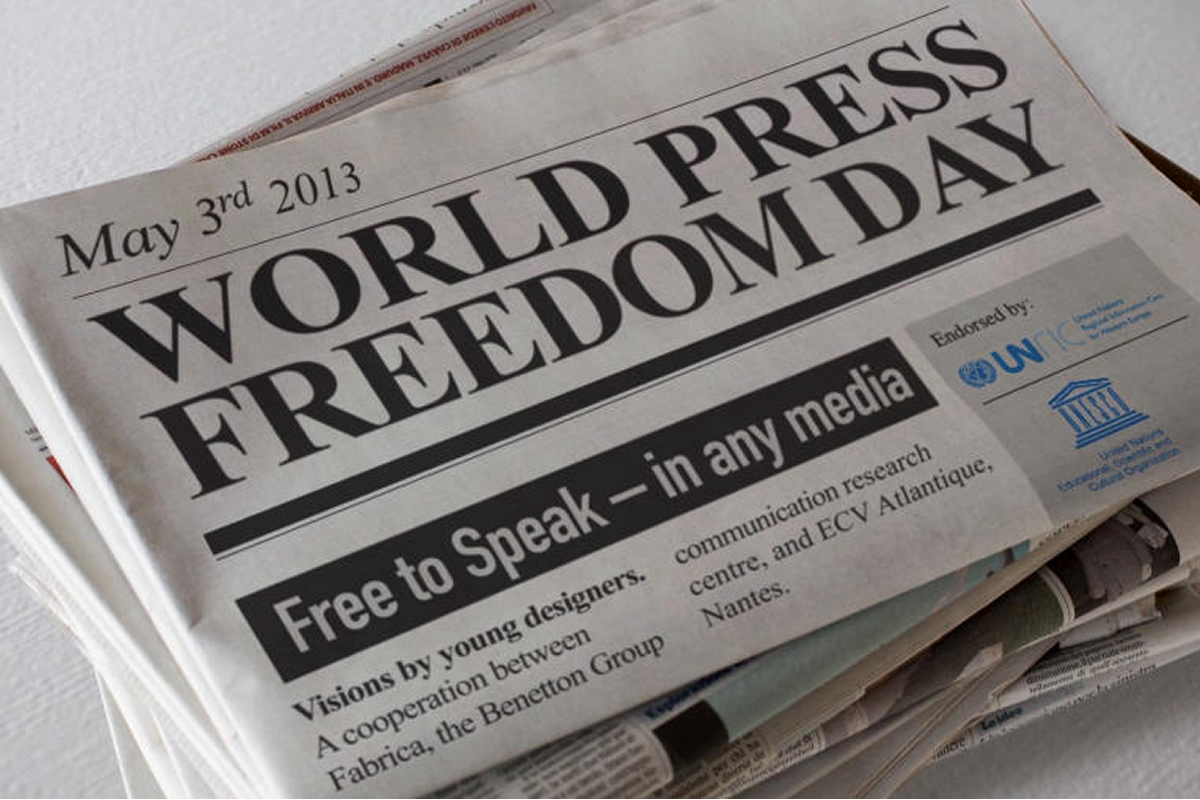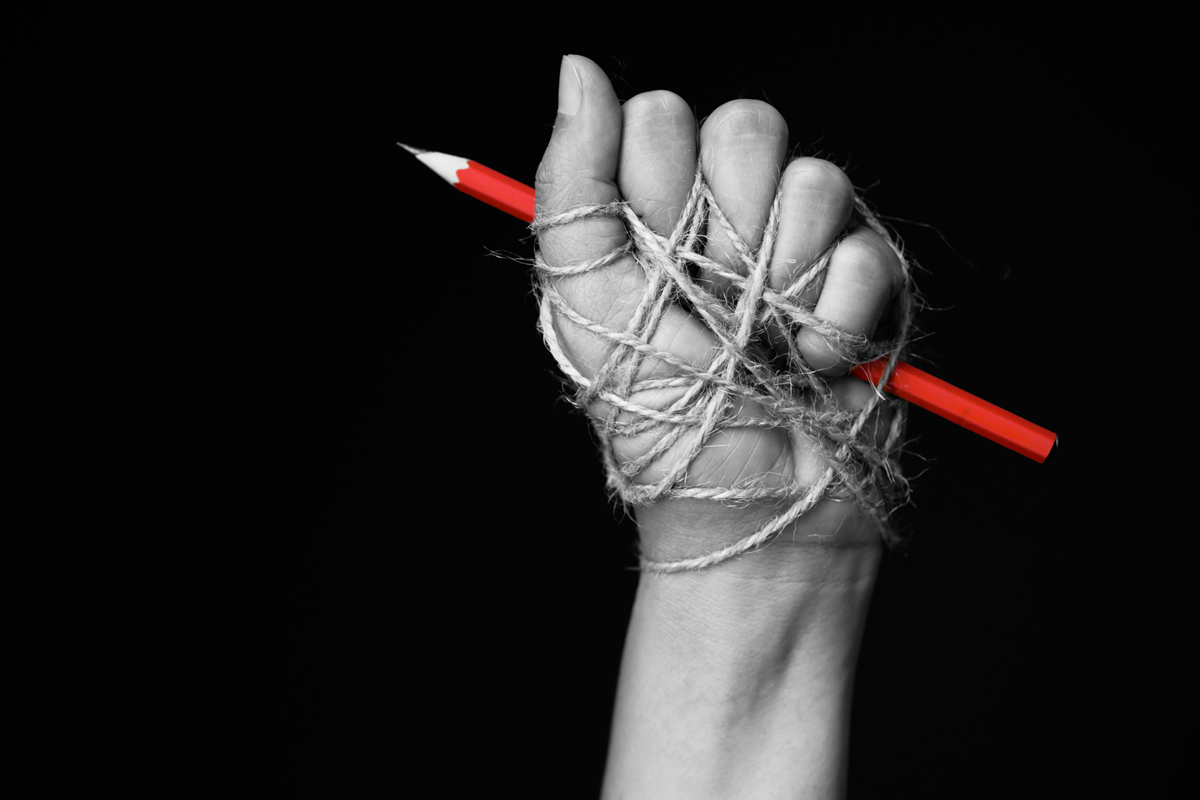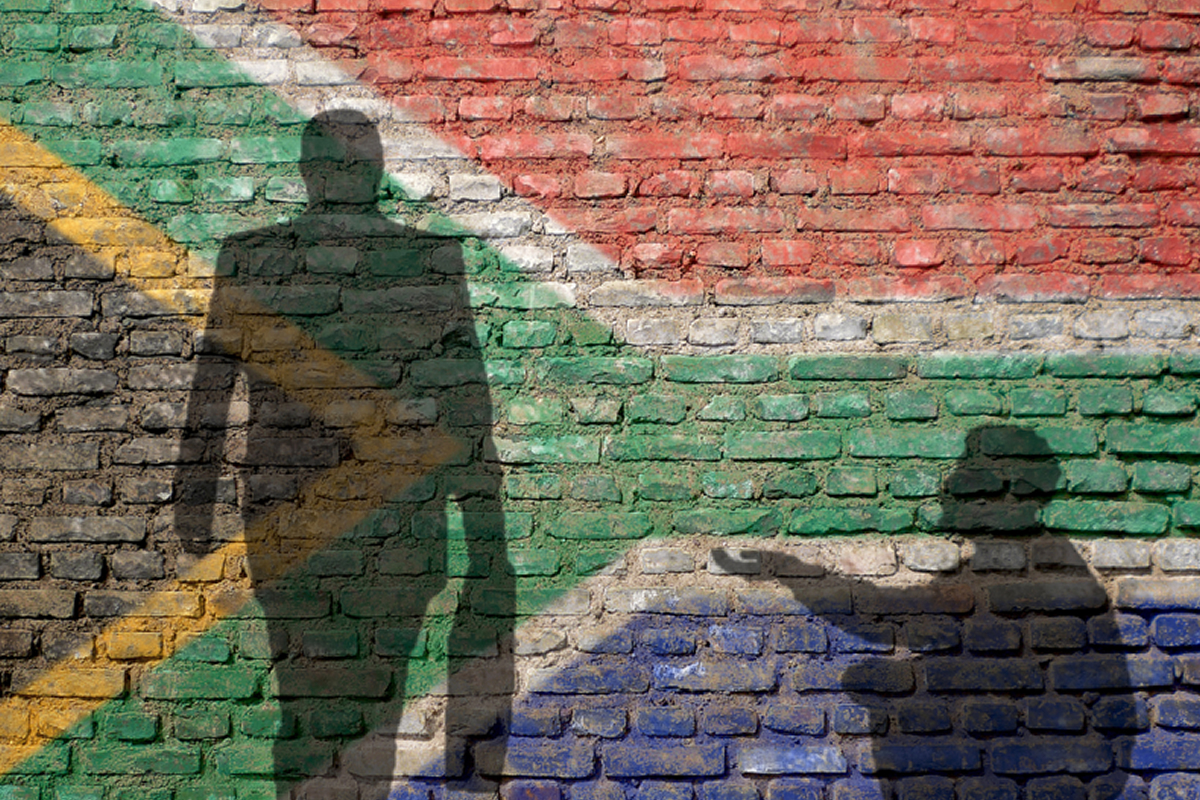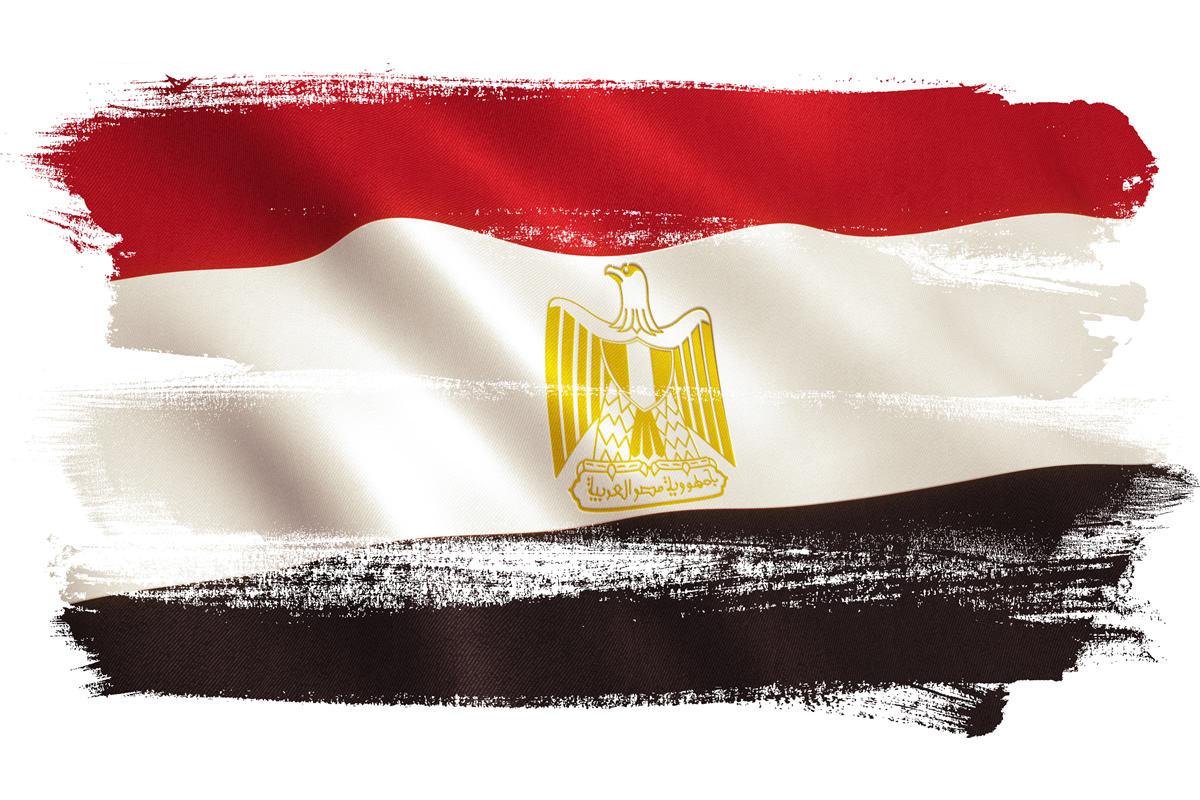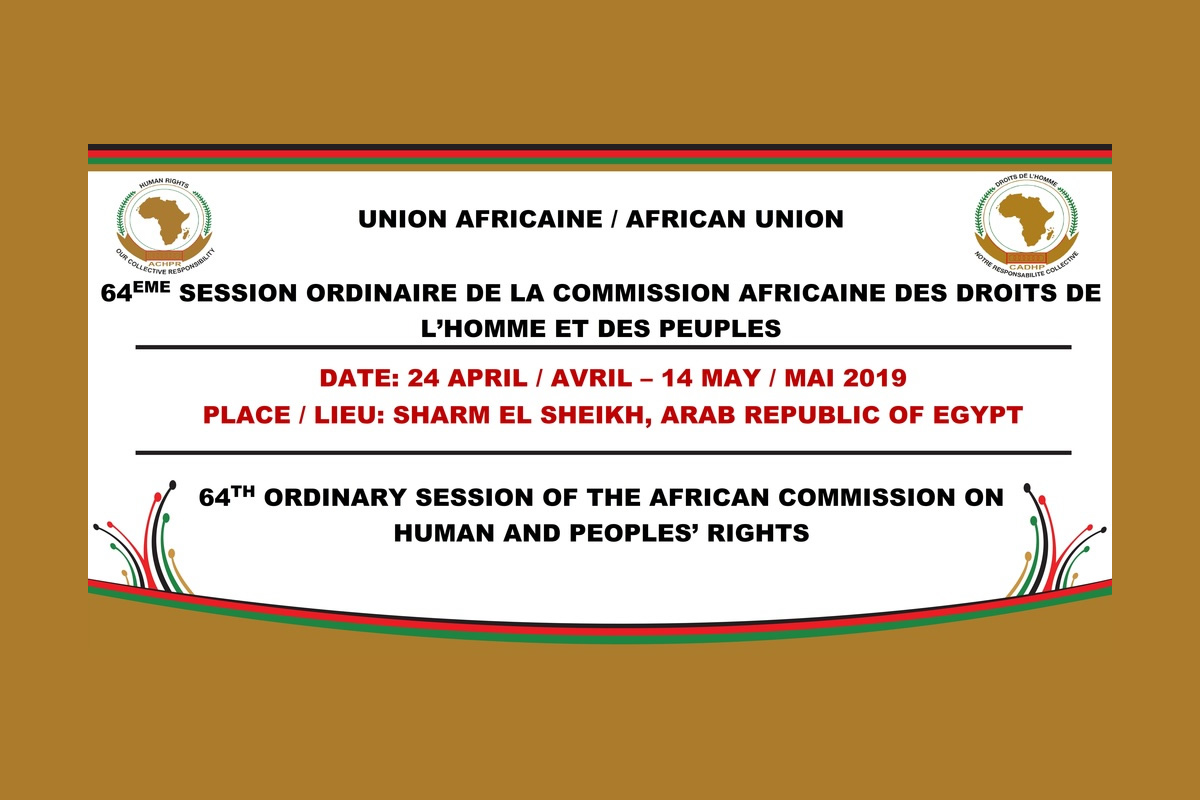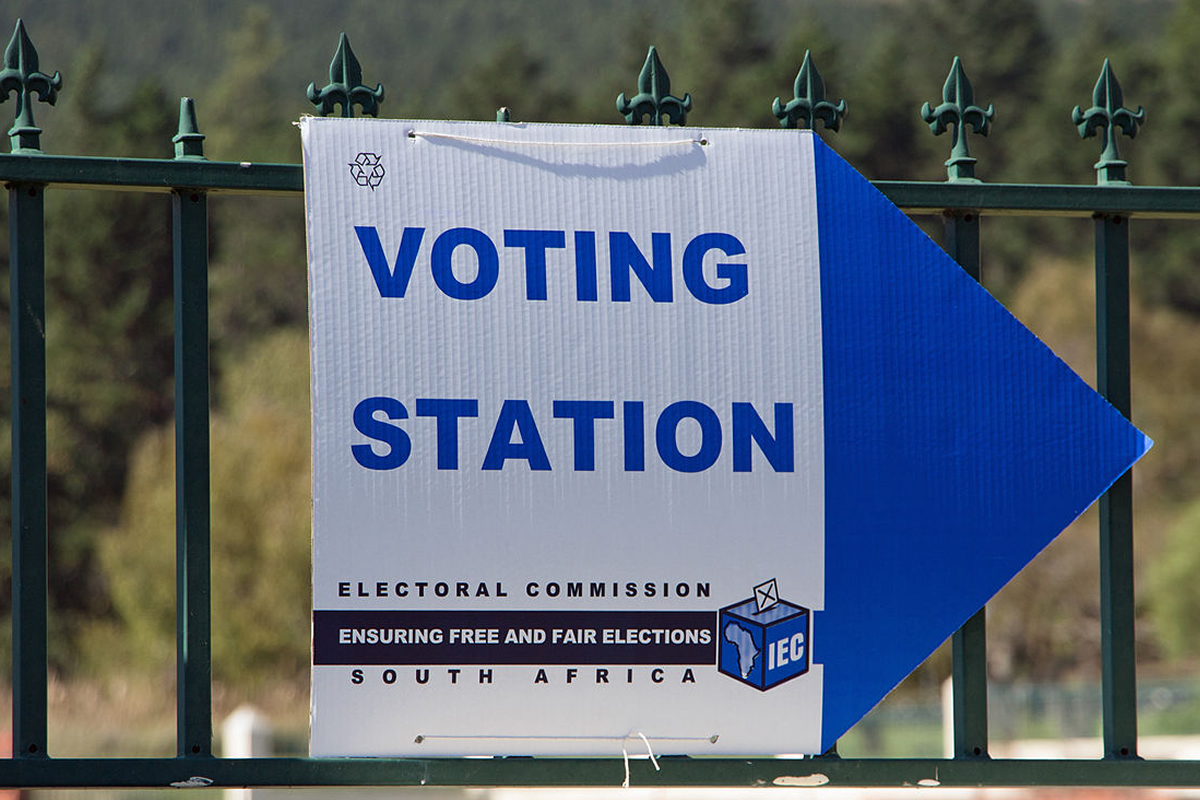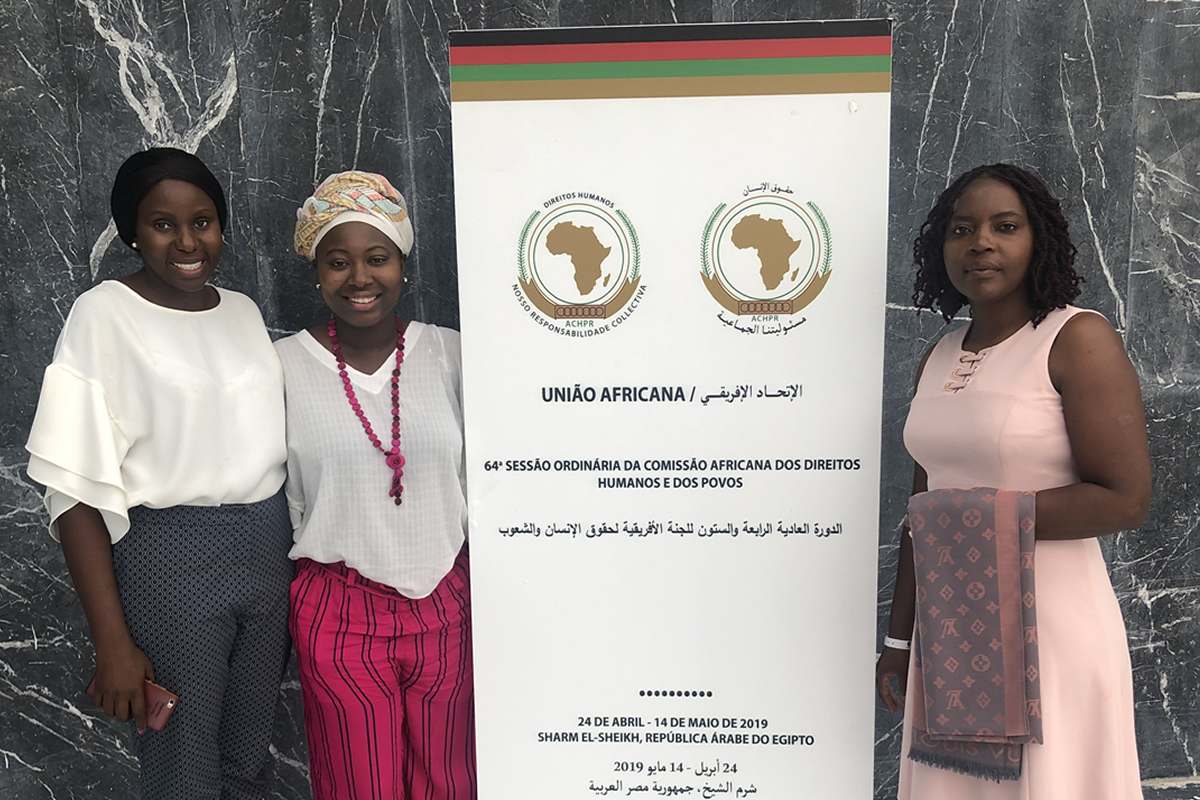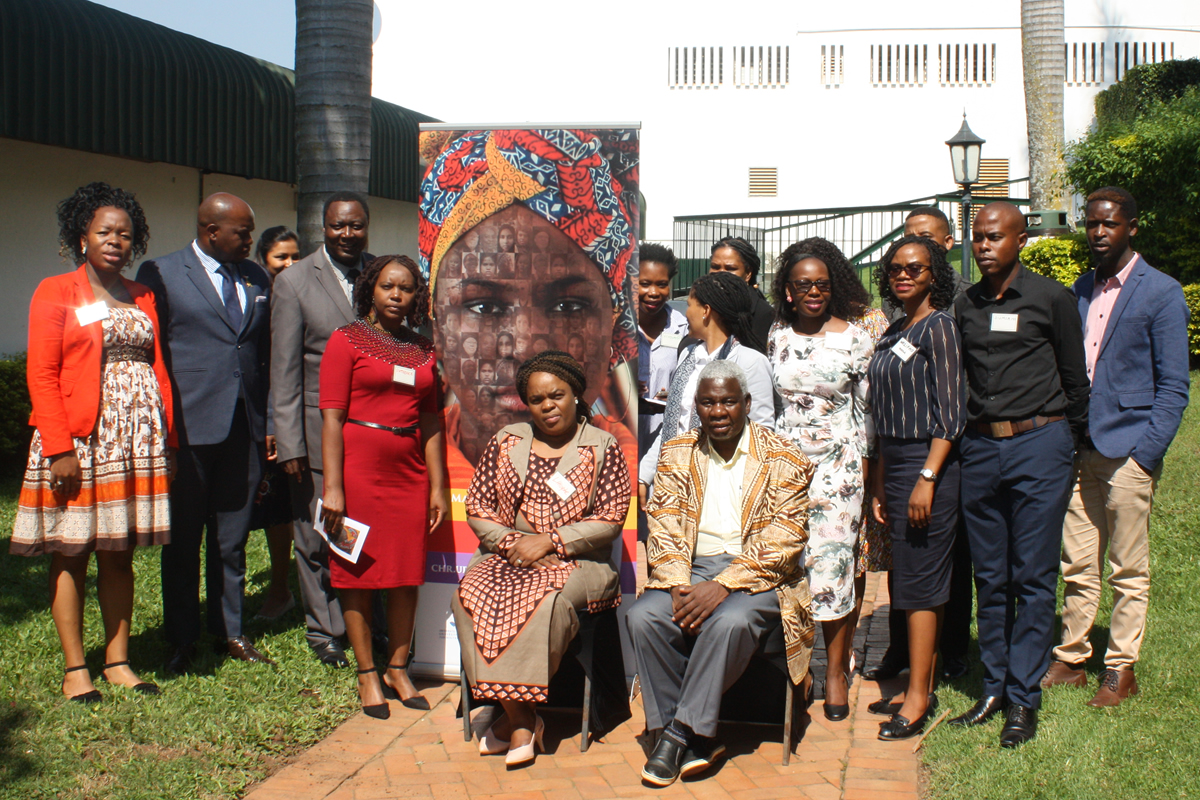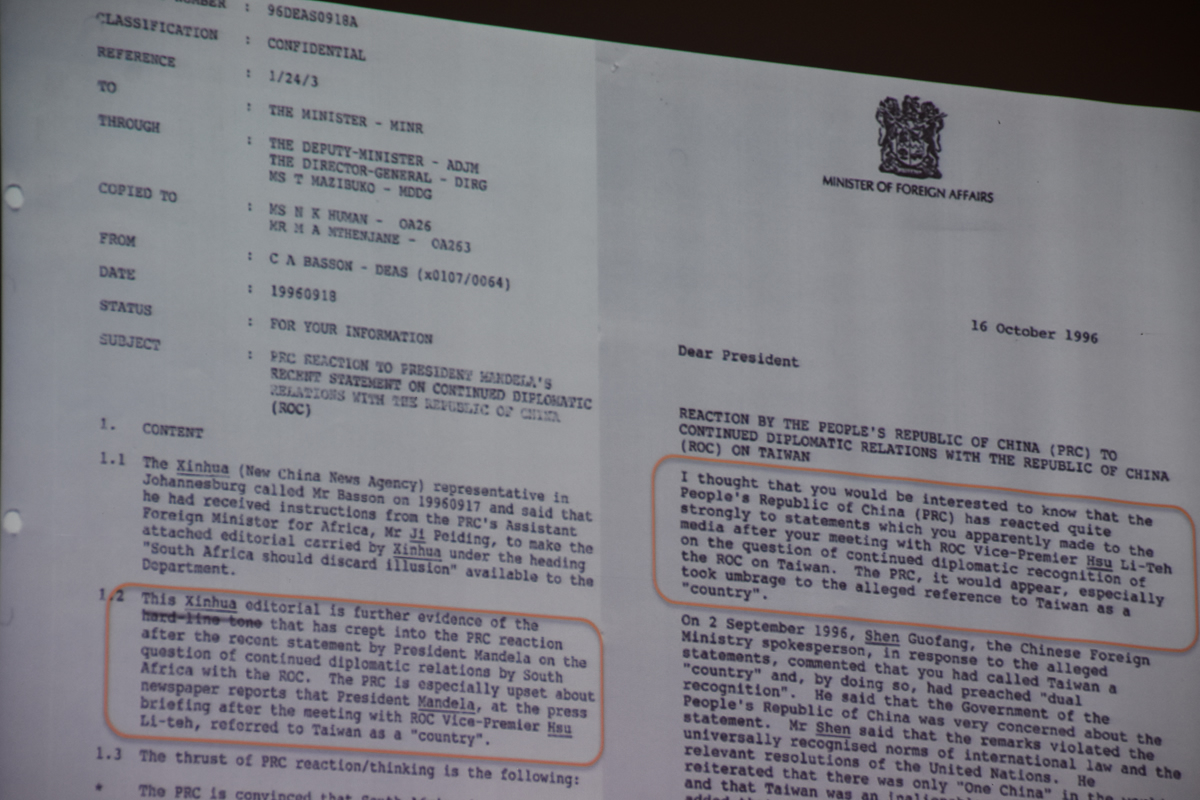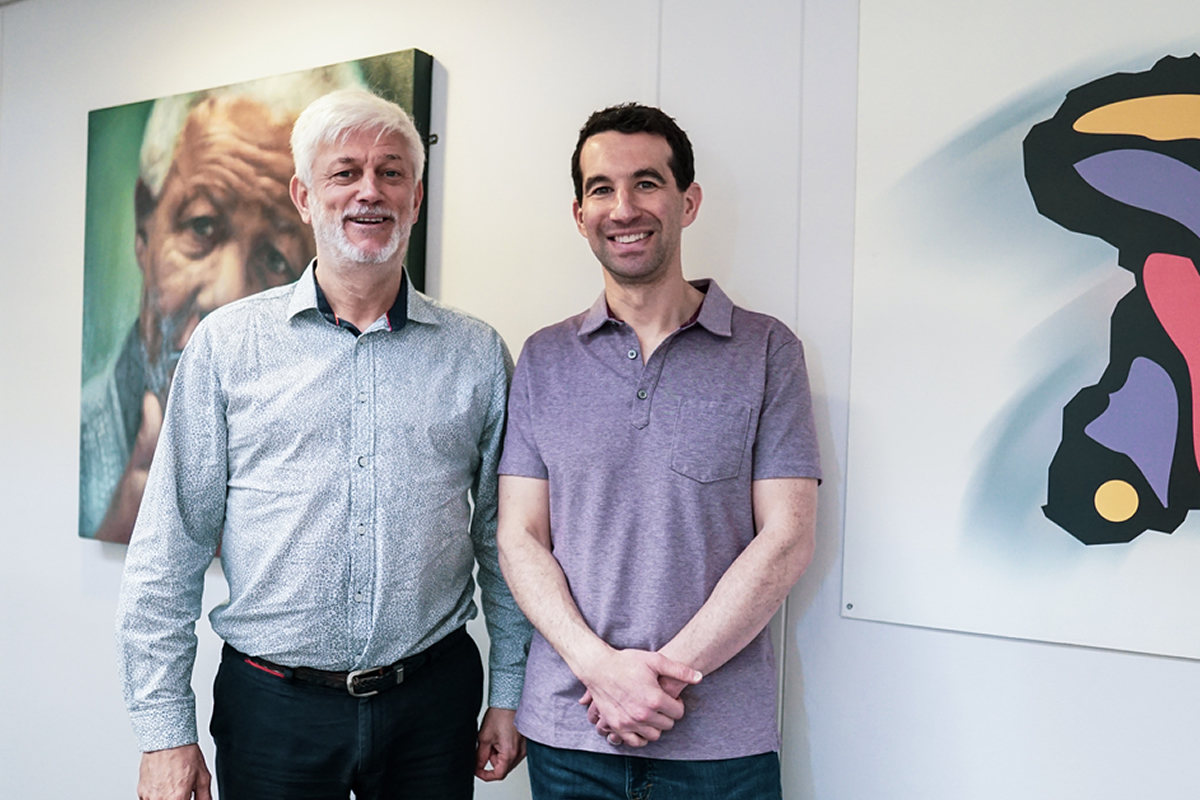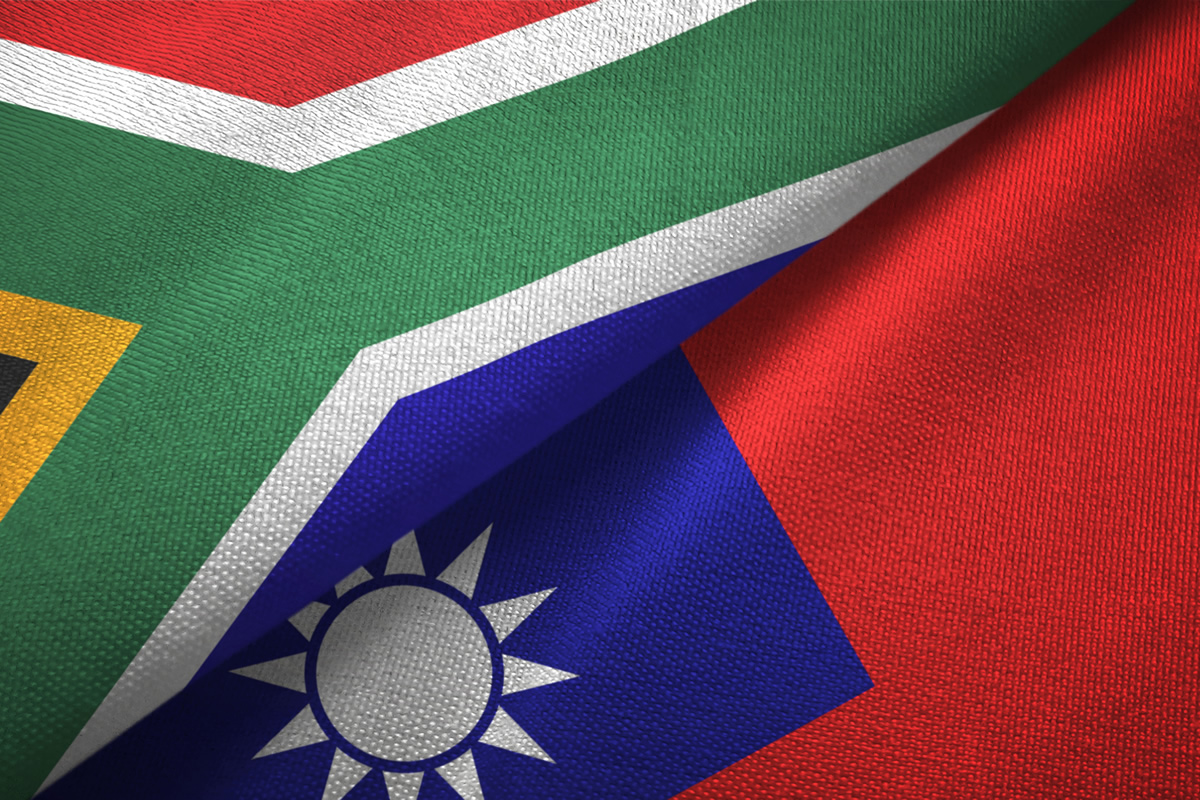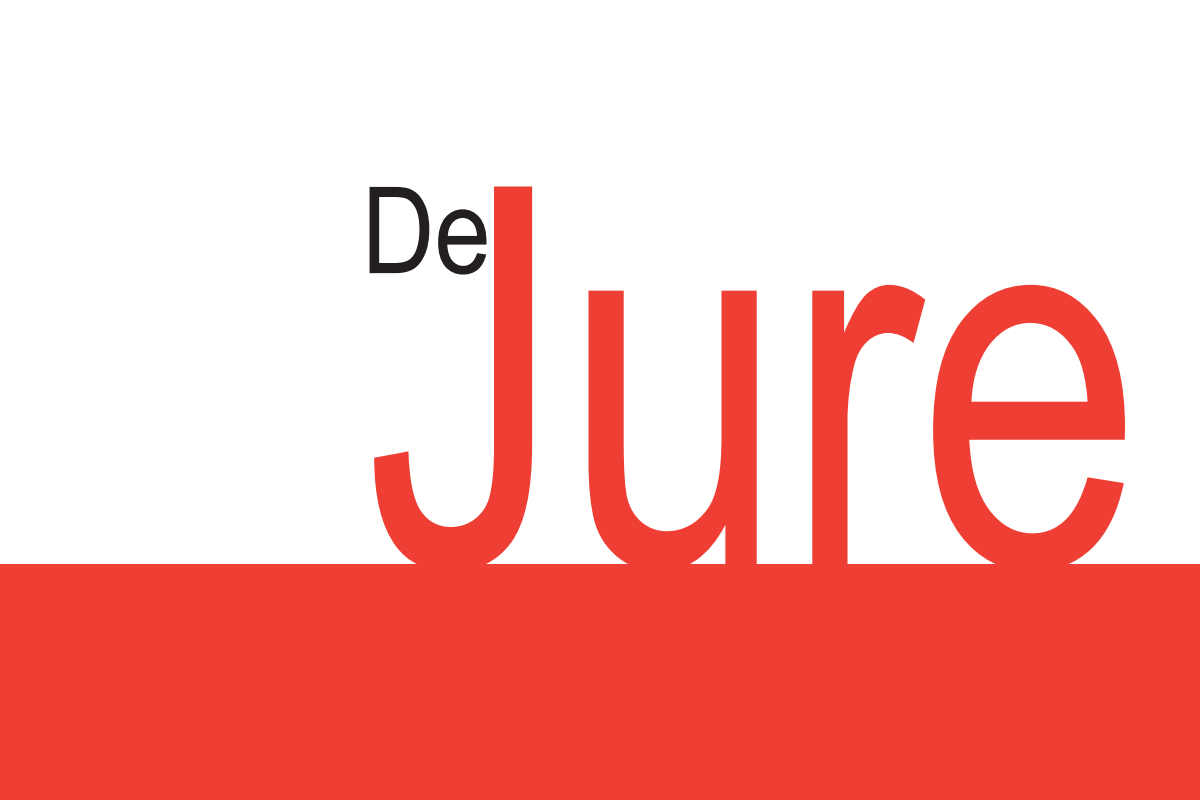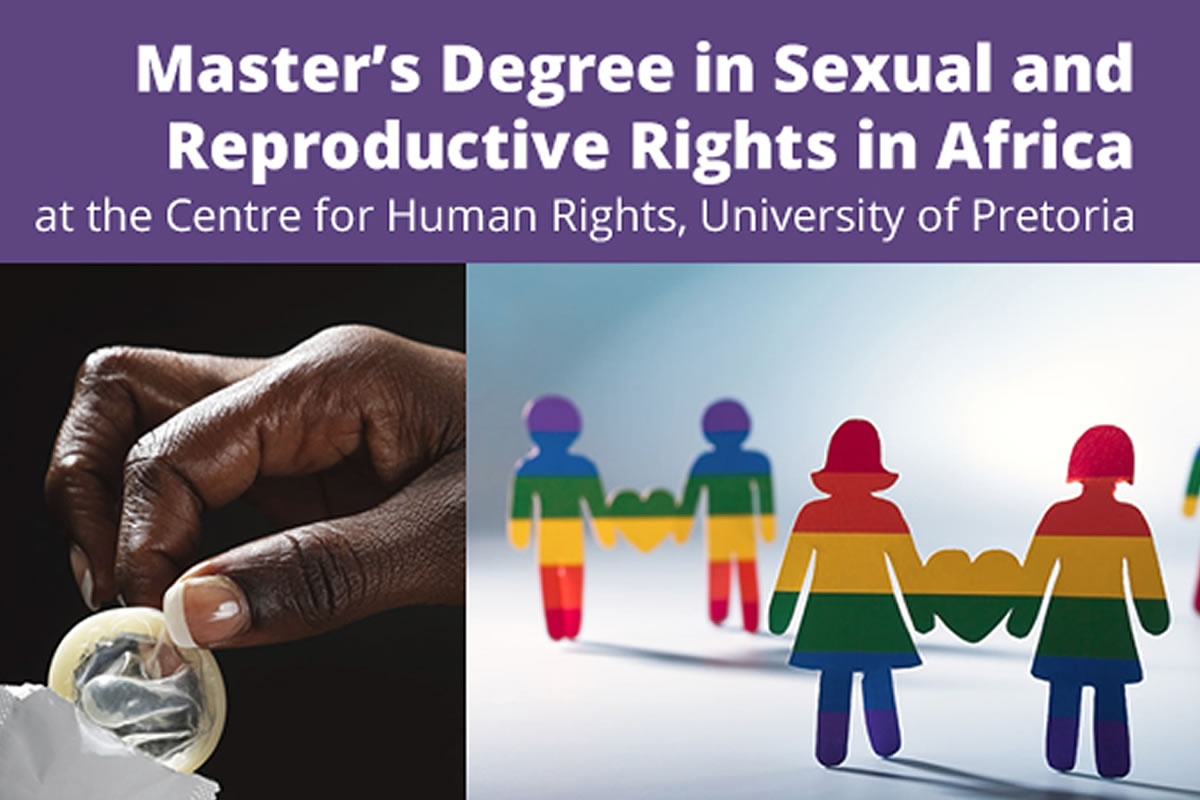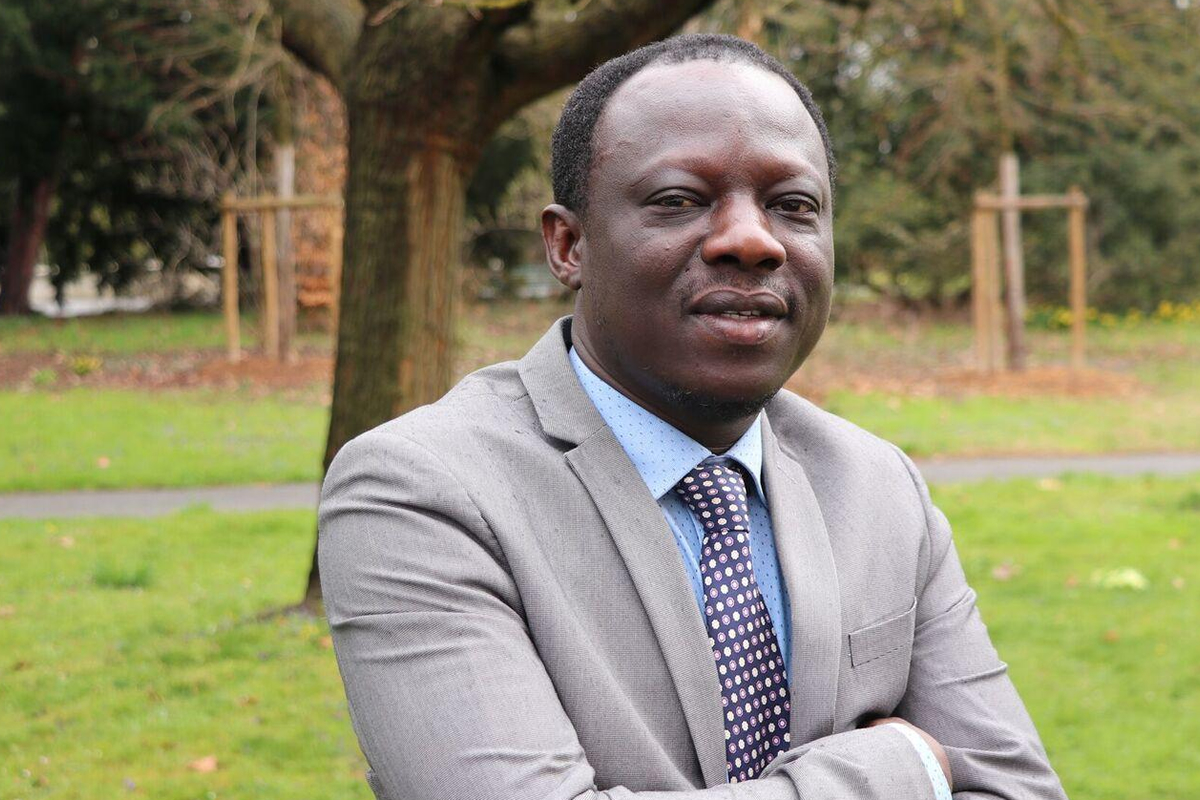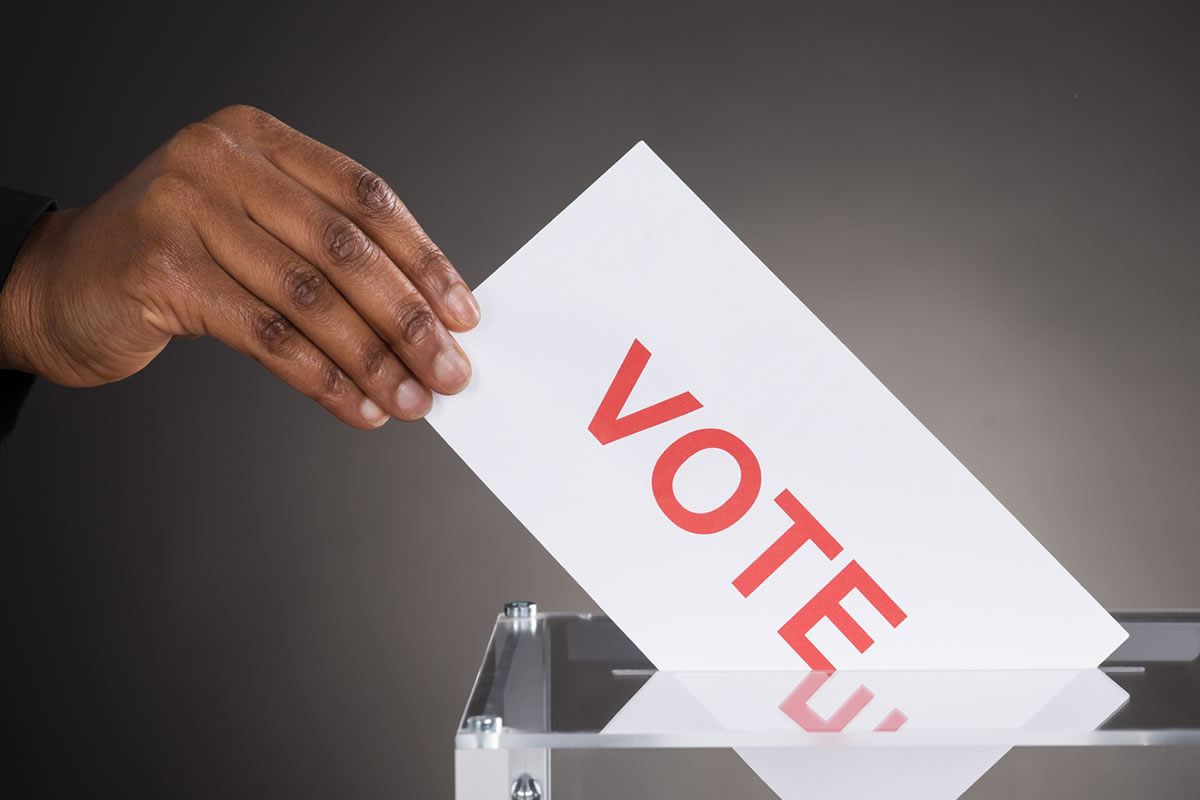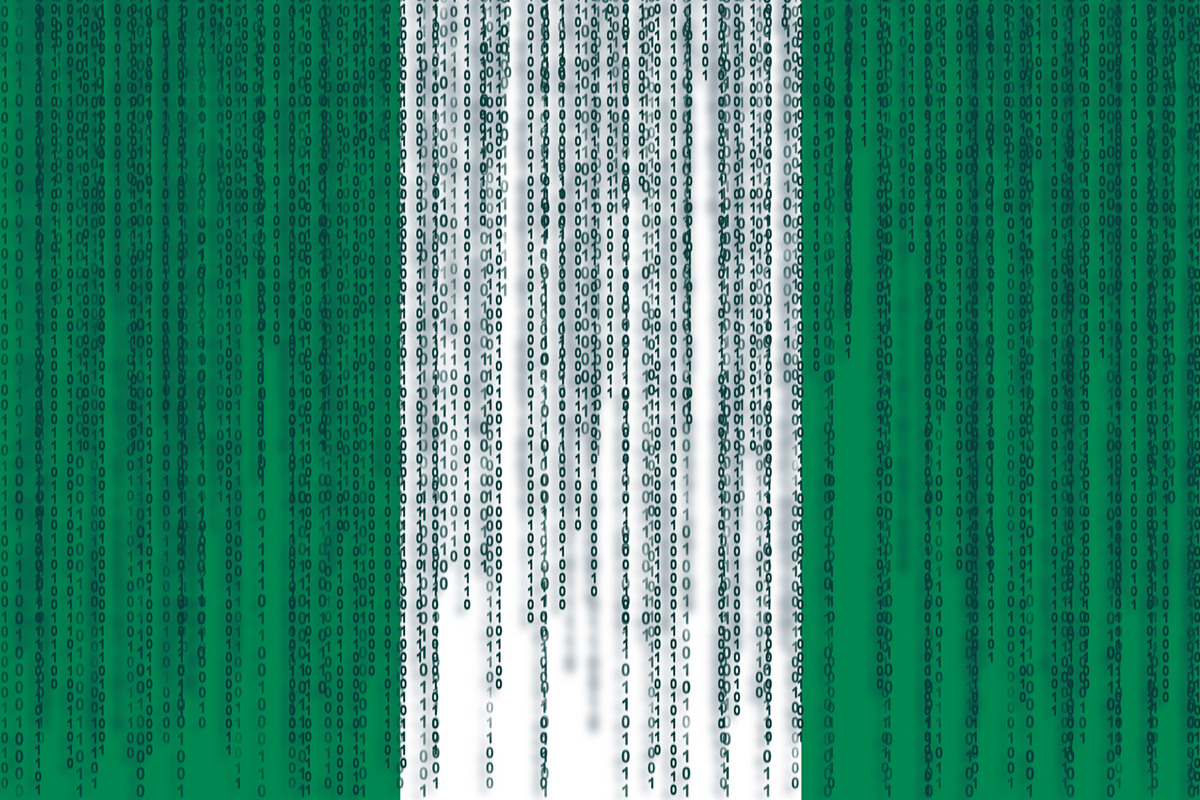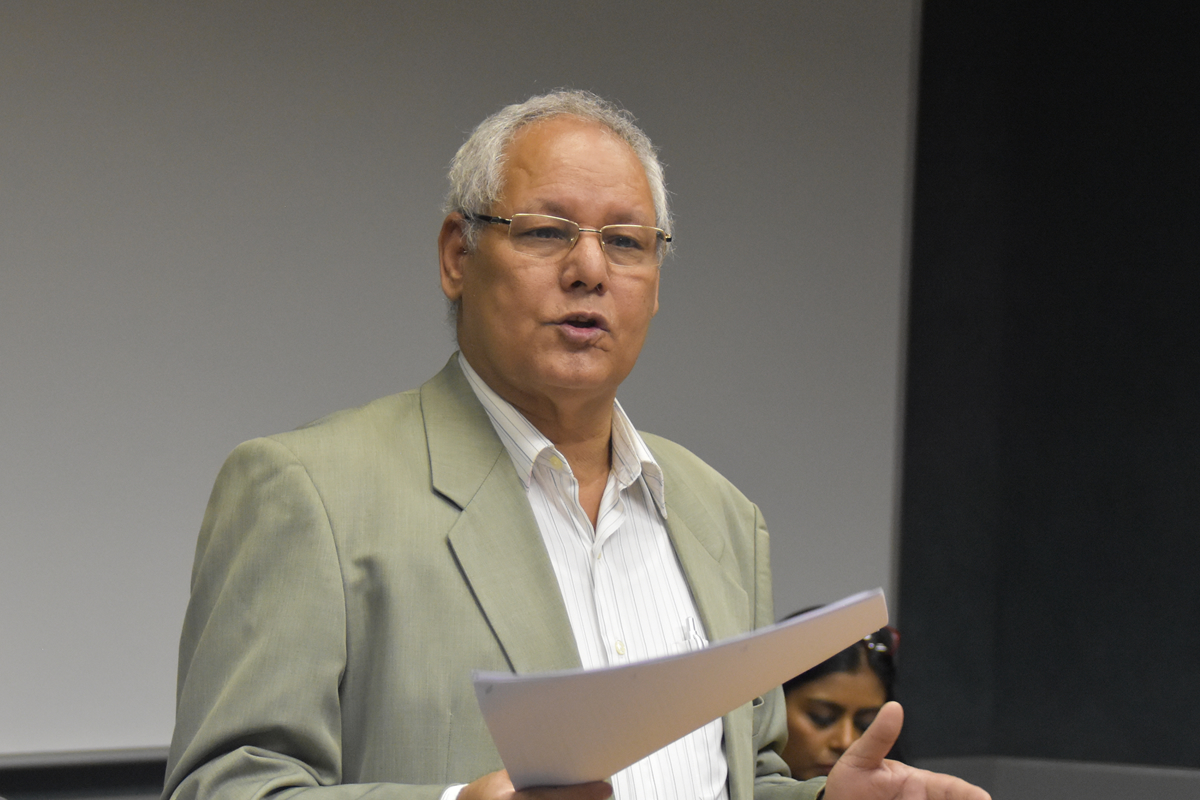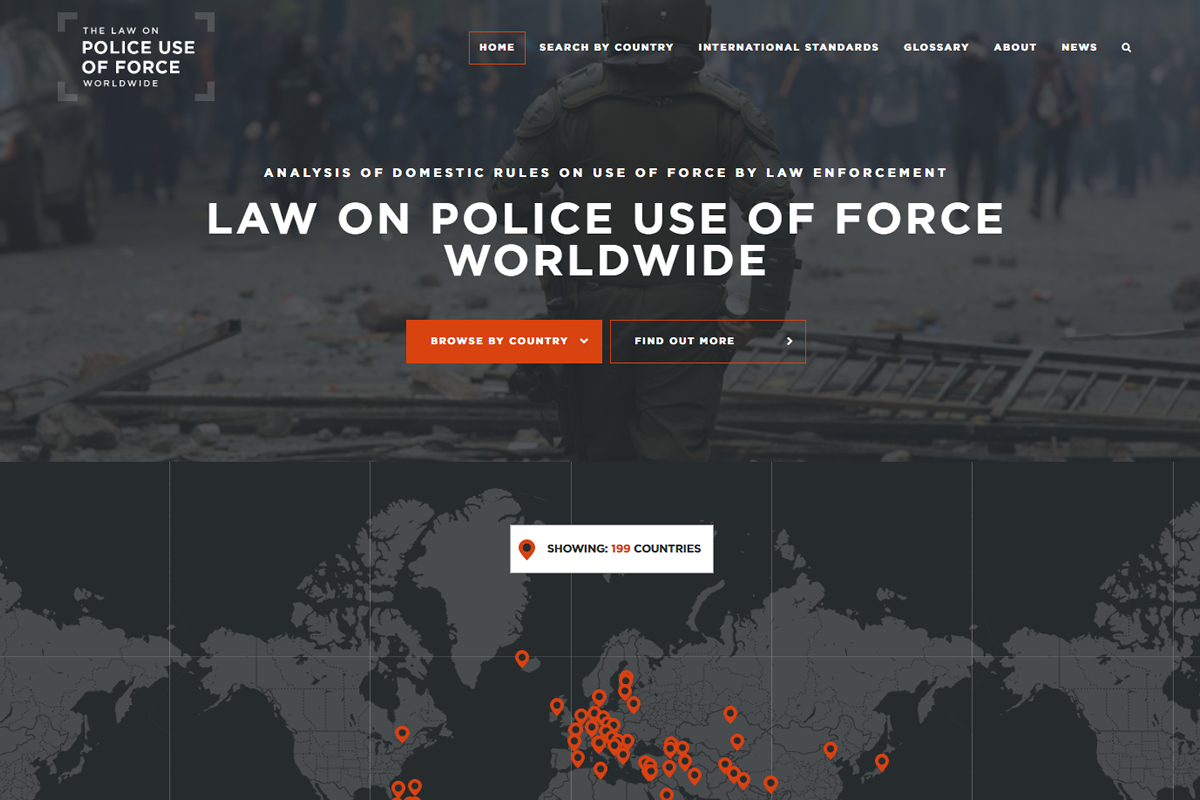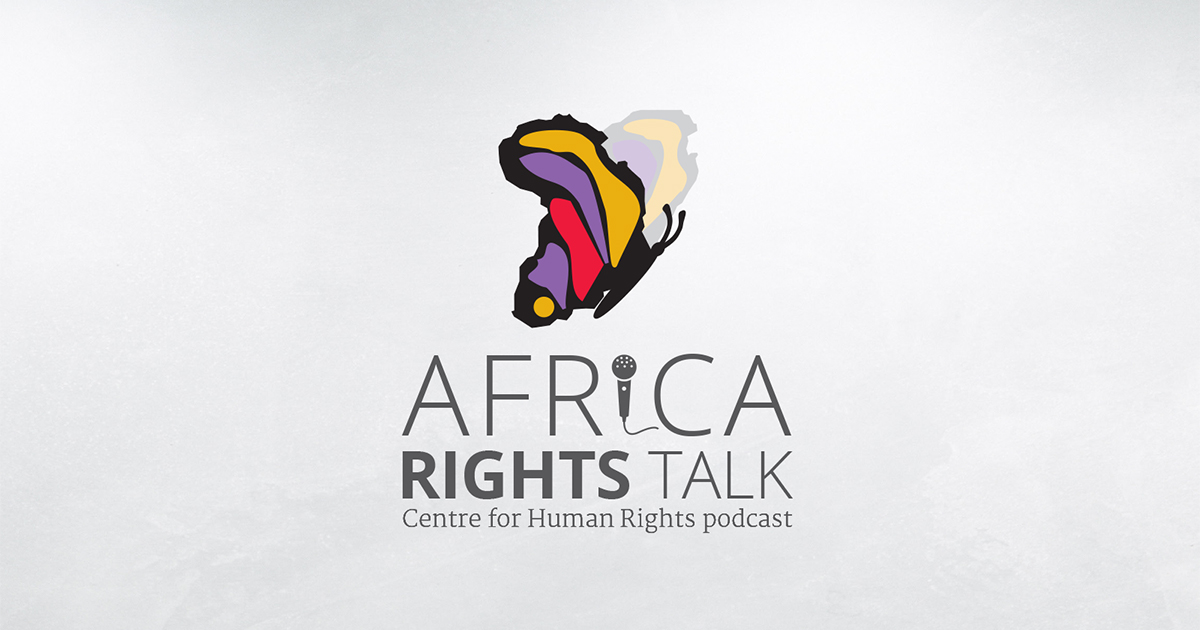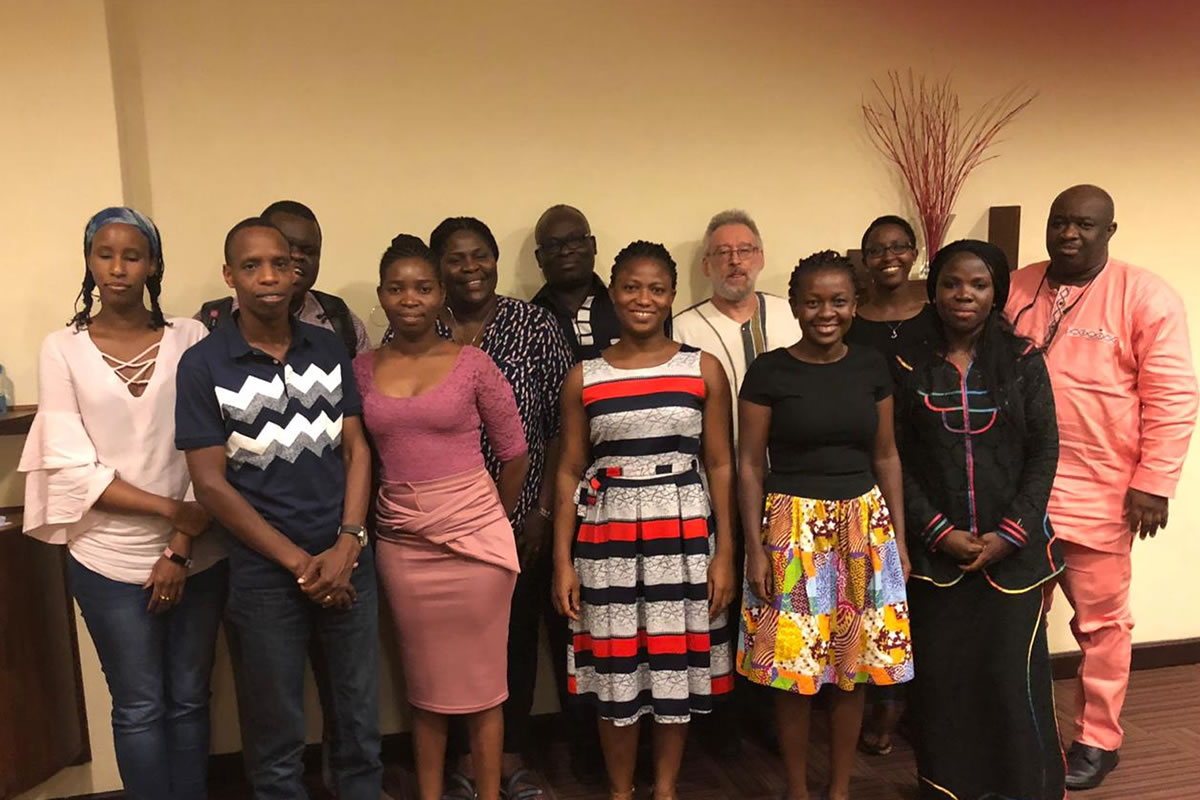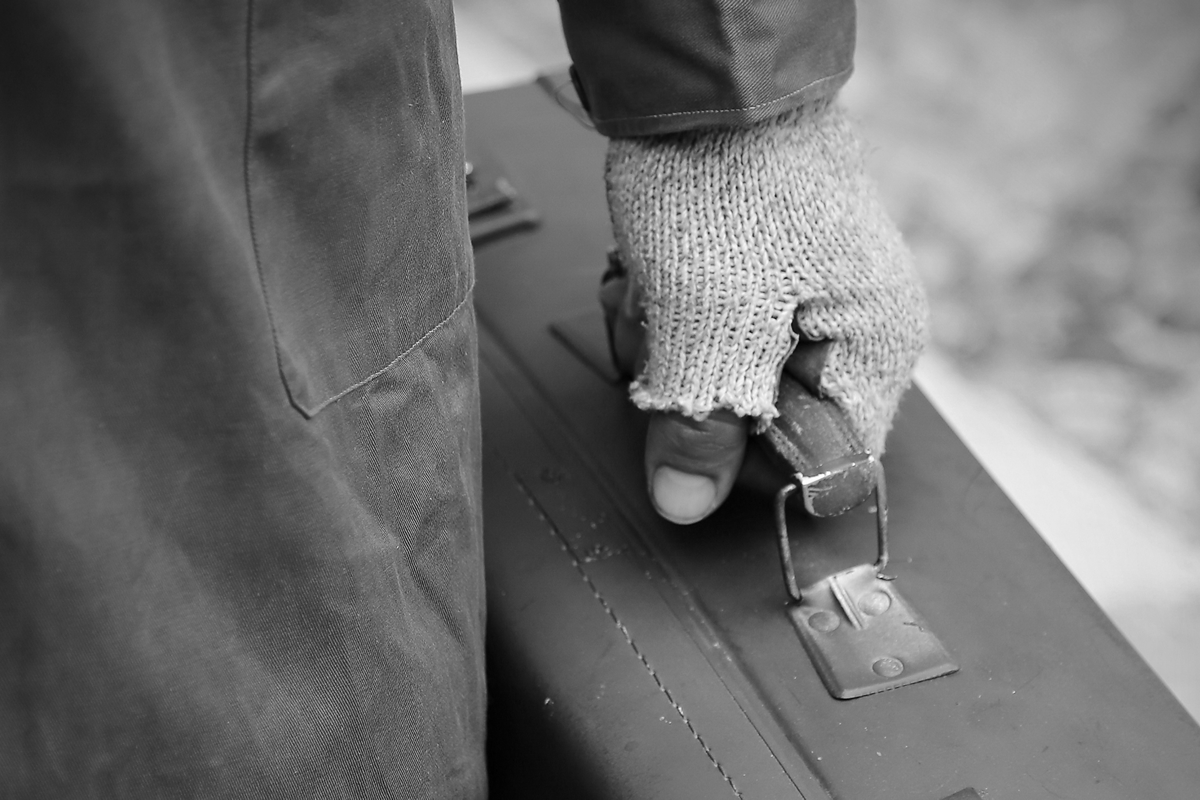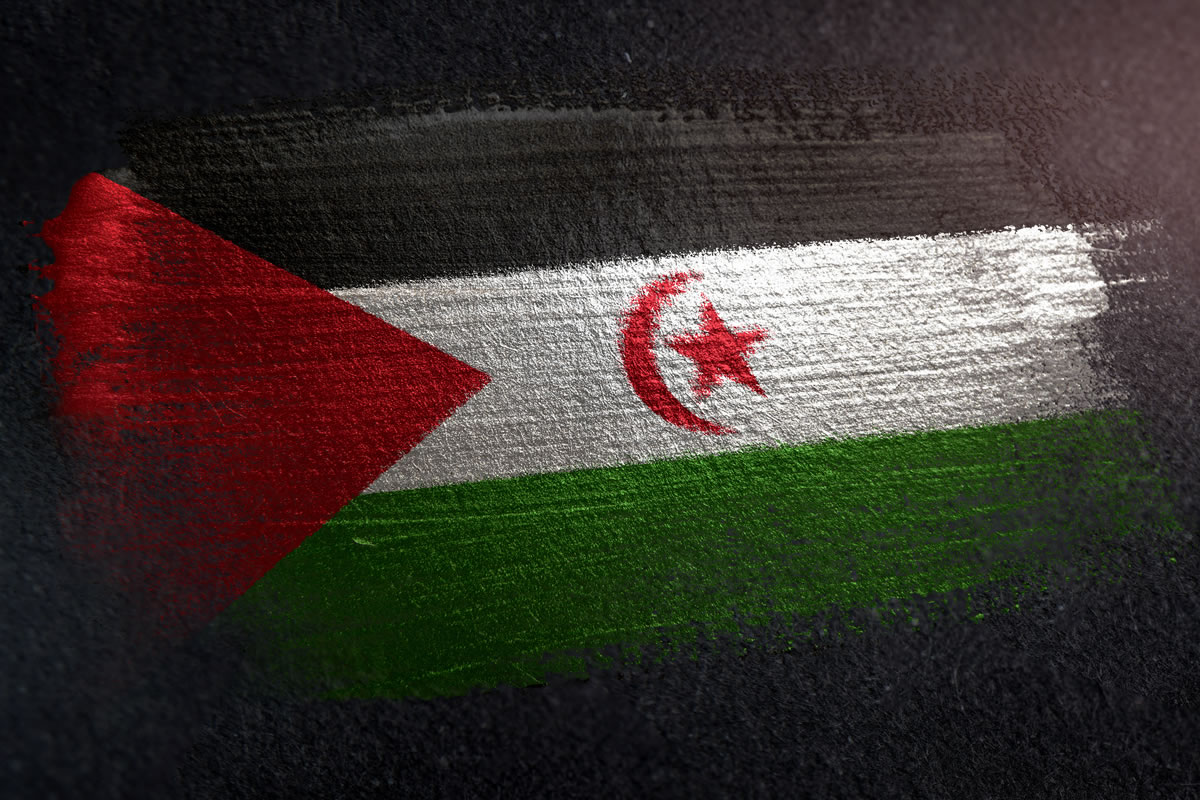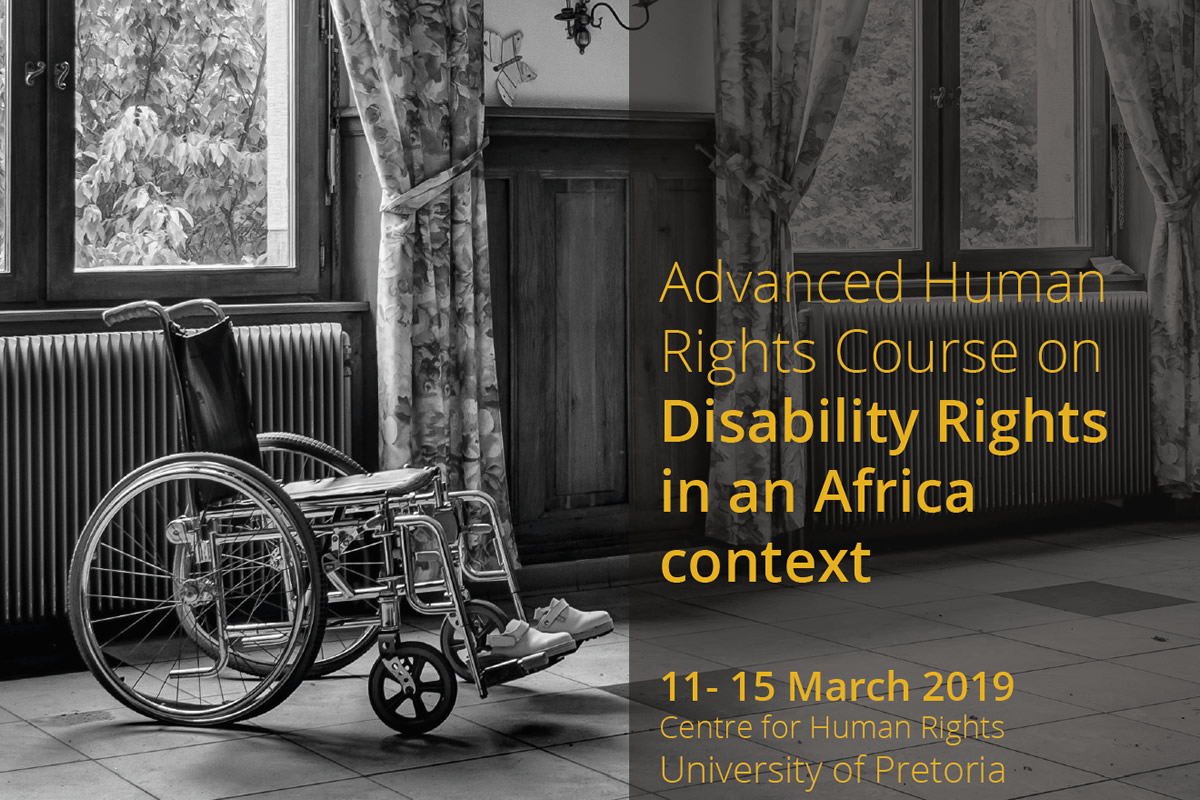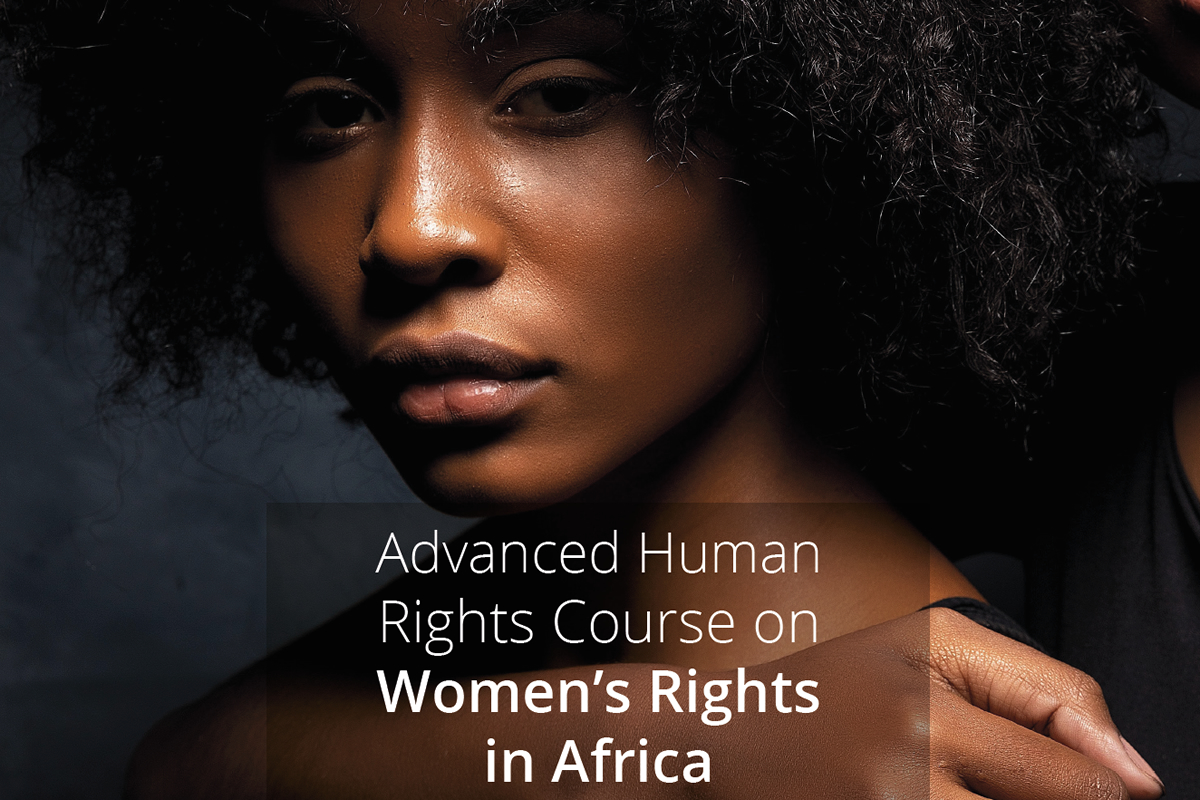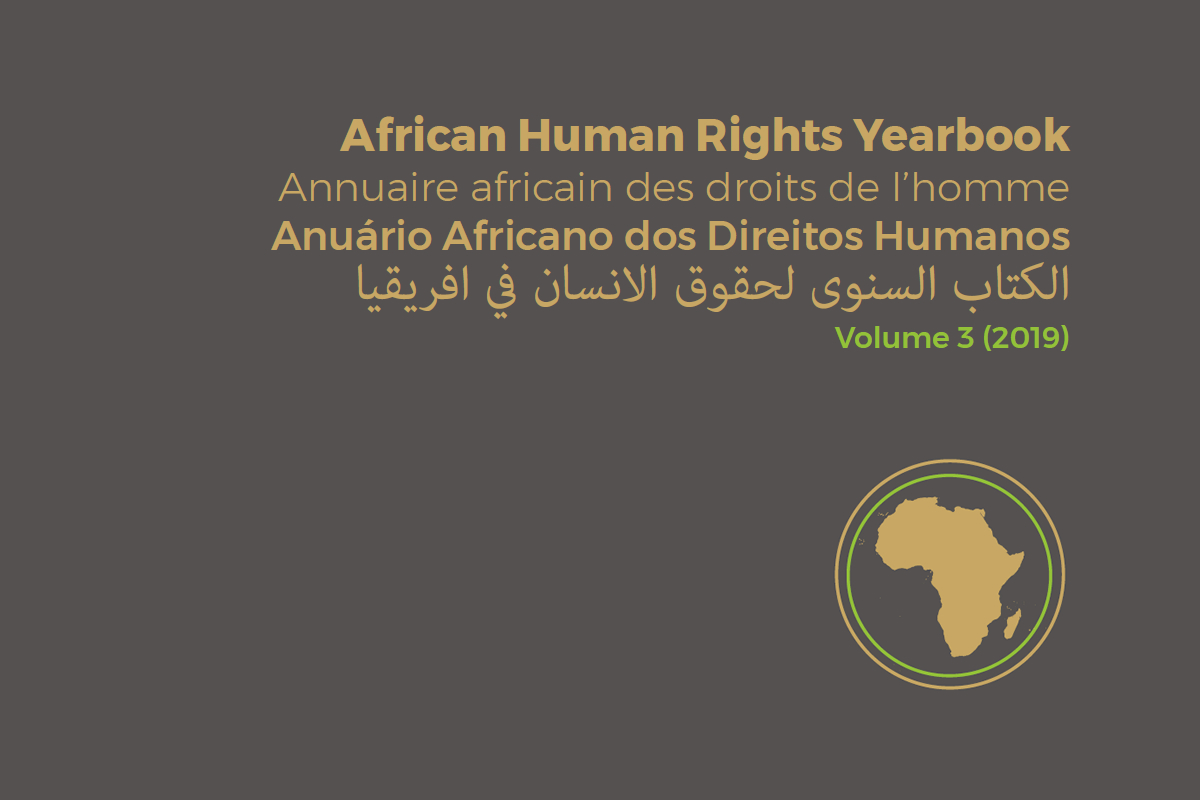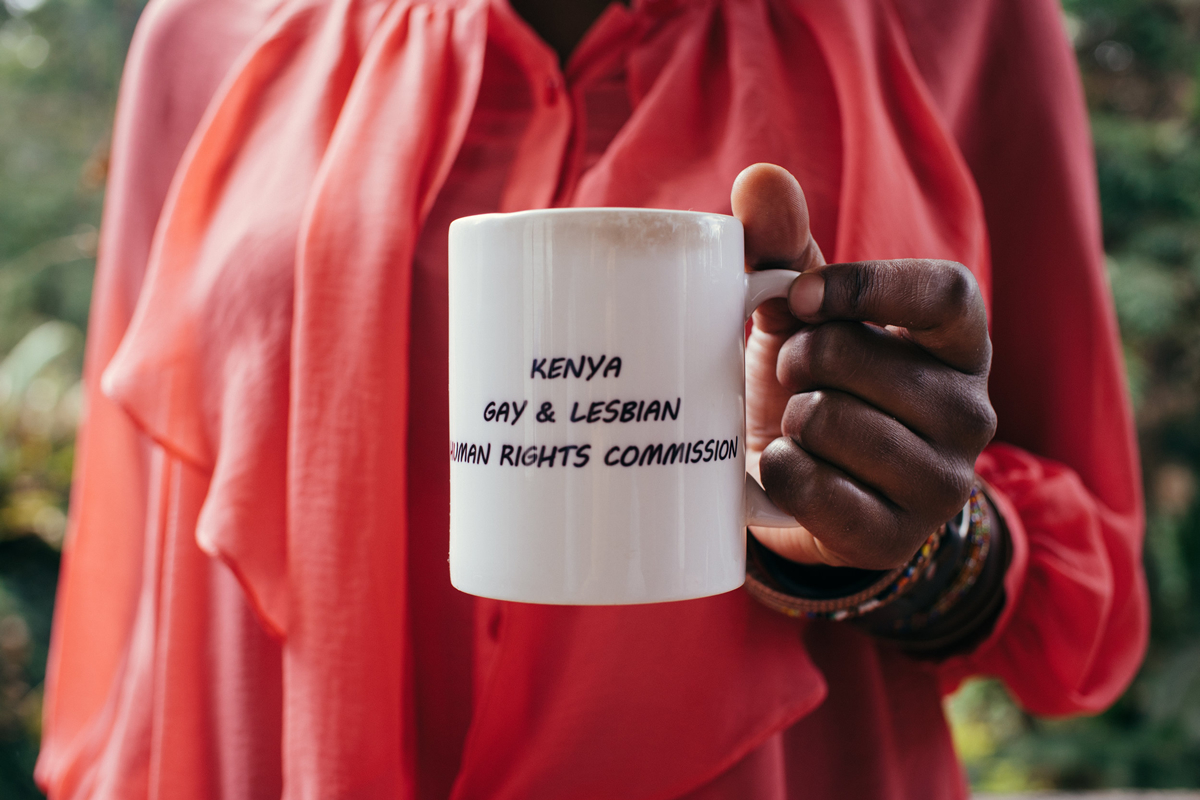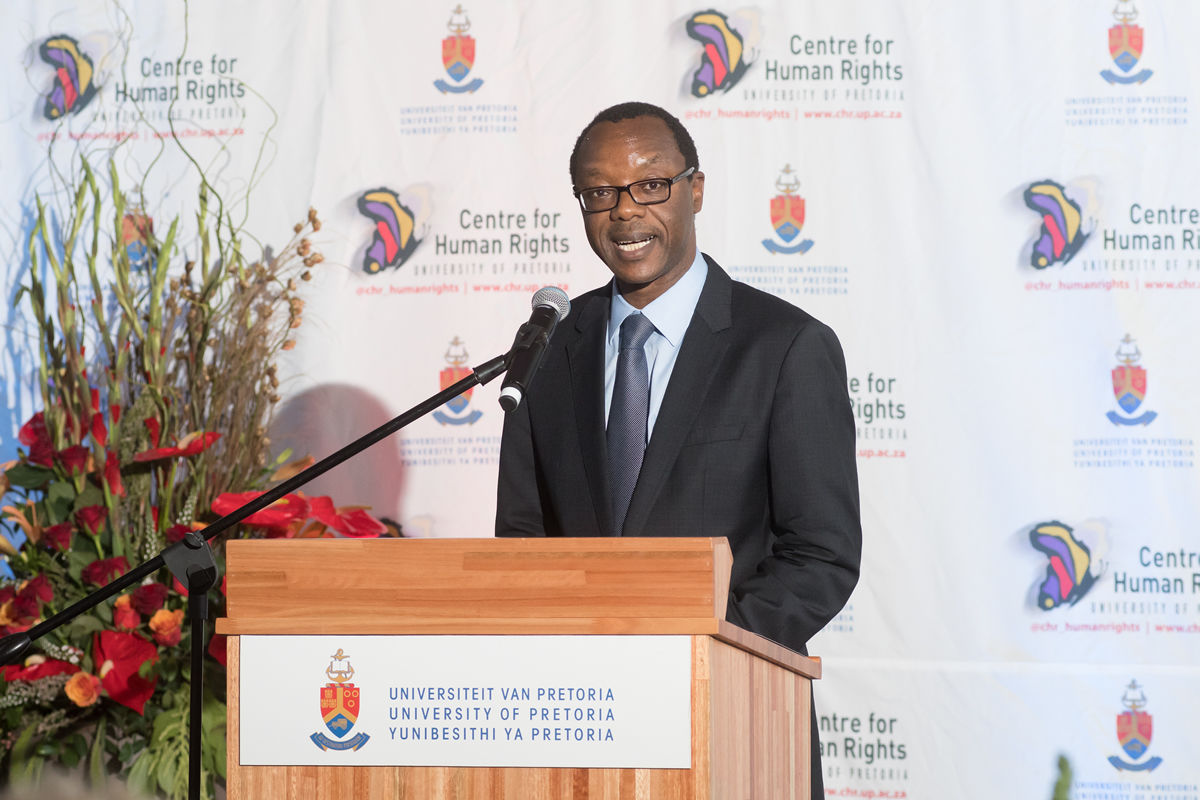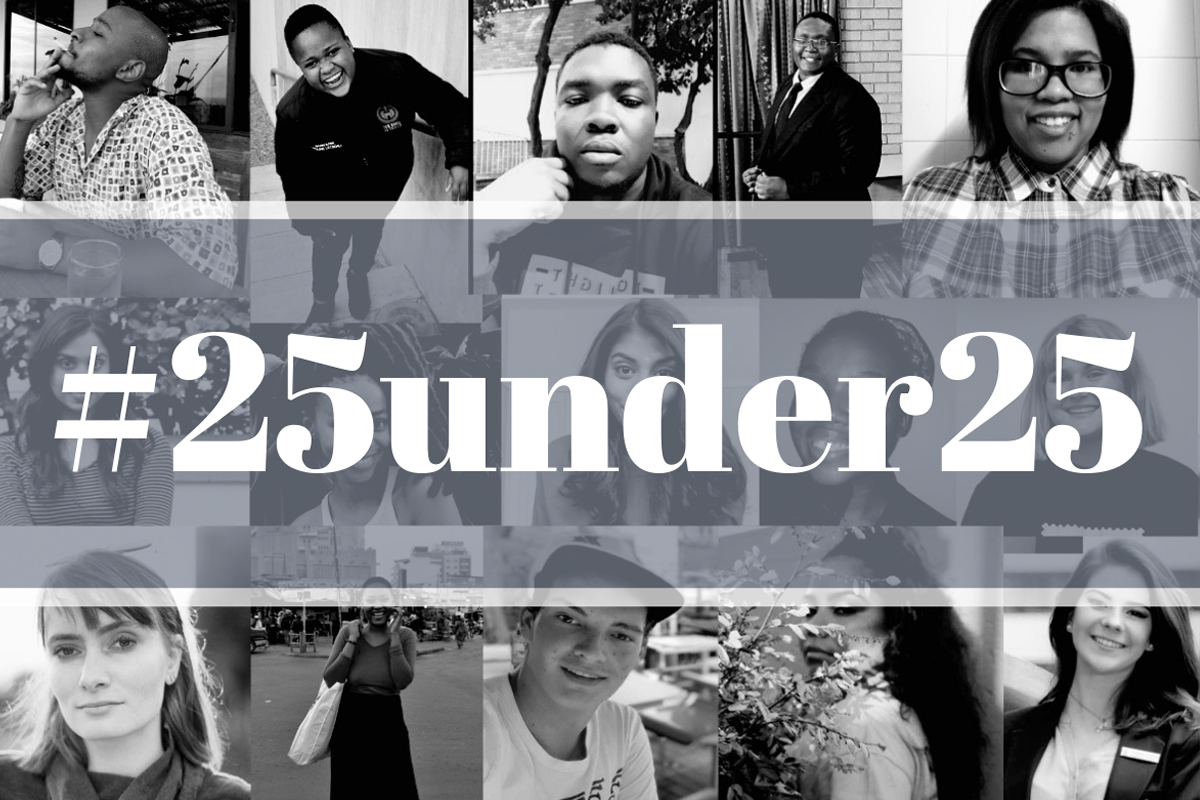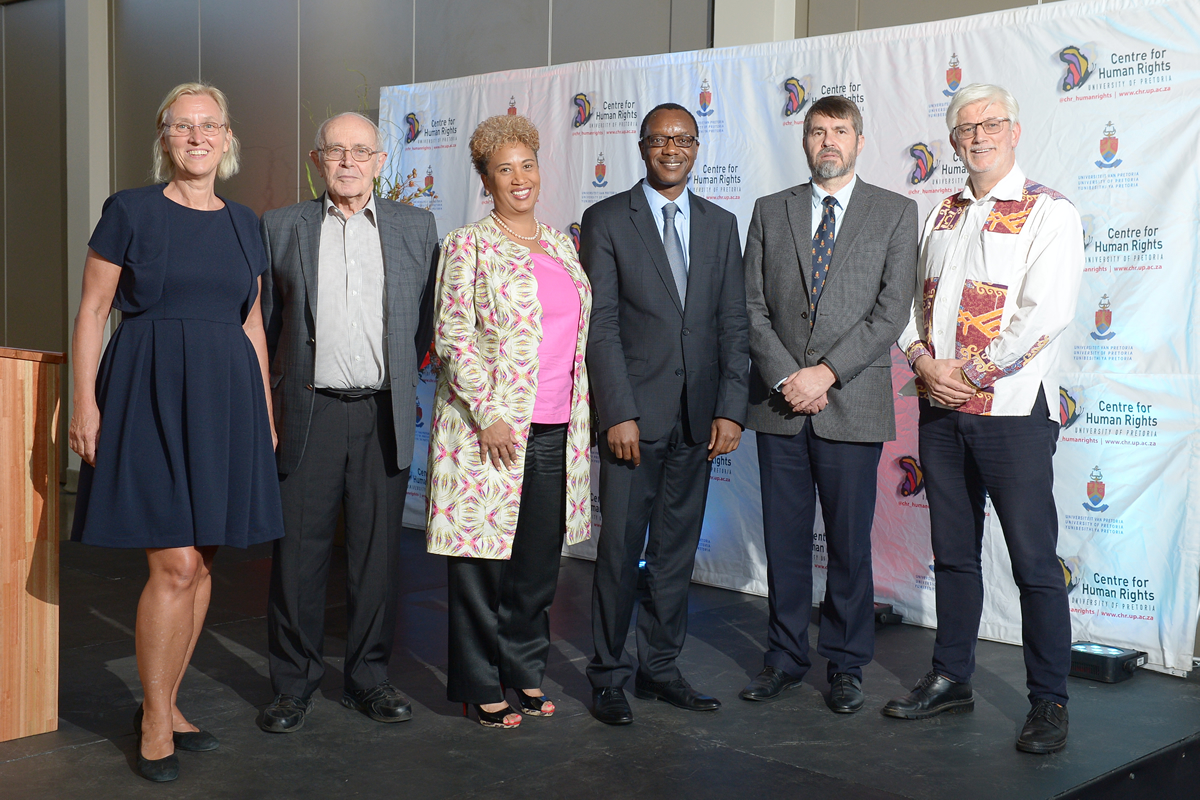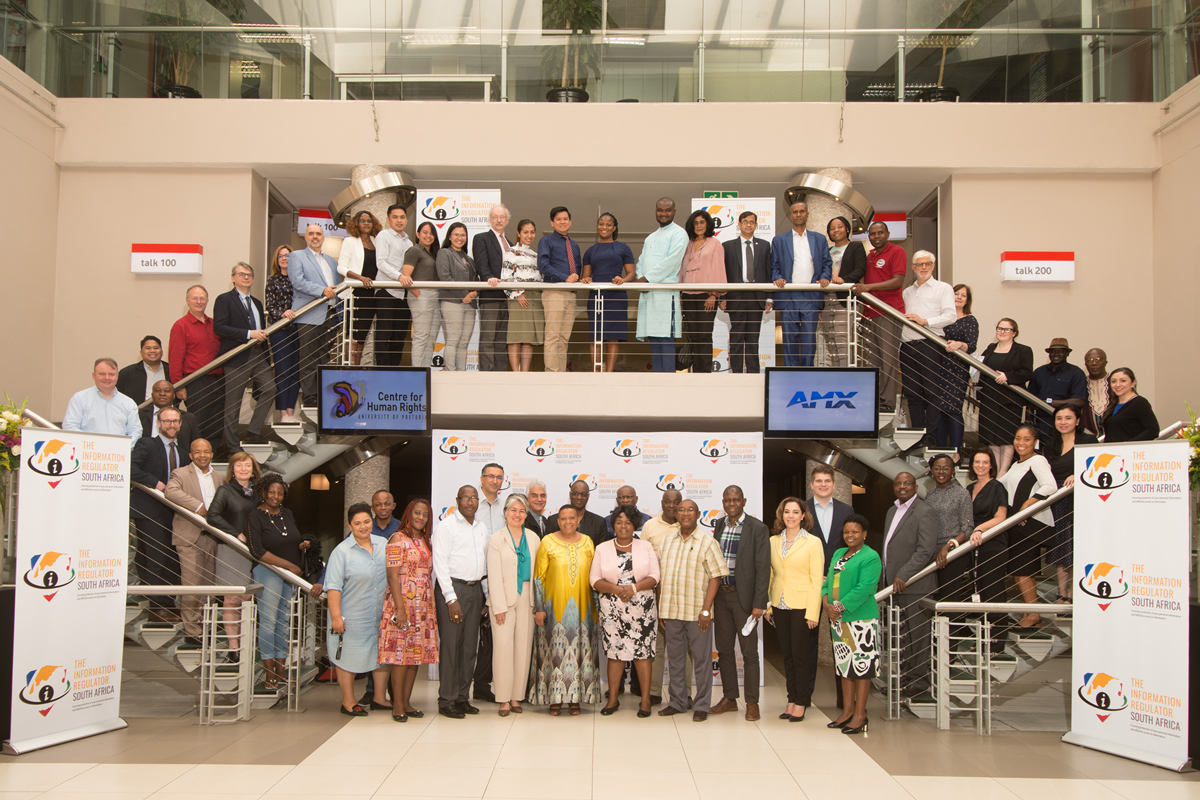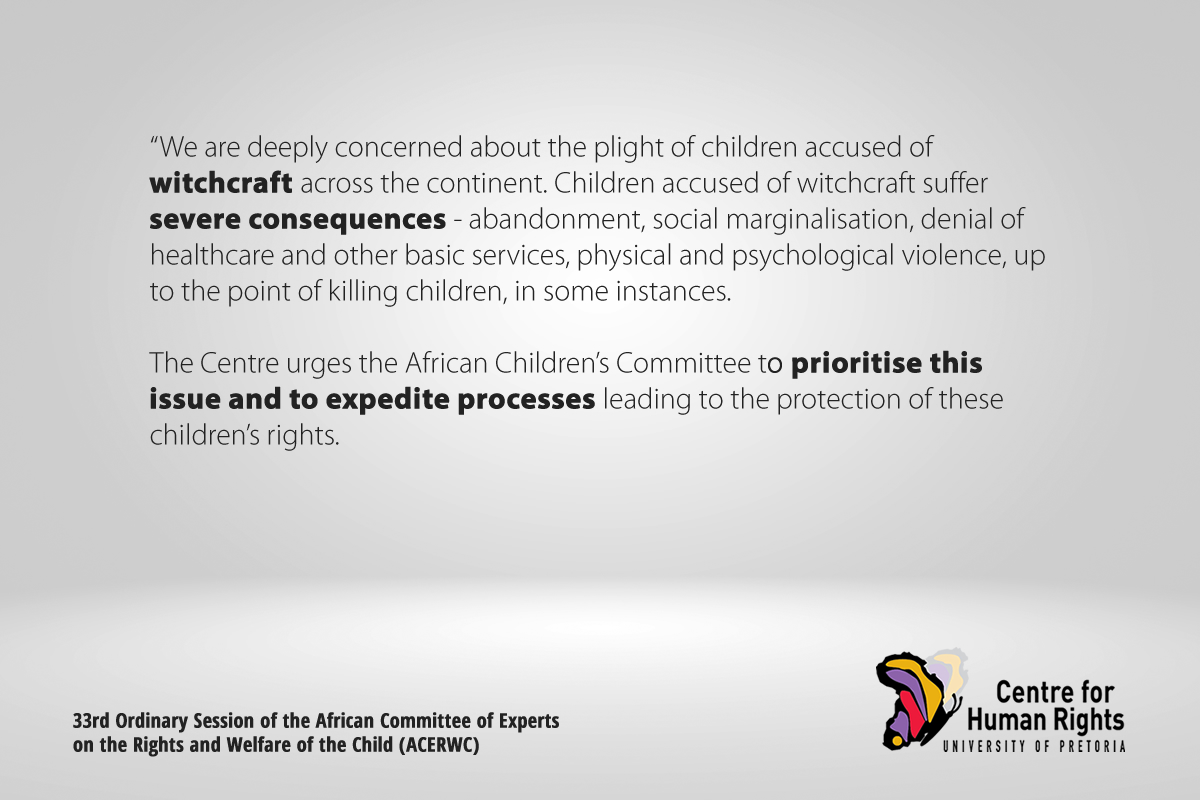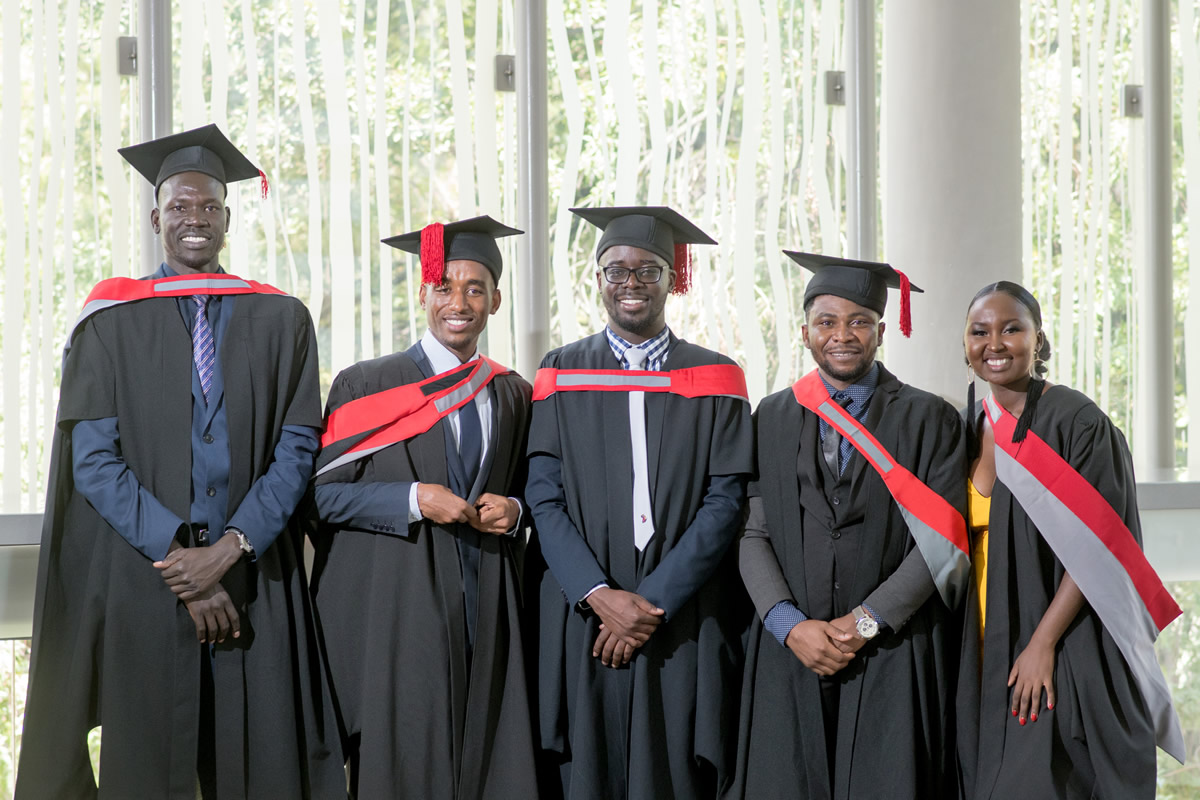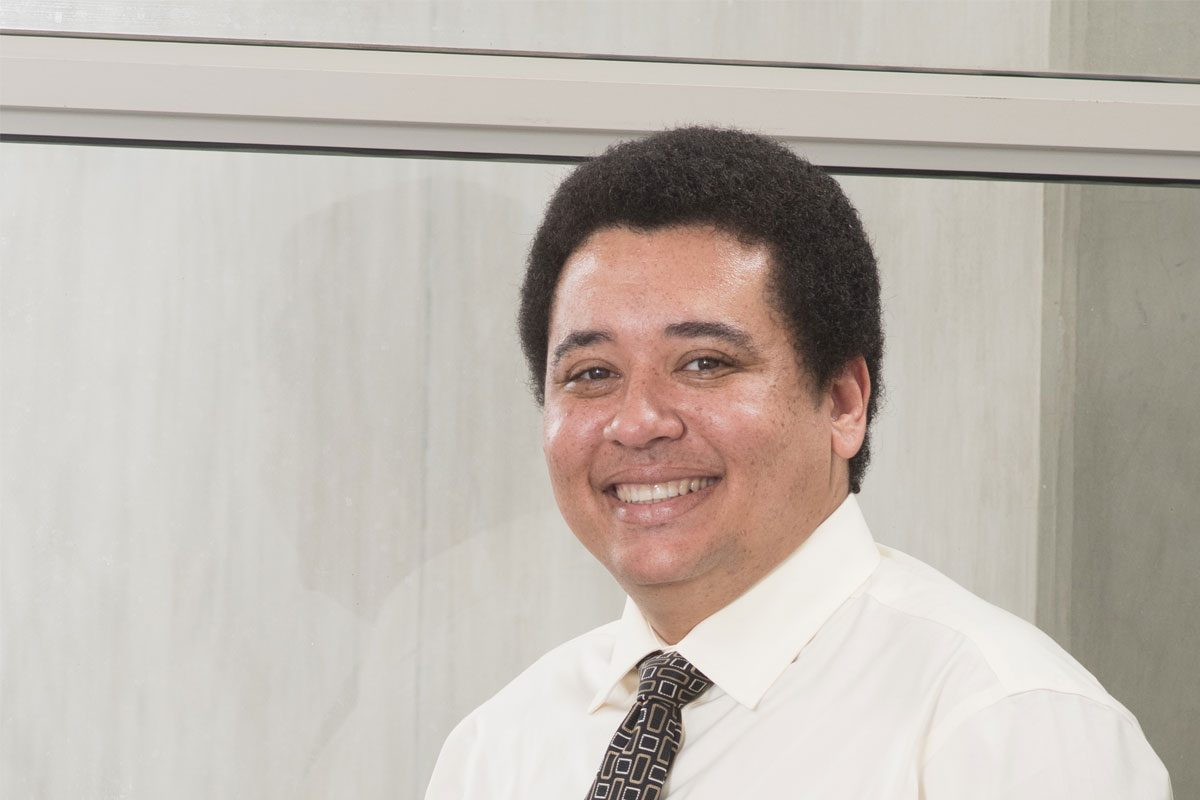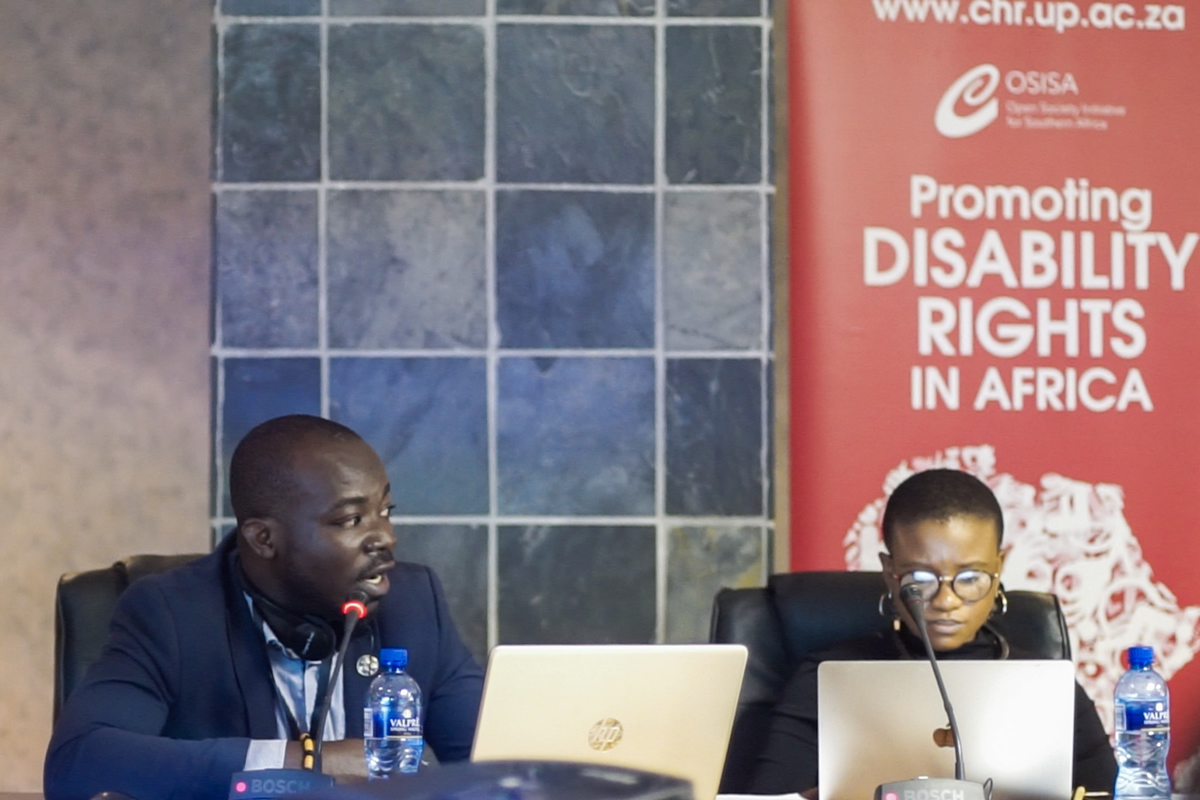- Details
The Advanced Human Rights Course on Children’s Rights in Africa, hosted by the Centre for Human Rights in collaboration with the Centre for Child Law, and the Dullah Omar Institute at the University of the Western Cape (UWC), was held from 22 to 26 July 2019 at the University of Pretoria (UP).
- Details
The Centre for Human Rights, University of Pretoria recently hosted the very successful celebrations of Nelson Mandela International Day in Geneva, Switzerland.
- Details
The Centre for Human Rights, University of Pretoria, in partnership with the Pan-African Parliament (PAP), aims to foster closer collaboration between and among civil society organisations (CSOs) on PAP with a view to advancing and promoting the mandate of the continental Parliament. This partnership further aims to sensitise CSOs on the workings of the PAP and promote active and constructive citizen and civil society engagement with the PAP.
- Details
The team from the University of Oxford has claimed the title as winners of the 11th Nelson Mandela World Human Rights Moot Court Competition, on 19 July 2019. Gayathree Devi KT and Ayushi Agarwal who represented the University of Oxford went up against co-finalists Nathan Ricardo and Nessa Salvador of Macquarie University from Australia. The Moot Court Competition, which focused on the UN human rights treaties, takes place annually at the Palais des Nations in Geneva, Switzerland.
- Details
El 19 de julio de 2019, el equipo de la Universidad de Oxford se adjudicó el título de ganador de la 11va Competencia Mundial de Derechos Humanos Nelson Mandela. Gayathree Devi KT y Ayushi Agarwal, quienes representaron a la University of Oxford, se enfrentaron a los co-finalistas Nathan Ricardo y Nessa Salvador de la Macquarie University de Australia. La Competencia, que se centró en los tratados de derechos humanos de la ONU, se celebra anualmente en el Palacio de las Naciones en Ginebra, Suiza.
- Details
L’équipe du University of Oxford a remporté le titre du 11ème Concours mondial de procès simulé des droits de l’homme Nelson Mandela, le 19 juillet 2019. Gayathree Devi KT et Ayushi Agarwal, qui représentaient l’University of Oxford, ont affronté les co-finalistes, Nathan Ricardo et Nessa Salvador du Macquarie University en Australie. Le concours de procès simulé, qui s'est concentré sur les traités des droits de l'homme de l'ONU, a lieu chaque année au Palais des Nations à Genève, en Suisse.
- Details
The University of Pretoria wishes to invite applications for the following vacancy at the Centre for Human Rights (an academic department and a non-governmental organisation at the University):
CALL FOR APPLICATIONS:
Project Co-ordinator, African Coalition for Corporate Accountability (ACCA) - (One post) (12 month contract appointment) - Centre for Human Rights, University of Pretoria
- Details
On 17 July 2019, the Centre for Human Rights, University of Pretoria (UP), in conjunction with the Simon Nkoli Collective, the Faculty of Humanities (UP), the Department of Sociology (UP) and the Centre for Sexualities, AIDS and Gender (UP), launched an exhibition showcasing the political activism of the late anti-apartheid, AIDS and LGBT struggle icon and activist Simon Nkoli.
- Details
The 11th Nelson Mandela World Human Rights Moot Court Competition is underway at the human rights capital of the world – Geneva, Switzerland.
- Details
The Swedish Embassy in Pretoria, the Centre for Human Rights, University of Pretoria and the Department of Student Affairs, University of Pretoria, cordially invite you to a dialogue and debate on transactional relationships.
- Details
Forced sterilisation and the status of women in society
In conversation with Ms Saoyo Tabitha Griffith
- Details
(By Prof Daniel Bradlow )
Many central banks are rethinking their approach to the environmental and social impact of their operations. This is because their decisions can affect access to housing, healthcare, education, work, to adequate food and water and the security of their pensions.
- Details
The Centre for Human Rights hosted the Advanced Human Rights Course on Business and Human Rights in Africa from 1 to 5 July 2019. The course was organised by the International Development Law Unit (IDLU), in collaboration with the Advanced Human Rights Courses (AHRC).
The course was attended by students on the Human Rights and Democratisation in Africa (HDRA) and International Trade and investment Law in Africa (TILA) programme. Other participants included PhD candidates, human rights activists and academics.
- Details
The Simon Nkoli Collective is a partnership with the Dean’s Office - Faculty of Humanities, Centre for Sexualities, AIDS and Gender (CSA&G), Centre for Human Rights (CHR), and the Sociology Department. The Collective’s aim is to use this exhibition to open debates on transformation, social justice and ideas of memory 25 years into democracy. Moreover, the exhibition is also a celebration of the Faculty of Humanities Centenary through which Simon Nkoli’s memory is evoked as a site for reflecting on Black queer resilience. The desire to inhabit the past through Simon’s journey is to map this existence within the contradictions of (in)equality.
- Details
Dear Uncle Binyavanga
It is the evening of Friday 28 June 2019. The Hatfield campus is shawled through with silence and night. A few story tellers and story lovers, cutting across race, creed, desires, gender and generations, are seated in a well-padded lounge listening to the first of your six part talk: We must free our imagination. It is a deeply disturbing talk because it is personal, political and resists thematic focus. Sir Pierre and I have listened to that first part together and we decided only a few days earlier that it would suit this evening’s closed meeting being held in honour of you.
- Details
(By Prof Daniel Bradlow)
African Union (AU) leaders will gather in Niger on 7 July for an Extraordinary Summit to discuss the African Continental Free Trade Area. They will be meeting at a critical moment for the continent. Many African countries are experiencing uneven growth and rising debt. All face an uncertain global environment and need the boost that closer and more dynamic continental trade relations could deliver.
- Details
The final round of the 28th African Human Rights Moot Court Competition, which took place on 06 July 2019 at the Law Hight Court of Botswana, Gaborone, was won by the combined team comprising the University of Nairobi (Nairobi), University Namibia (Namibia) and Université Félix Houphouët (Côte d'Ivoire).
The runner up team consisted of Zambeze University (Mozambique), Makerere University (Uganda), and University of Pretoria (South Africa).
- Details
On 5 July 2019, the Centre for Human Rights, University of Pretoria in conjunction with the Faculty of Law, University of Botswana organised an International Conference on the Protection of Persons Forcibly Displaced in Africa in Africa. The Conference was held as part of the #AfricanMoot2019 in Gaborone, Botswana. Presenters were drawn from a wide range of backgrounds focusing on a plethora of issues relating to the issue of forced displacement in Africa.
- Details
The preliminary rounds were held on 02 and 03 July at the Faculty of Law, University of Botswana, the preliminary rounds involve all participating teams arguing the hypothetical case four times: twice as Applicants and twice as Respondents. The rounds are held separately in English, French and Portuguese and panels of judges made up of law lecturers (faculty representatives) and other human rights law experts.
- Details
The first day of the preliminary rounds of the 28th African Human Rights Moot Court Competition has kicked off at the University of Botswana.
- Details
The 28th African Human Rights Moot Court Competition was officially opened by the guest of honour Honorable Dr Unity Dow, the Minister of International Affairs and Cooperation in Botswana on 1 July 2019.
- Details
Liberia is one of the poorest countries in the world, and its economy is extremely underdeveloped, largely due to the First Liberian Civil War in 1989-96. The World Bank’s recent information on the poverty rate in Liberia indicates that around 63% of the country lives on less than $1.90 per day. The alarming poverty rate in Liberia cripples growth and exacerbates other issues such as poor infrastructure, inadequate human and financial resources which are ubiquitous in the country. These challenges affect the delivery of essential services such as health, education, and other developmental programmes. In addition, the lack of both financial and human resources has hampered the country’s ability to meet its reporting obligations to the African Commission on Human and Peoples Rights (African Commission).
- Details
Securing family and women’s rights through an African response
In conversation with Prof Fareda Banda
- Details
The United Nations General Assembly decided that 20 June would be celebrated as World Refugee Day in Resolution 55/76. The significance of this day is to highlight the situation refugees across the world are facing and urge the global community to stand in solidarity with them. To mark this day, the Advocacy Unit of the Centre developed a documentary as part of the #AfricanMigrantsMatter campaign.
Centre and OSISA host seminar and photo exhibition to celebrate International Albinism Awareness Day
- Details
On 13 June 2019 the Disability Rights Unit and the Advocacy Unit at the Centre for Human Rights, University of Pretoria, in partnership with the Open Society Initiative for Southern Africa (OSISA), celebrated International Albinism Awareness Day.
- Details
On 6 June 2019, the Centre for Human Rights, University of Pretoria, held an advocacy meeting on the ratification of the Protocol to the African Charter on Human and Peoples Rights on the Rights of Older Persons in Africa (Older Persons Protocol) in Liberia. The event was held in collaboration with HelpAge International, the Global Alliance, the Ministry of Justice and the Ministry of Gender to sensitise Liberia on the Older Persons Protocol and urge them to ratify it. The meeting was held at the Golden Key Hotel, Monrovia. This forms part of the Centre’s ongoing #AgeWithRights campaign to enhance the protection of older persons, focusing specifically on the rights of older women.
- Details
The Women's Rights Unit at the Centre for Human Rights, University of Pretoria, coordinated a 4-day state reporting workshop from 26 to 30 May 2019 in the Kingdom of Eswatini. The aim of the workshop was to draft the State Party Report to the African Commission on Human and Peoples Rights (African Commission). The report is in two parts, with part A focusing on the African Charter on Human and Peoples’ Rights (African Charter) and part B on the Protocol to the African Charter on Human and Peoples’ Rights on the Rights of Women in Africa (Maputo Protocol). The meeting was hosted by the Ministry of Justice in Mambane, Eswatini in collaboration with the Centre for Human Rights.
- Details
Strategic litigation of economic and social rights: Expectations of compliance and impact
In conversation with Prof Malcolm Langford
- Details
(By Prof Frans Viljoen)
Botswana’s High Court has ruled that private consensual sex between adults of the same sex is no longer criminal. The decision gives hope to lesbian, gay, bisexual and transgender (LGBT) people in African countries that still have similar laws in place. Most share a common history, with criminalisation finding its way into local law through British colonial penal codes inspired by Victorian-age morality. In total, 32 African states still criminalise same-sex acts.
Sixteen years ago, Botswana’s courts took a different view. Responding to a similar challenge, the High Court in 2003 invoked public morality to justify keeping these provisions of the Penal Code. This decision was confirmed by the Court of Appeal, which found that there was no evidence that the “approach and attitude” of the society “required a decriminalisation of those practices”. The Court did observe that the “time has not yet arrived to decriminalise homosexual practices even between consenting adult males in private”.
- Details
The High Court of Botswana has, in a landmark ruling and a unanimous decision by the bench declared Section 164 and 165 of the Botswana Penal Code that previously criminalised same-sex sexual acts, as unconstitutional. Botswana joins Angola, Mozambique, Seychelles, and South Africa as members of the Southern African Development Community (SADC) to have decriminalised same-sex sexual acts, a progressive outlook for this region. The Botswana decision comes not so long after Kenyan judges upheld similar provisions in the Kenyan Penal Code criminalising same-sex sexual acts, a sad contrast.
- Details
The Sexual Orientation, Gender Identity and Expression, and Sex Characteristics (SOGIESC) Unit of the Centre for Human Rights, Faculty of Law, is recruiting for the position of Student Project Associate for a six month contract beginning on 1 July 2019 and ending on 31 December 2019, renewable based on performance and continued funding. Currently registered UP students are encouraged to apply.
- Details
Join the Centre for Human Rights at RightsCon Tunis 2019 to discuss the feasibility of developing a digital rights model law for Africa. The conversation looks to focus on the challenges and the likely success of developing region-specific legislation on digital rights. It looks to work on having member states work towards rights-respecting legal policy solutions for new and emerging technologies in Africa from a regional perspective.
Invitation: Brown Bag Seminar and Photo Exhibition to celebrate International Albinism Awareness Day
- Details
The Open Society Initiative for Southern Africa (OSISA) and the Centre for Human Rights, University of Pretoria, invite you to a Brown Bag Seminar and Photo Exhibition on International Albinism Awareness Day (13 June).
The theme for International Albinism Awareness Day 2019 is #StillStandingStrong
- Details
The Pretoria Student Law Review (PSLR) is now accepting original research articles, and the traditional reviews published in the past, for the 2019 (Volume 13) edition on any topic in law and its related disciplines.
- Details
The Centre for Human Rights (the Centre), University of Pretoria, calls on the South African government to enhance the protection for older persons; and to ratify the Protocol to the African Charter on Human and Peoples’ Rights on the Rights of Older Persons in Africa (Protocol on Older Persons).
- Details
The Centre for Human Rights, University of Pretoria, in collaboration with the African Policing Civilian Oversight Forum (APCOF), hosted the annual advanced human rights short course on Effective and Accountable Policing in Africa from 27 to 31 May 2019. The course is designed for practitioners working in the field of police accountability and oversight in Africa and it chiefly seeks to examine the international human rights standards, comparative best practices and emerging continental trends around effective and accountable policing.
- Details
Acknowledging and understanding intersex
In conversation with Ronie Zuze
- Details
(By Yolanda Booyzen)
On the 28th day of the fifth month, Menstrual Hygiene (MH) Day is observed worldwide. This date echoes the menstrual cycle, which usually occurs every 28 days, while menstruation is approximately five days long. MH Day was first observed in 2014, to raise awareness of good menstrual hygiene management and how it can help girls and women reach their full potential. According to German-based NGO WASH United, which initiated the global commemoration, the silence around menstruation and the lack of access to menstruation management products directly impacts the self-esteem, health and education of girls and women, especially in developing countries.
- Details
The University of Pretoria wishes to invite applications for the following vacancy at the Centre for Human Rights (an academic department and a non-governmental organisation at the University):
CALL FOR APPLICATIONS: Assistant Director
(One post) (temporary full-time, initially for a one-year contract) - Centre for Human Rights, Faculty of Law
- Details
(By Charles Ngwena)
Let us take a moment to reflect on the question of African identity. This is important for several reasons, not least in order to pay homage to the diversities that make up Africa against the backdrop of a colonial history which has sought to nativise Africans and treat them as if they are made from the same clay whether racially, culturally, sexually or otherwise.
- Details
The Democracy, Transparency and Digital Rights Unit of the Centre for Human Rights (the Centre), University of Pretoria, hosted an African Day Celebration on 23 May 2019. The aim of the event was to celebrate the diversity of Africa and what it means to be African. The event further aimed to facilitate a conversation on Pan-Africanism and how South Africans as a people, can stand in solidarity with African migrants on the injustices and inhuman experiences of xenophobia in South Africa.
- Details
Le Centre for Human Rights, Faculté de Droit, Université de Pretoria et l’Université Catholique d’Afrique Centrale, Yaoundé, Cameroun, vous invite à la conférence annuelle en l’honneur de Julius Osega.
- Details
On Monday 27 May 2019, the Centre for Human Rights, University of Pretoria, in partnership with Living Stories & Memories hosted a seminar on Tibet: Culture nationalism, human rights, and self-immolation.
- Details
Students from all countries in Africa are invited to participate in the 2019 edition of FACES: African Student Cellphone Film Competition. The competition, which is now in its third year, has since 2017 awarded winners with incredible prizes (which included cash prizes and all expenses paid trip to Mauritius).
- Details
The advanced course on Effective and Accountable Policing in Africa is currently being hosted by the Centre for Human Rights, University of Pretoria, in partnership with the African Policing Civilian Oversight Forum (APCOF).
- Details
In 2018, the Centre – together with the rest of South Africa and the world – celebrated a number of human rights landmarks. We marked 100 years since the birth of one of the greatest sons of our soil and one of the greatest human rights icons, Nelson Mandela. It was 70 years since the adoption – on 10 December 1948 – of the Universal Declaration of Human Rights. To commemorate those milestones, an honorary degree was awarded to former Deputy Chief Justice Dikgang Moseneke, on the occasion of International Human Rights Day, and a multimedia competition calling for creative portrayals of the Universal Declaration provisions. The tenth edition of the Nelson Mandela World Moot Court Competition also took place in 2018.
The Centre continued its manifold activities towards fostering a human rights culture in Africa, with academic programmes, research, contributing to the human rights discourse in Africa, advocacy and capacity building.
The dedication and professionalism of the Centre staff made this possible.
- Details
Africa Day commemorates the founding of the Organisation of African Unity (OAU) on 25 May 1963. The OAU was the precursor to the current African Union, which remains focussed on creating pan-African solutions that promote prosperity for all Africa’s citizens; a prosperity based on inclusive growth and sustainable development.
- Details
The Centre for Human Rights, Faculty of Law, University of Pretoria, in collaboration with the Norwegian Ministry of Foreign Affairs, hosted its annual Advanced Human Rights Course (AHRC) on Judicial Enforcement of Socio-Economic Rights in Africa from 13 to 17 May 2019.
- Details
Intellectual disabilities as an unjustified barrier to accessing justice
In conversation with Dr Elizabeth Kamundia
- Details
The Centre for Human Rights, University of Pretoria, is deeply concerned about the reported blocking of social media by the government of Eritrea to curb an impending demonstration ahead of the country’s Independence Day commemorations. Eritrea is due to celebrate its 26th Independence Day on 24 May 2019.
- Details
On Monday 13 May 2019, the Centre for Human Rights, University of Pretoria, hosted participants on the Young African Leaders Initiative (YALI). Approximately fifty youth leaders and two YALI facilitators attended the programme, representing a number of countries in Southern Africa, including Botswana, Eswatini, Kenya, Mozambique, Mozambique, Madagascar, Malawi, Namibia, South Africa and Zimbabwe. The Centre was represented by the Women’s Rights Unit (Ade Johnson and Lydia Chibwe), the SOGIESC Unit (Geoffrey Ogwaro), the Disability Rights Unit (Dianah Msipa) and the Communications and Marketing team (David Ikpo).
- Details
The Centre for Human Rights, University of Pretoria, in partnership with Living Stories & Memories, cordially invites you to a Seminar on Tibet: Culture nationalism, human rights and self-immolation.
- Details
(By Satang Nabaneh)
Female Genital Mutilation (FGM) is a widespread and pervasive human rights violation experienced by women and girls. FGM refers to all procedures “involving partial or total removal of the external female genitalia or other injury to the female organs for non-medical reasons.”[1] It is estimated that more than 200 million women and girls have been cut in thirty countries across Africa, the Middle East, and Asia where FGM is concentrated. Another estimated 3 million girls are at risk of FGM annually.[2] The World Health Organization (WHO) has also estimated that 100 to 140 million women and girls worldwide are currently living with the consequences of FGM. It is mostly carried out on young girls at some point between infancy and the age of fifteen years old. In Africa, an estimated 92 million girls from ten years of age and above have undergone FGM.[3]
- Details
The Women's Rights Unit of the Centre for Human Rights, University of Pretoria, in collaboration with the Ministry of Gender Equality, Child Development and Family Welfare, Mauritius, organised and facilitated a national meeting on state reporting on the African Charter on Human and Peoples’ Rights (African Charter) and the Protocol to the African Charter on Human and Peoples' Rights on the Rights of Women in Africa (Maputo Protocol) for Mauritius. The workshop took place at the Holiday Inn Hotel in Port Louis, Mauritius from 6 to 9 May 2019.
- Details
The Centre for Human Rights, University of Pretoria, cordially invites you to an Africa Day Celebration. The theme of the event is on protecting the rights of African migrants in the context of xenophobia. The Centre for Human Rights, University of Pretoria, cordially invites you to an Africa Day Celebration. The theme of the event is on protecting the rights of African migrants in the context of xenophobia.
- Details
The Law House at the Faculty of Law, University of Pretoria, recently launched a campaign addressing aspects of sexual abuse and violence against women, as a response to instances of rape and sexual abuse occurring on and around the University of Pretoria campus. The Centre for Human Rights, through its Advocacy Unit, has partnered with the Law House to execute the campaign.
- Details
The Centre for Human Rights is hosting the annual short course on the Judicial Enforcement of Socio-Economic Rights in Africa from 13 to 17 May 2019. The course is organised by the Advanced Human Rights Courses (AHRC).
This year the Centre is honoured to have 6 African judges attending the course on the judicial enforcement of socio-economic rights in Africa. The judges in attendance are:
- Justice Joan Eyi King (Ghana)
- Justice Musa Ssekaana (Uganda)
- Justice Moroke Alexis Mokhesi (Lesotho)
- Justice Girma Dechasa (Ethiopia)
- Justice Senbeta Abdeta Negasa (Ethiopia) and
- Justice Antonia Guvava (Zimbabwe).
- Details
The Centre for Human Rights, University of Pretoria, held a Civil Society Organisation (CSO) Forum on the sidelines of the Second Ordinary Session of the Fifth Parliament of the Pan-African Parliament (PAP) on 11 May 2019. Some of the organisations that were present at the forum include: Section 27, Lawyers for Human Rights, Open Society Initiative for Southern Africa, Mediation for Peace and Human Rights, Human Rights Institute of South Africa, Economic Justice Network, Mediation for Peace and Human Rights, Corruption Watch, Centre for Applied Legal Studies, Fredrich-Ebert-Stiftung, Lesotho Women’s Law Clinic, Media Institute of Southern Africa, Southern African Parliamentary Support Trust, Business and Human Rights Tanzania, Institute for Social and Economic Rights Uganda, AIDS Foundation of South Africa, Afrika Parliamentary Network and Under The Same Sun, Tanzania.
- Details
(By Prof Frans Viljoen)
Africans concerned about human rights are closely following a meeting of the African Commission on Human and Peoples’ Rights taking place in Egypt’s Sharm El-Sheikh.
The commission – the continent’s primary continental human rights body – is meeting in the shadow of a decision it took last year that’s raised questions about its reputation. The view among activists is that it yielded to political pressure from the African Union when it took away the observer status of the Coalition of African Lesbians. It had granted the organisation the status in 2015.
- Details
Persecution and harmful practices: A daily challenge for persons with albinism
In conversation with Ms Perepetua Senkoro
- Details
The Centre for Human Rights, University of Pretoria, in collaboration with the Pan-African Parliament (PAP), cordially invite you to a Civil Society Forum, to be held on the sidelines of the upcoming PAP May Ordinary Session in Midrand, South Africa.
- Details
As the world commemorates World Press Freedom Day, it is sad to note that Africa is yet to fully enjoy press freedom as several developments curtail the enjoyment of press freedom provided under article 9 of the African Charter on Human and Peoples’ Rights (the Charter). The continued presence of defamation, secrecy, insult laws and the overly stringent regulation of the internet which impede freedom of speech are causes for concern.
- Details
The Centre for Human Rights, University of Pretoria is seeking to recruit an experienced consultant with knowledge of human rights, particularly women’s rights and familiarity with the African Human Rights framework. The consultant is expected to develop a State Party report to the African Commission on Human and People’s Rights (African Commission), which comprises Part A on the African Charter on Human and People’s Rights (African Charter) and Part B on the Protocol to the African Charter on Human and Peoples’ Rights on the Rights of Women in Africa (Maputo Protocol) for Liberia.
- Details
The African Commission on Human and Peoples’ Rights’ Special Rapporteur on Freedom of Expression and Access to Information in Africa has launched the public consultation process of revising the 2002 Declaration of Principles on Freedom of Expression in Africa (the Declaration), during the African Commission’s 64th Ordinary Session in Sharm el-Sheikh, Egypt.
- Details
It’s Workers Day. What should ordinarily be a working day, is a day off.
It is a day to honour those who keep bread on the table, who sacrifice much to hold the body and soul of households together. It is an occasion to salute those who wake up in the dark of the early morning to travel long distances to provide a service as a means to an end: basic survival.
- Details
The periodic report of Egypt is scheduled to be examined during the 64th ordinary session of Commission on Human and Peoples' Rights, which takes place in Sharm El-Sheik, Egypt, in April/ May 2019. The Centre for Human Rights has compiled a 'shadow report', which highlights some areas of concern, identifies some questions that could be taken up with the Egyptian delegation, and suggests some recommendations to the state.
- Details
Statement by the Centre for Human Rights, Faculty of Law, University of Pretoria (NGO enjoying observer status) to the African Commission on Human and Peoples’ Rights, at its 64th Ordinary Session, Sharm El-Sheikh, Egypt, on 26 April 2019, on the situation of human rights in Africa.
- Details
The Centre for Human Rights, University of Pretoria, participated in a conference on ensuring free and fair elections in Africa with a particular focus on the role of commissions, media and courts. The conference was organised by the South African Institute for Advanced Constitutional, Public, Human Rights and International Law (SAIFAC) in collaboration with the Department of Public Law, University of Johannesburg at the historic Women’s Gaol, Constitutional Hill on 11 April 2019. With the South African general elections scheduled for 8 May 2019, the conference provided an opportune platform for sharing experiences from other African jurisdictions including Zimbabwe and Kenya.
- Details
On Sunday 28 April 2019, the Special Rapporteur on the Rights of Women in Africa (SRRWA), Commissioner Lucy Asaugbor hosted a panel discussion on State Reporting Obligations and Guidelines to Reporting under the Maputo Protocol which the Centre participated in during the 64th ordinary session of the African Commission on Human and Peoples' Rights which is currently been held in Sharm El Sheikh, Egypt from 24 April to 14 May 2019.
Commissioner Asaugbor noted that only a handful of states parties have actually fulfilled their reporting obligations. In particular, and dishearteningly, only 13 out of the 40 states parties which include Angola, Burkina Faso, Democratic Republic of Congo, The Gambia, Lesotho, Malawi, Mauritania, Namibia, Nigeria, Rwanda, Senegal, South Africa and Togo have included a section on the Maputo Protocol in their state reports. She acknowledged and commended The Gambia and Lesotho being the latest states parties to fulfil this obligation. She noted the need to popularise the Reporting Guideline on the Maputo Protocol adopted by the Commission in 2009, as well as, the importance of the state reporting process in which crucial information is received for giving an overview of the status of women and girls in Africa
- Details
The Centre for Human Rights, University of Pretoria, in collaboration with the Eswatini Ministry of Justice and Constitutional Affairs, organised a state party reporting workshop on the African Charter on Human and Peoples’ Rights (African Charter) and the Protocol to the African Charter on Human and Peoples’ Rights on the Rights of Women in Africa (Maputo Protocol). The workshop was held in Eswatini from the 15 to 17 April 2019.
- Details
On 23 April 2019, the Centre for Human Rights, University of Pretoria, in partnership with Living Stories & Memories, hosted a seminar on the legality of South Africa’s foreign policy towards the Republic of China (ROC)-Taiwan. The discussion centered on understanding the complexities of the policy shifts that have occurred towards ROC-Taiwan.
Centre for Human Rights enters into partnership with Center for Human Rights Science, Pittsburgh USA
- Details
The Centre for Human Rights, University of Pretoria, South Africa and the Center for Human Rights Science, Carnegie Mellon University, Pittsburgh USA have entered into a strategic partnership with the sole purpose of embarking on joint projects and academic activities that will foster human rights accountability through the use of technology.
This cross-continental partnership will also allow for a robust exchange of ideas, solutions, and approaches that will help the human rights community better prepared to tackle the challenges presented by rapid changes in technology.
- Details
This book project seeks to examine, clarify and unpack the nature, scope and practical implications of emerging business and human rights norms in international law. The project will create a platform for stakeholders, especially academics, corporate lawyers, and non-lawyers in business, economic and financial spheres, as well as government and policy leaders, community leaders, experts, researchers and academics, to discuss, debate and clarify how to support businesses in this emerging area.
- Details
The Centre for Human Rights, University of Pretoria, in partnership with Living Stories & Memories, cordially invites you to a Seminar on legality and South Africa’s foreign policy towards ROC-Taiwan.
- Details
De Jure Law Journal is currently making a call for papers from legal academics, practitioners and scholars within a broad legal spectrum.
- Details
The Centre for Human Rights, Faculty of Law, University of Pretoria, South Africa, is calling for applications for the Master's degree (LLM/MPhil) in Sexual Reproductive Rights in Africa (SRRA) for the Class of 2020. This degree is presented by the Centre for Human Rights, University of Pretoria. This two-year programme is offered as a blended learning course comprising of online interaction and residential block-weeks in Pretoria. Two contact sessions will be scheduled every year (four contact sessions over a period of two years).
- Details
The Centre for Human Rights, University of Pretoria, participated in a consultative meeting with United Nations (UN) Special Rapporteur Clément Voule, in Nairobi, Kenya on 21 and 22 February 2019. The meeting was organised by the International Center for Not-for-Profit Law (ICNL), the Collaboration on International ICT Policy for East and Southern Africa (CIPESA) and the Kenyan Civil Society Reference Group. Civil society organisations from Benin, Burundi, Cameroon, the Democratic Republic of the Congo, Ethiopia, The Gambia, Ghana, Kenya, Malawi, Nigeria, Rwanda, Sierra Leone, South Africa, Tanzania, Togo, Uganda, Zambia and Zimbabwe participated in the meeting. They deliberated on the rights to freedom of association and assembly in the digital age, identified threats to civic space in the digital era and proposed strategies to counter those threats. The meeting was part of the interactive consultations that the UN Special Rapporteur has been undertaking with stakeholder to contribute to his report on protecting freedoms of association and assembly in the digital era.
- Details
On 21 March 2019, the Centre for Human Rights, University of Pretoria, participated in the Media and Elections Regional Meeting (Southern Africa) which was organised by the Media Alliance of Zimbabwe in Johannesburg. The meeting was aimed at sharing lessons and experiences of the media’s role during elections in Southern Africa, with a view to strengthening advocacy for media freedom, access to information and freedom of expression in the region. To gain a critical understanding of the recently adopted Southern Africa Development Community Parliamentary Forum (SADC PF) Model Law on Elections, the meeting was attended by representatives from the media and civil society organisations from Malawi, Swaziland, South Africa, Mozambique, Botswana, and Zimbabwe.
- Details
The Special Rapporteur on Freedom of Expression and Access to Information in Africa, Commissioner Lawrence Mute, undertook an advocacy visit to Nigeria from 24 to 27 September 2018 to raise awareness on article 9 of the African Charter on Human and Peoples’ Rights which establishes the right to freedom of expression and access to information. Specifically, the Special Rapporteur sought to evaluate the implementation of the Freedom of Information Act (FOIA) that Nigeria adopted in 2011. He met relevant stakeholders in the access to information sector to understand the circumstances and challenges around the implementation of Nigeria’s Freedom of Information Act. Subsequent to this visit, the Special Rapporteur prepared an Advisory Paper and compiled recommendations on how the government and other stakeholders in Nigeria can fully implement the freedom of information law.
- Details
On 3 April 2019, the Centre for Human Rights, University of Pretoria, in partnership with Sandblast-Arts, Defense Forum Foundation, Africa Solidarity for Sahrawi, Western Sahara Campaign and Western Sahara Action Forum, hosted a debriefing on the Sahrawi Arab Democratic Republic (Western Sahara). The discussion centred on issues of decolonisation, self-determination for the Sahrawi people, and Morocco’s exploitation of the Sahrawi Republic’s natural resources.
- Details
The Centre for Human Rights, University of Pretoria, recently launched an online repository containing domestic laws on the use of force by law enforcement officials worldwide. This valuable resource now covers the laws of 200 countries worldwide.
- Details
Africa Rights Talk is a Centre for Human Rights podcast exploring human rights through conversations with academics, practitioners and activists.
- Details
The human rights movement: A truly universal system?
In conversation with Prof Makau Mutua
The fight for the protection of human rights is a global phenomenon, yet the claim to universality of the current human rights system is sometimes questioned.
- Details
A weakened African human rights system?
Conversation with Prof Frans Viljoen
- Details
Engaging the African Commission on sexuality matters
Conversation with Mr Berry Nibogora
- Details
On 28 and 29 March 2019, the Centre for Human Rights, University of Pretoria, participated in the third technical drafting meeting of revising the Declaration on Principles of Freedom of Expression and Access to Information in Africa (the Declaration). The meeting, held in Mombasa, Kenya, was organised under the auspices of the Special Rapporteur on Freedom of Expression and Access to Information in Africa (Special Rapporteur). The Special Rapporteur is undertaking the initiative to revise the Declaration which was adopted by the African Commission on Human and Peoples’ Rights (African Commission) in 2002 against the backdrop of the African Commission Resolution 362, Resolution 350 and Resolution 222. The resolutions gave the Special Rapporteur the mandate to revise the Declaration, include access to information and internet related issues as they apply to article 9 of the Charter.
- Details
The Centre for Human Rights, University of Pretoria and the University of Botswana, Gaborone are pleased to announce a one-day conference on protecting persons forcibly displaced in Africa and hereby invite proposals for papers. The conference will be held as part of the 28th African Human Rights Moot Court Competition.
- Details
The Centre for Human Rights, University of Pretoria, in partnership with Sandblast-Arts, Defense Forum Foundation, Africa Solidarity for Sahrawi, Western Sahara Campaign and Western Sahara Action Forum cordially invite you to a Debriefing on the Sahrawi Republic: Human Rights and Recent Developments.
- Details
The Centre for Human Rights hosted the Advanced Human Rights Course on Disability Rights in an African context from 11 – 15 March 2019. The course was organised by the Centre’s Disability Rights Unit, in collaboration with the Advanced Human Rights Courses (AHRC).
The course was attended by over 60 participants from 20 African countries. The participants included students on the LLM/MPhil (Disability Rights in Africa) and LLM/MPhil (Human Rights and Democratisation in Africa) programmes, doctoral candidates, practitioners working with persons with disabilities, human rights activists, government officials, judicial officers, civil society members and academia.
- Details
The Centre for Human Rights hosted the Advanced Human Rights Course on Women’s Rights in Africa from 25 – 29 March 2019. The course was organised by the Women’s Rights Unit, in collaboration with the Advanced Human Rights Courses (AHRC).
The course was attended by over 60 participants, from 24 different countries, 20 of which were African. Among the participants were the students on the Human Rights and Democratisation in Africa (HDRA) programme, PhD candidates, human rights activists, government officials, judicial officers, policy makers and academics.
The methodology used on the advanced course was based on two approaches: on one hand, presentations which consisted of a theoretical dispensation of important themes on the rights of women, and on the other hand, exercises and discussion points which aimed at enriching the practical examples and assimilated theories.
- Details
The African Court on Human and Peoples’ Rights, the African Commission on Human and Peoples’ Rights, and the African Committee of Experts on the Rights and Welfare of the Child are pleased to announce the call for papers for the third volume of the African Human Rights Yearbook (AHRY).
- Details
The Centre for Human Rights (the Centre) congratulates the National Gay and Lesbian Human Rights Commission (NGLHRC) of Kenya and its leadership upon winning the Court of Appeal case, in which the Kenya Non Government Organisations Coordination Board appealed the decision of the Kenya High Court to allow NGLHRC to register under the Kenya Non Government Organisations Coordination Act. The Court of Appeal delivered its decision on Friday 22 March 2019.
- Details
As South Africa celebrates 25 years of democracy in 2019, we are reminded of our history of struggle against oppression and tyranny through important national days like Human Rights Day.
- Details
(By Thiruna Naidoo)
In 1966, the United Nations General Assembly adopted Resolution 2142 (XXI), which proclaimed 21 March as the International Day for the Elimination of Racial Discrimination. This day commemorates the horrific events that took place in Sharpeville, South Africa in 1960. It is also a national day commemorated annually to remind South Africans about the sacrifices that accompanied the struggle for the attainment of democracy in South Africa. On 21 March 1960, police opened fire and killed 69 people at a peaceful demonstration against the racially discriminating apartheid ‘pass laws’. This was a gross violation of human rights.
- Details
On Monday 18 March 2019 the Centre for Human Rights, University of Pretoria (UP), welcomed the 2019 cohort of its Master’s degree students. The Centre’s 2019 Master’s programmes brings together 91 students from 28 countries across the African continent in order to further their postgraduate studies in human rights and related fields.
- Details
From 10 to 13 March 2019, the International Conference of Information Commissioners (ICIC2019) was held in Midrand, South Africa, to discuss ways in which to strengthen access to information internationally. The following statement provides an overview of the conference proceedings.
- Details
Statement delivered by the Centre for Human Rights, University of Pretoria at the 33rd Ordinary Session of the African Committee of Experts on the Rights and Welfare of the Child.
(18 March 2019, Addis Ababa, Ethiopia)
- Details
The Centre for Human Rights, Faculty of Law, University of Pretoria, South Africa, is calling for applications for the Master's degree (LLM/MPhil) in Human Rights and Democratisation (HRDA) for the Class of 2020. This prestigous degree is presented by the Centre in partnership with 12 leading African universities.The programme forms part of the Global Campus of Human Rights, with Pretoria as the hub of the African regional programme.
- Details
Mr Norman Taku, who worked with the Centre for Human Rights in various capacities over a period of more than two decades, and ultimately as Assistant Director of the Centre, has left the employ of the Centre, and the University of Pretoria.
- Details
On 4 March 2019, the Disability Rights Unit of the Centre for Human Rights (Centre), University of Pretoria, in collaboration with the with the office of the UN Independent expert on the enjoyment of human rights by persons with albinism, hosted a workshop at the Pan-African Parliament (PAP) on the rights of persons with albinism in Africa.
- Op-Ed: #BalanceforBetter: Investing in African women and girls’ rights will lead to their empowerment
- Invitation: Centre for Human Rights Master’s Programmes Welcoming Ceremony 2019
- Free MOOC on 'Monitoring the Human Rights of LGBTI Persons'
- Op-Ed: South Africa is failing the rights of children to education and health

